Even the most vigilant pet parent can have a moment where something slips through the cracks. One moment, your rabbit is happily munching on hay, and the next, they've nibbled on a houseplant or chewed through a cord. Whether it's a toxic plant or a bottle of cleaner knocked off a shelf, dangerous items in your home can become real threats in seconds.
Click Here For a Beginners Guide to Rabbit Care.

This is exactly why knowing what to do in case of poisoning is such a big part of rabbit care. Having access to small pet poison control resources could be the difference between a quick recovery and a more serious situation. Acting fast means knowing the signs and having the right numbers close at hand—before the emergency begins.
Signs That Your Rabbit May Have Been Poisoned
Rabbits don't always make it obvious when something's wrong. As prey animals, their instinct is to hide from pain or discomfort. That's why you need to know what subtle signs might signal poisoning. Some of the most common include:
Rapid change in body temperature
Seizures or twitching
Shivering or unsteady movements
Loss of appetite, even for treats
Lethargy, confusion, or sudden disinterest in surroundings
Other symptoms may show up depending on what your rabbit came into contact with. Drooling, irregular breathing, or red, irritated skin are also warning signs. Poisoning can result from exposure to plants, chemicals, spoiled food, or even certain human medications left unsecured. You can find a longer list of rabbit poisoning symptoms here on the RSPCA website.
It helps to understand your rabbit's usual behaviors so that even small changes feel obvious. If they're usually active in the mornings but suddenly withdrawn, or if they stop eating hay after enjoying it all week, those are reasons to pay attention. Catching early signs can help a vet treat the problem before it becomes life-threatening.
What to Do in a Suspected Poisoning Emergency
If you suspect your rabbit has been poisoned, don't wait. Your first move should always be to get in touch with a vet or call a small pet poison control center. Don't attempt to treat them at home unless directed to do so by a professional. Some substances can react badly to water or induce vomiting, which could cause more harm than good in rabbits.
Instead, follow these steps:
Remove your rabbit from the toxic source immediately.
Try to identify what they ingested or were exposed to—save packaging or write down names.
Call a poison control hotline or your exotic animal vet for immediate guidance.
Don't offer food, water, or medicine unless instructed to do so.
Having your vet's number saved in your phone and a list of emergency contacts posted in your home saves precious time when it matters most. A small window of action can lead to a much better outcome.
Where to Call for Small Pet Poison Control Help
Two major poison control services in the U.S. offer 24-hour emergency support for pet poisonings. These hotlines are staffed with trained toxicologists and veterinarians who understand the specific risks rabbits and other small pets face.
1. ASPCA Animal Poison Control Center
This is one of the most trusted resources for animal poison emergencies. Available 24/7, 365 days a year, their experts handle every type of pet—rabbits, guinea pigs, dogs, cats, birds, and more. They can help assess the situation, guide you through the next steps, and collaborate with your veterinarian if needed.
Phone:1-888-426-4435
Availability: 24/7
Fee: Consultation fee may apply
2. Pet Poison Helpline
This hotline is available across the U.S., Canada, and the Caribbean and is known for handling even the rarest poison cases. They maintain an enormous database of commercial and household products that could harm pets, and their support staff includes board-certified veterinary toxicologists.
Phone:1-855-764-7661
Fee: $59 per incident (includes follow-up calls)
Availability: 24/7, all year
These numbers are worth saving somewhere obvious—in your phone, on your fridge, and inside your rabbit's first aid kit. You may never need them, but if you do, you'll be glad they were within reach.
How to Rabbit-Proof Your Home Against Poison Risks
While knowing how to handle an emergency is important, prevention is always better. Rabbits are naturally curious. If there's a way to nibble, dig, or explore something they shouldn't, they will.
To reduce the chances of needing small pet poison control, make your home rabbit-safe by checking for common hazards:
Remove toxic plants: Many common houseplants like lilies, philodendrons, and ivy are dangerous to rabbits.
Store cleaners and chemicals high up: Keep all sprays, soaps, oils, and similar items in sealed containers out of reach.
Hide cords and wires: Rabbits love to chew on cords, which can cause both electrical shock and toxic exposure from insulation.
Watch what they eat: Don't leave snacks, medications, or cosmetics within hopping distance.
Want help setting up a safer rabbit home? This guide on rabbit-proofing your home walks through common hazards and how to block access effectively.

Creating a Rabbit First Aid Kit
A good first aid kit is a simple but powerful tool. Not only does it keep everything in one place, but it also saves time when seconds count. Include basic care items and emergency supplies like:
Gauze, scissors, tweezers, and saline solution
Syringe for feeding or administering liquids
Thermometer (rectal) for tracking body temperature
Activated charcoal (only use under vet direction)
List of emergency contacts: vet, poison control, nearby emergency clinic
Our Rabbit Starter Kit includes a printable first aid checklist and care tips for rabbit owners. It's an easy way to stay prepared and feel confident in a crisis.
Why Small Pet Poison Control Matters in Everyday Care
Many pet owners only think about poison control in emergencies. But in reality, it's a key part of responsible rabbit ownership. It's not just about knowing who to call—it's about making smarter choices that reduce the likelihood of needing to make that call in the first place.
Rabbits don't just eat hay and pellets. They explore the world with their mouths. A stray hair tie, carpet fiber, or dropped chip could become a problem. So poison prevention starts with awareness. By knowing the most common household risks, you reduce their chances of getting into something dangerous in the first place.
Common Poisoning Triggers in Rabbit Homes
Some dangers are easy to miss. You might not think twice about leaving a tube of lip balm on the couch or letting your bunny hop past the kitchen trash can. But these are all real-world examples of poisoning cases handled by animal hotlines every year. Here are some things to look out for:
Medications: Over-the-counter and prescription drugs—even if they seem harmless to humans—can be deadly to rabbits.
Household cleaners: Bleach, disinfectants, drain cleaners, and even natural essential oils can be extremely toxic.
Pesticides and rodent poisons: These are designed to kill. Even trace amounts can affect small pets.
Decorations: Tinsel, potpourri, scented candles, and even fake plants often contain chemicals rabbits should never ingest.
The best way to protect your bun is to rabbit-proof your living space from the ground up. Think like your rabbit. If they can reach it, chew it, or push it over—it needs to be checked.
Working with Your Vet on Poisoning Risks
If you've never had a conversation with your vet about poisoning, now's a good time. They can recommend rabbit-safe cleaning products, guide you on setting up a first aid kit, and let you know which local emergency clinics are open after hours.
Some vets even provide poison control cards you can stick to your fridge or pet carrier. And if you ever do have to call a hotline like the Pet Poison Helpline, your vet will be part of the treatment plan.
It's also smart to talk to your vet before bringing in new plants, using air fresheners, or switching to a new type of bedding. Some changes might seem minor, but could lead to respiratory irritation or ingestion risks.
Small Pet Poison Control is Not Just for Rabbits
Do you also have guinea pigs, chinchillas, or hamsters? Then, having poison control numbers on hand is doubly important. These little pets are even more delicate and often face similar risks from cleaning supplies, plants, and snacks meant for humans. Many of the same resources apply to all small pets, not just rabbits.
Even if your vet only treats rabbits, the ASPCA’s poison control center and Pet Poison Helpline can help with a range of species. Their teams are trained to work with a variety of animals and symptoms.
This also means that if you host a playdate with another pet or are pet-sitting for a friend, you'll have the resources you need to respond in case something happens.
Final Thoughts: Be Prepared, Not Panicked
Poisoning emergencies are scary, but preparation makes them far more manageable. Knowing the signs, keeping vet and poison control numbers on hand, and rabbit-proofing your home are the best steps you can take. It only takes a few minutes to add the numbers to your phone or print a list for your fridge.
Here's a quick checklist to wrap things up:
Save emergency contacts in your phone
Build a rabbit first aid kit using a guide like this one
Rabbit-proof every room your pet has access to
Speak to your vet about local emergency options
Learn the signs of poisoning and act quickly if they appear
Key Takeaways
Small pet poison control services are available 24/7 and can help save your pet's life.
-
Knowing the symptoms of poisoning and acting fast makes all the difference.

Prevention is the best line of defense—rabbit-proof your home and create a first aid kit before problems start.
Taking a few extra steps today could prevent a full-blown emergency tomorrow. When it comes to rabbits and other small pets, being prepared is more than helpful—it's necessary.

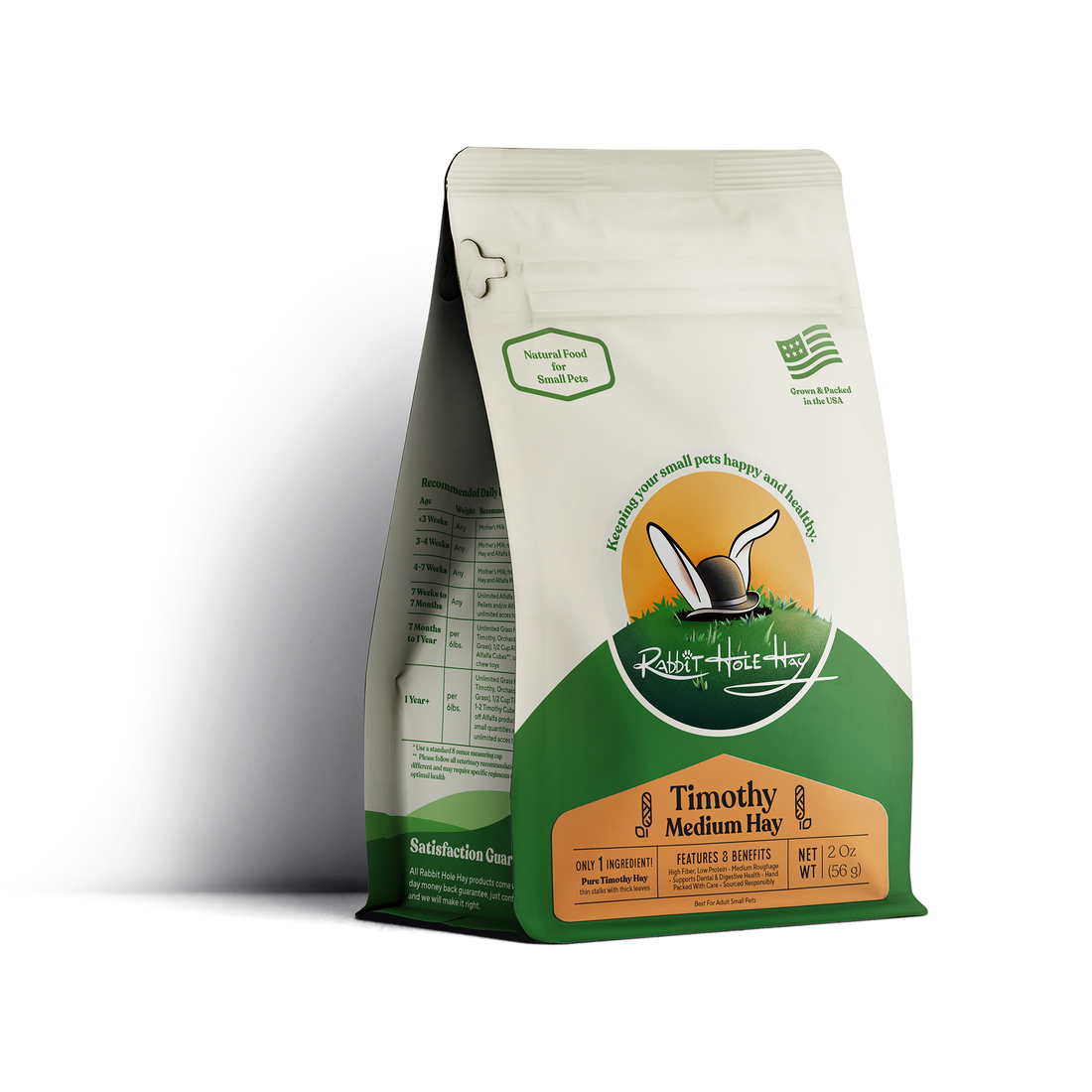
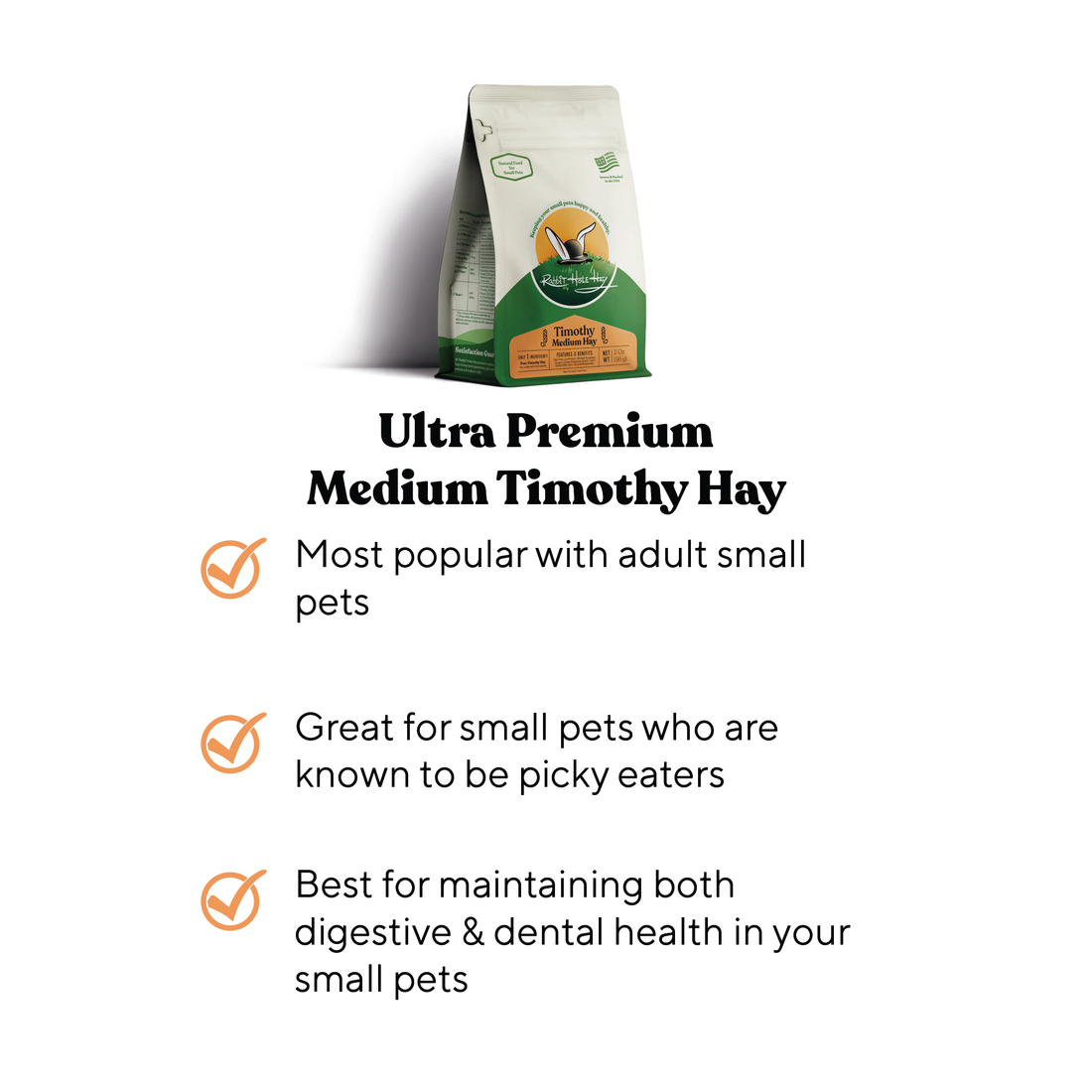
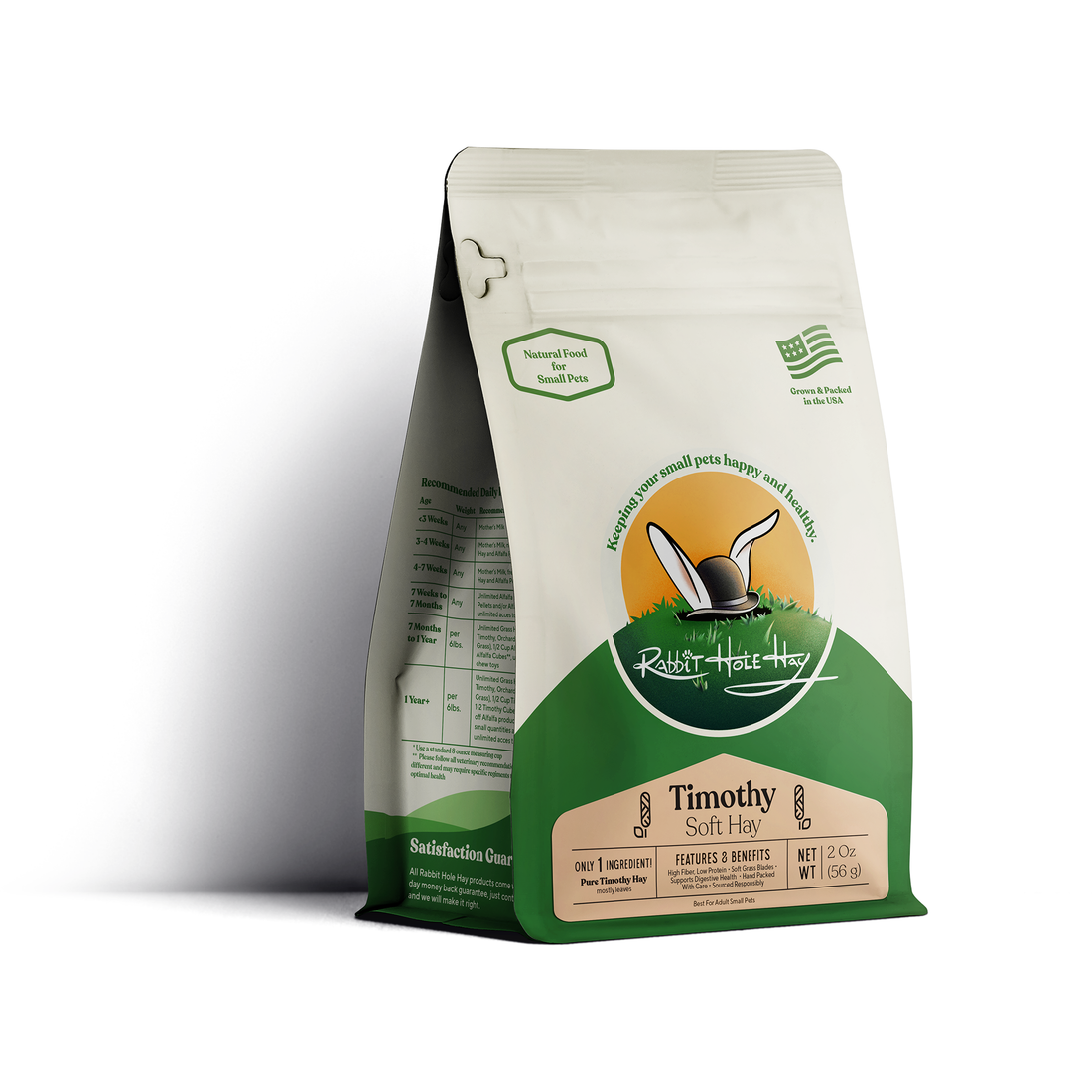
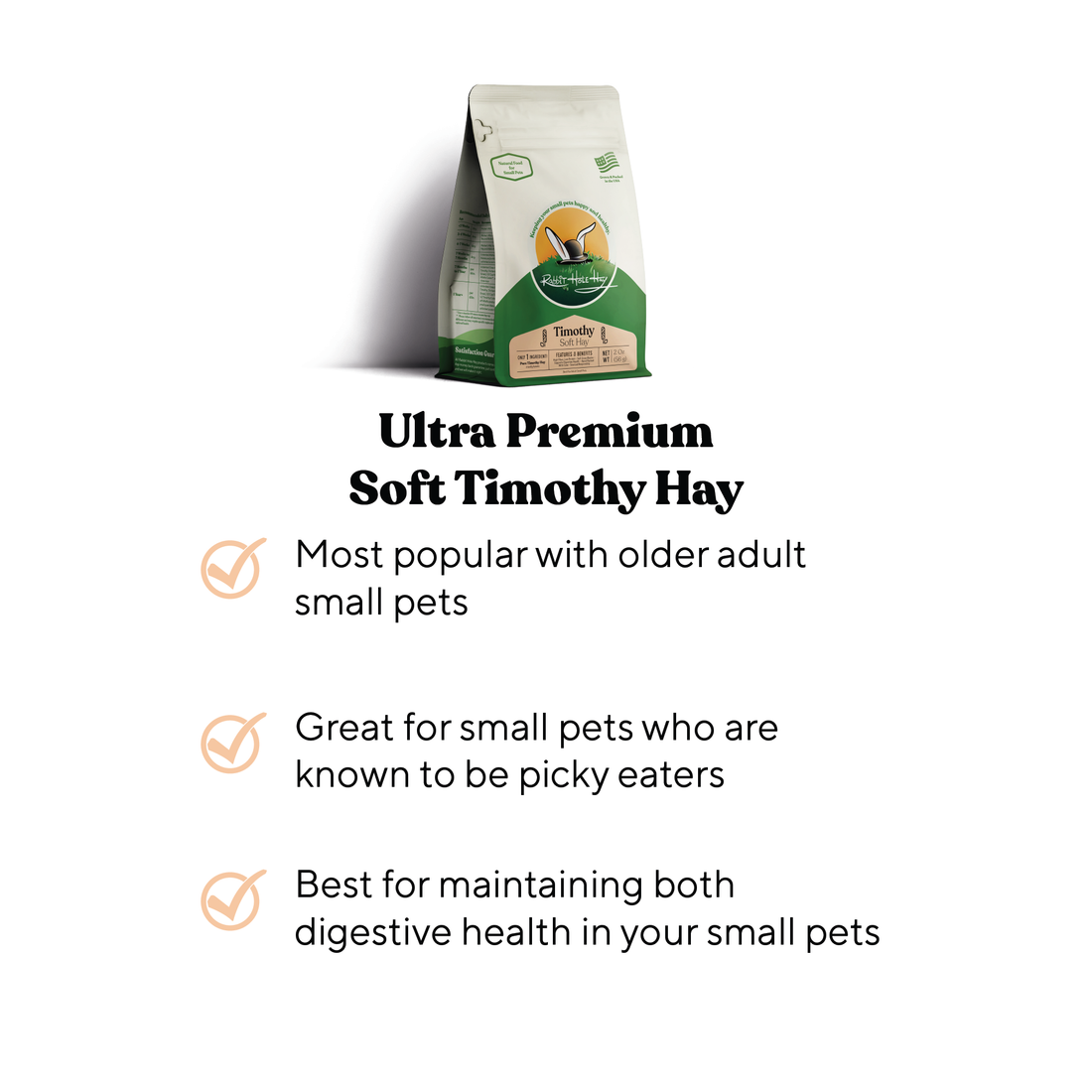
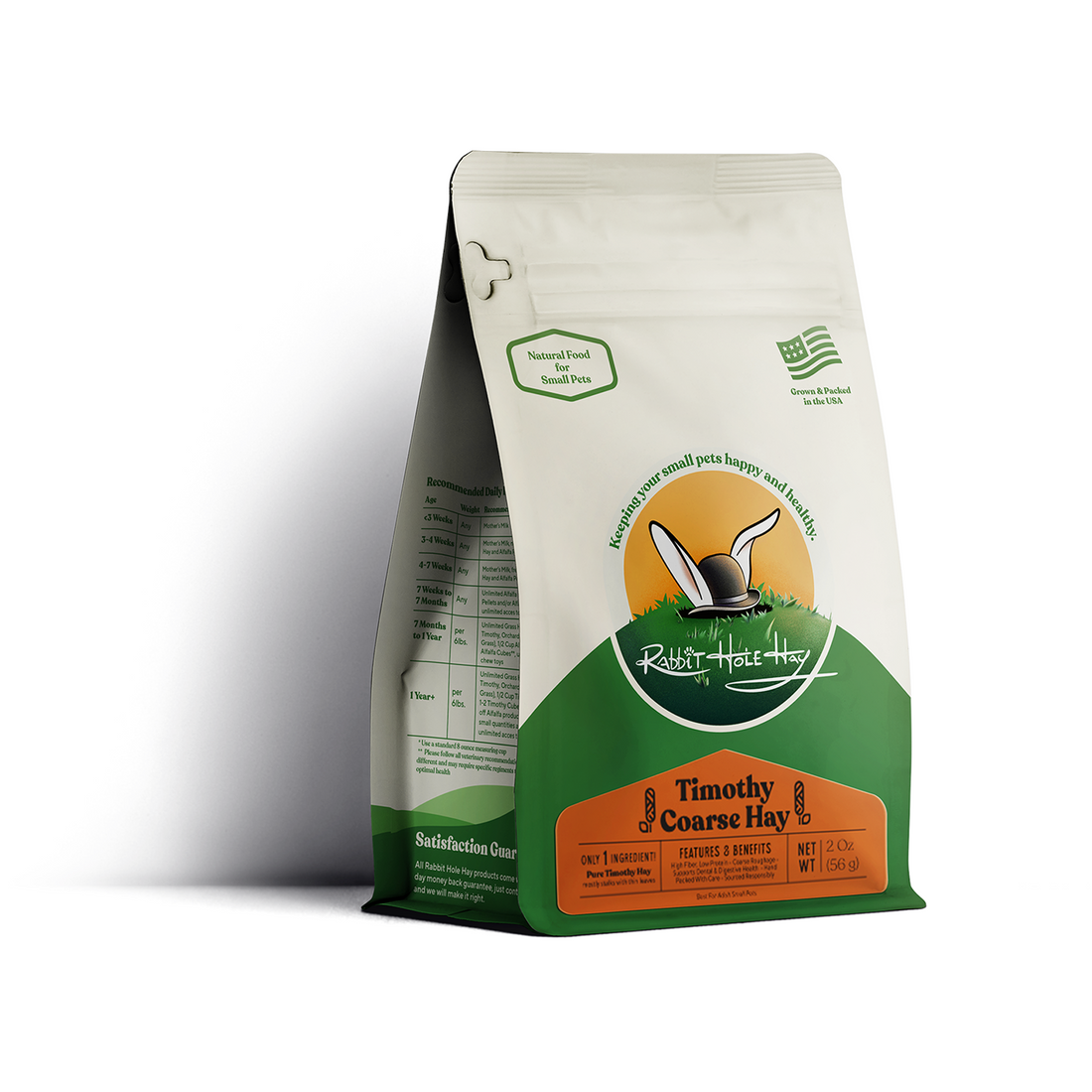
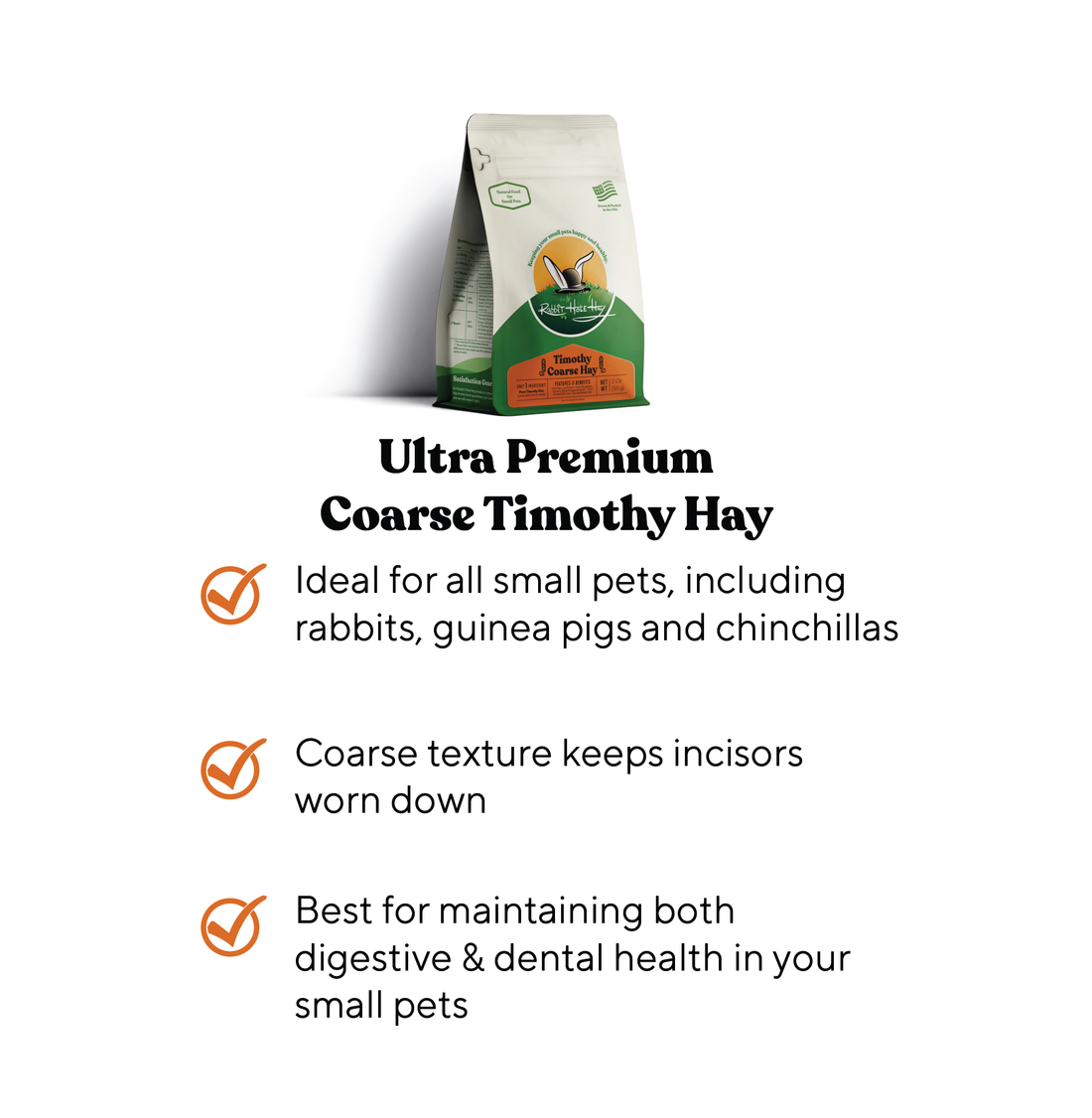
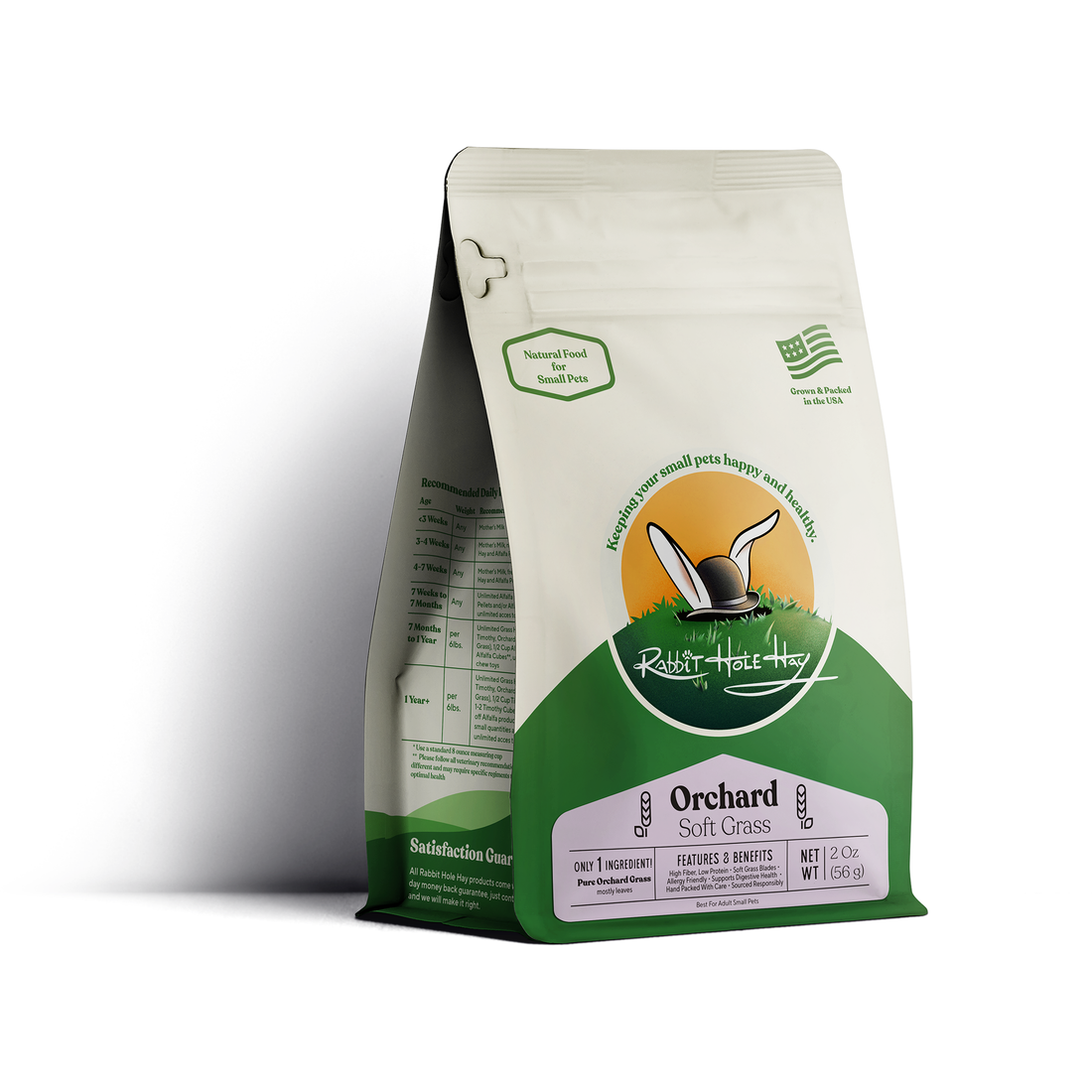
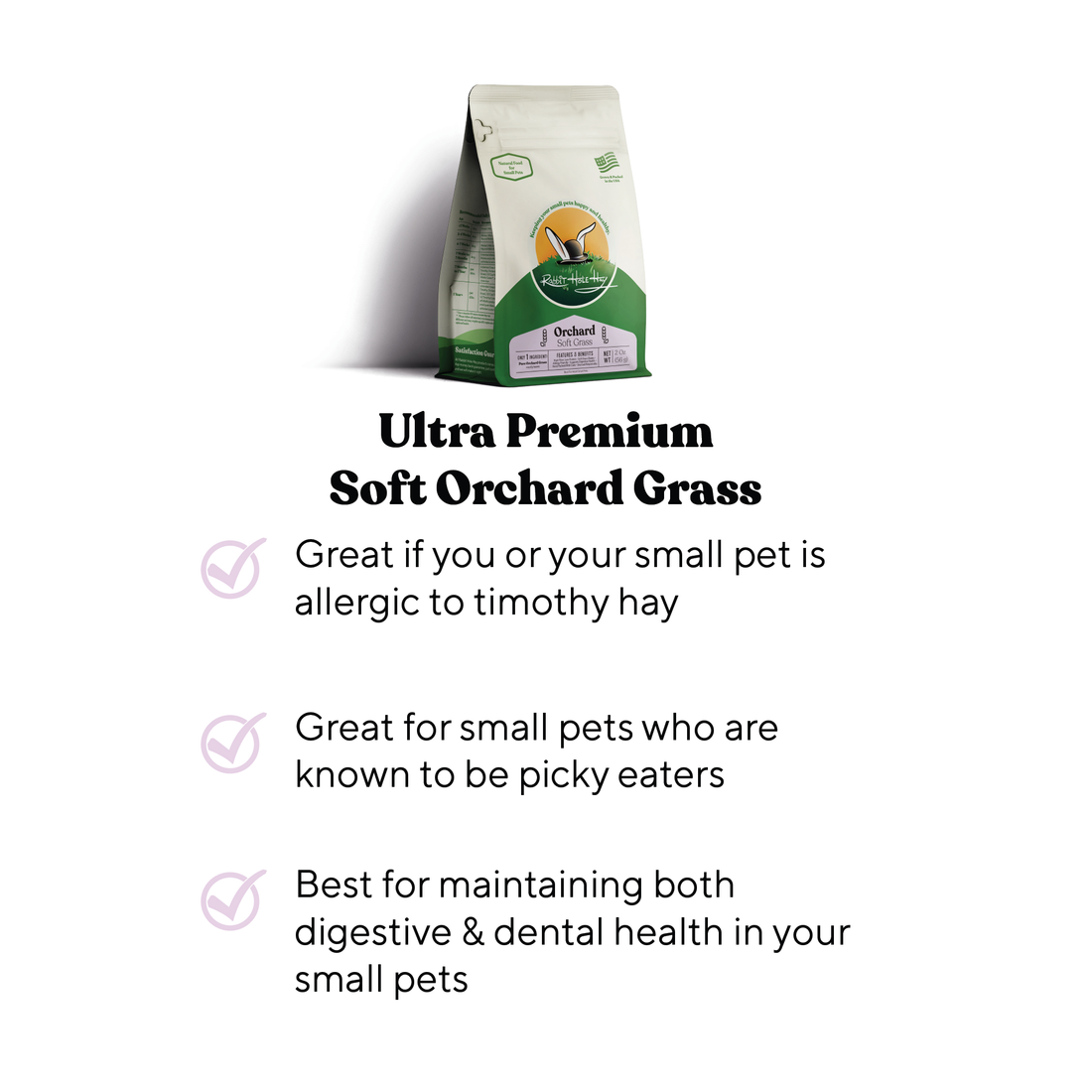
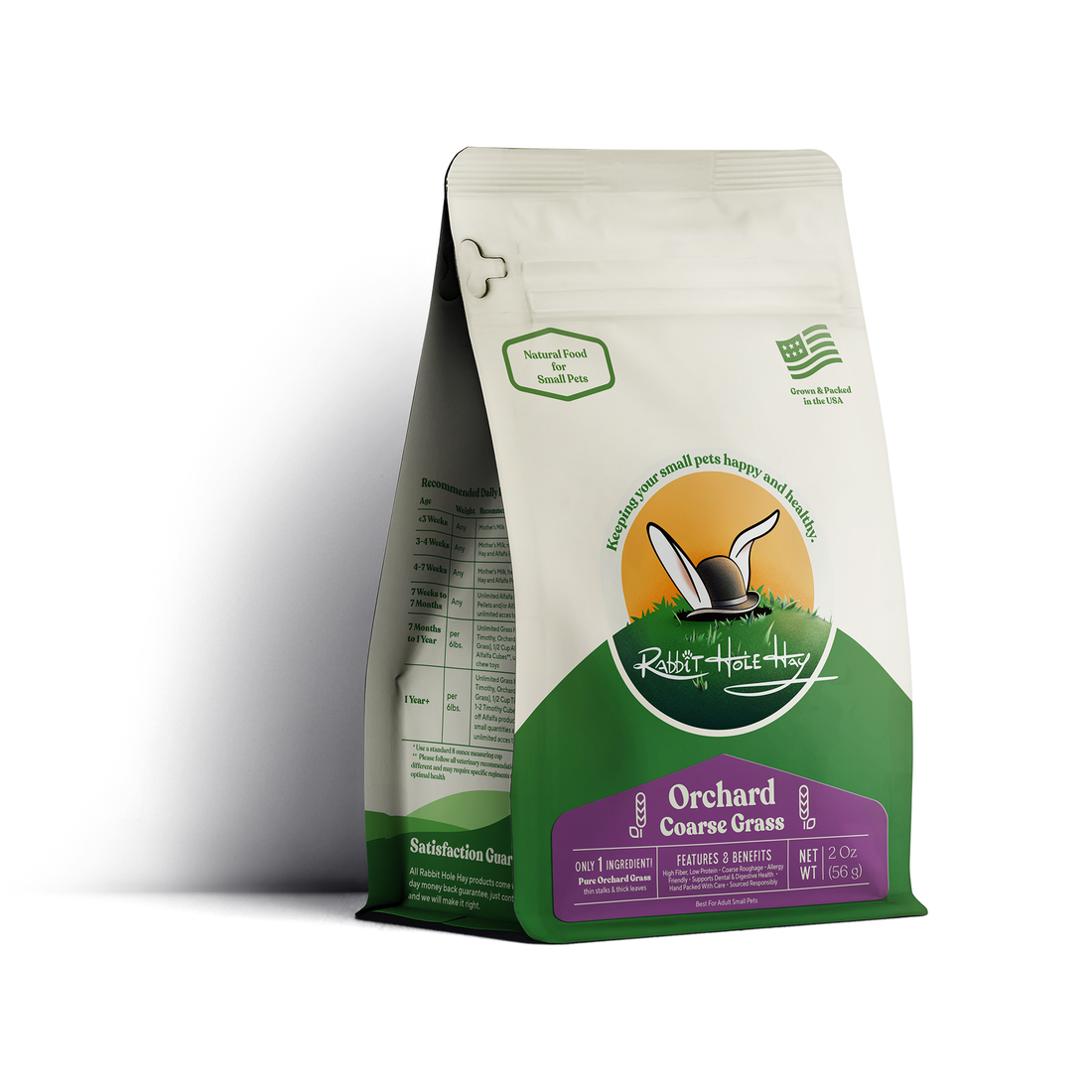
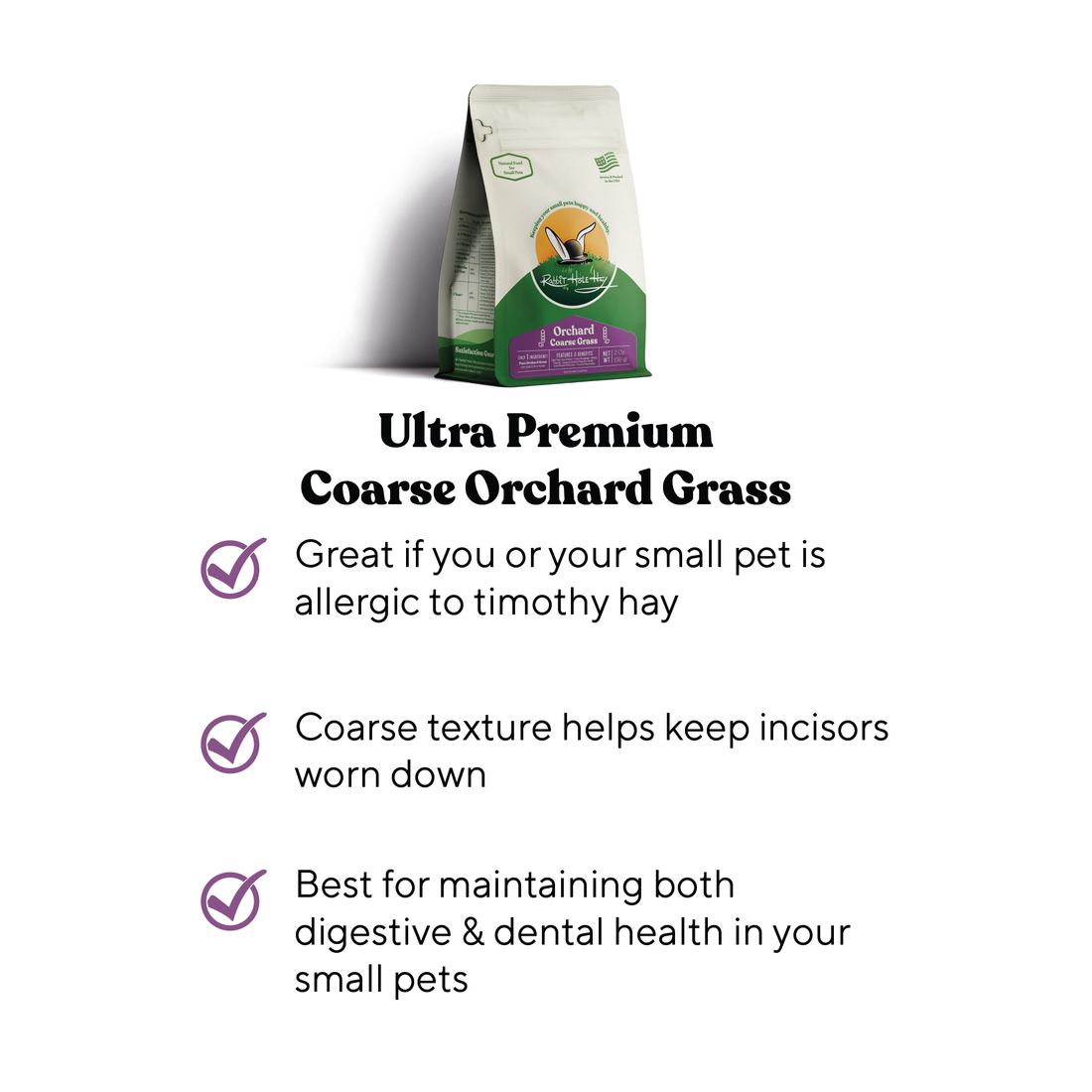
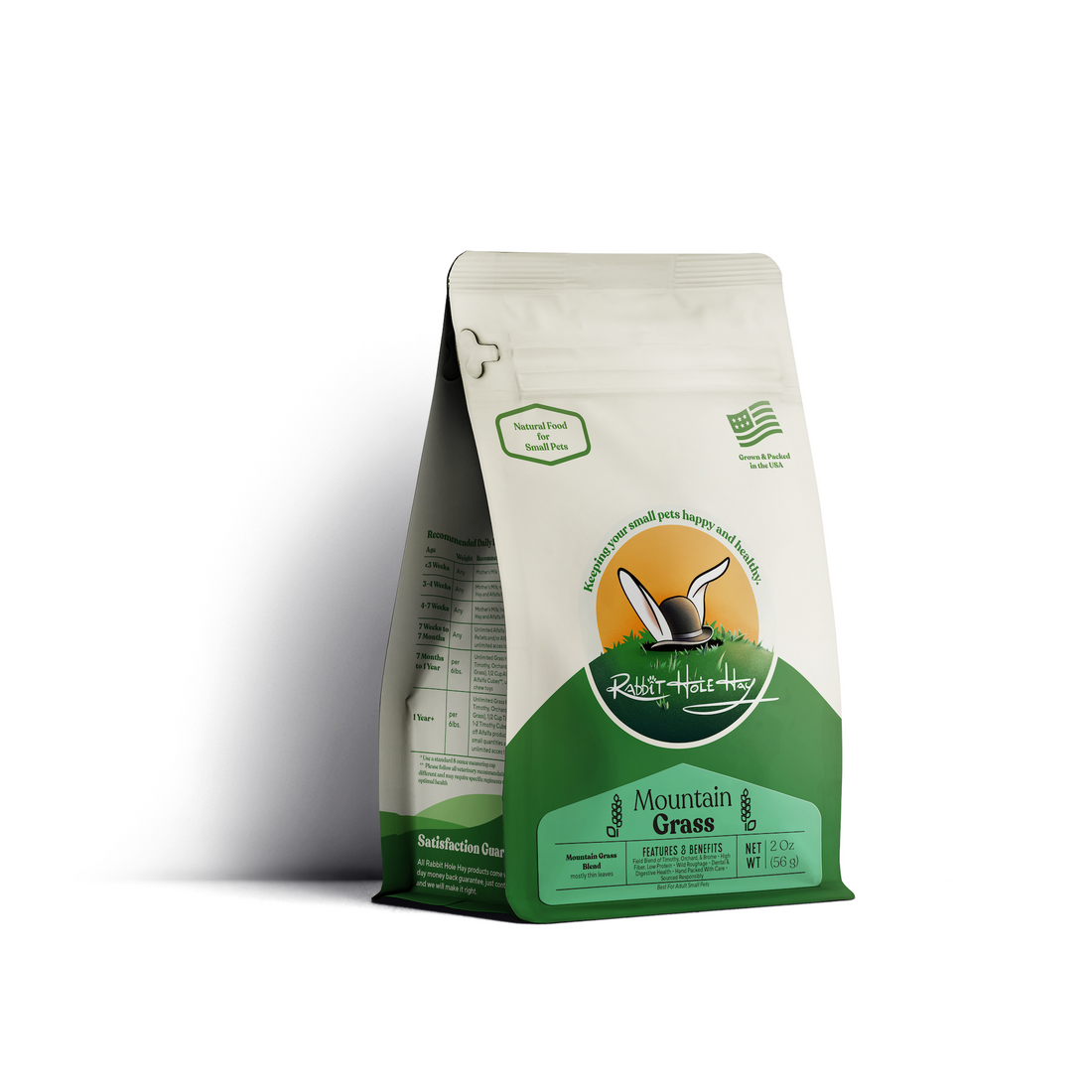

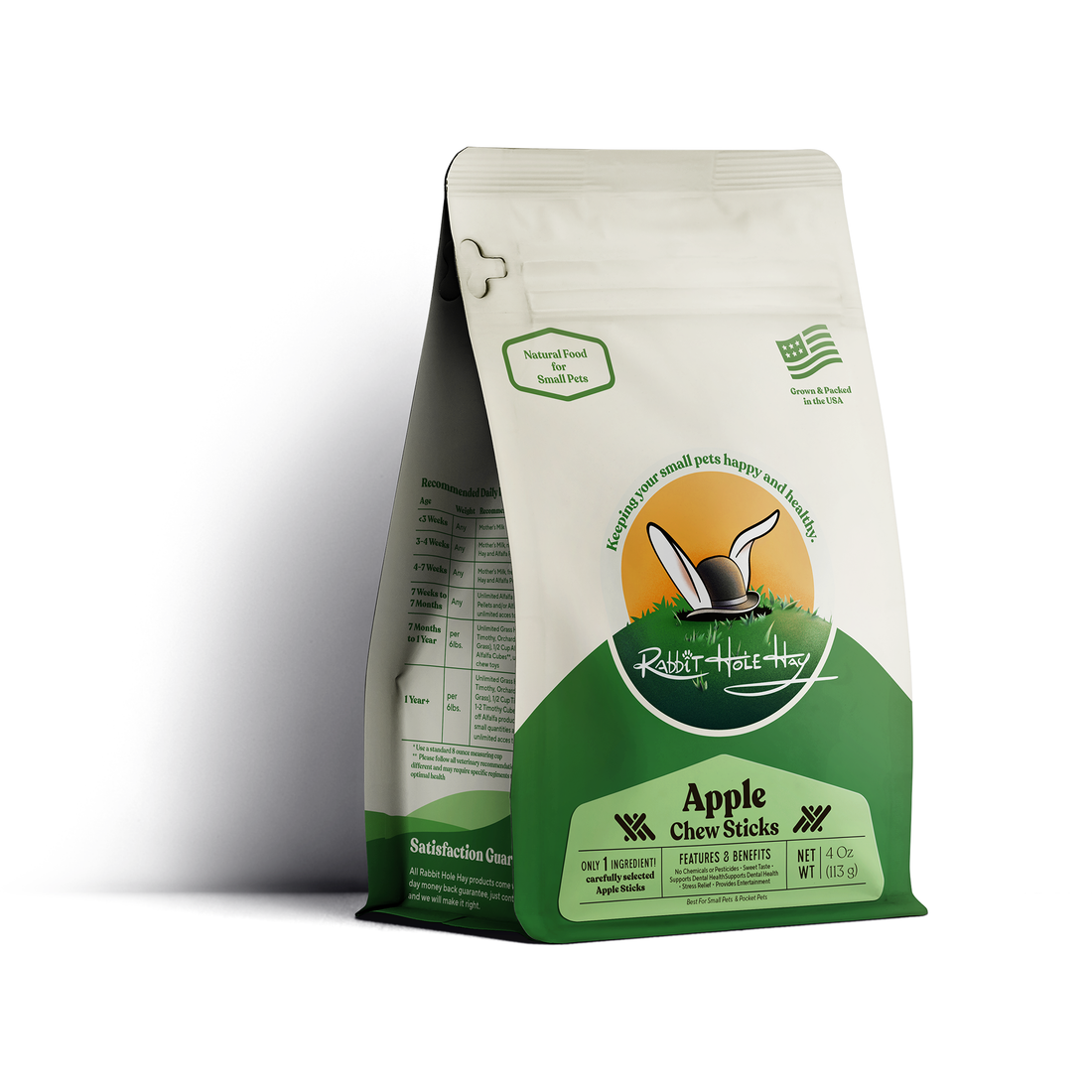
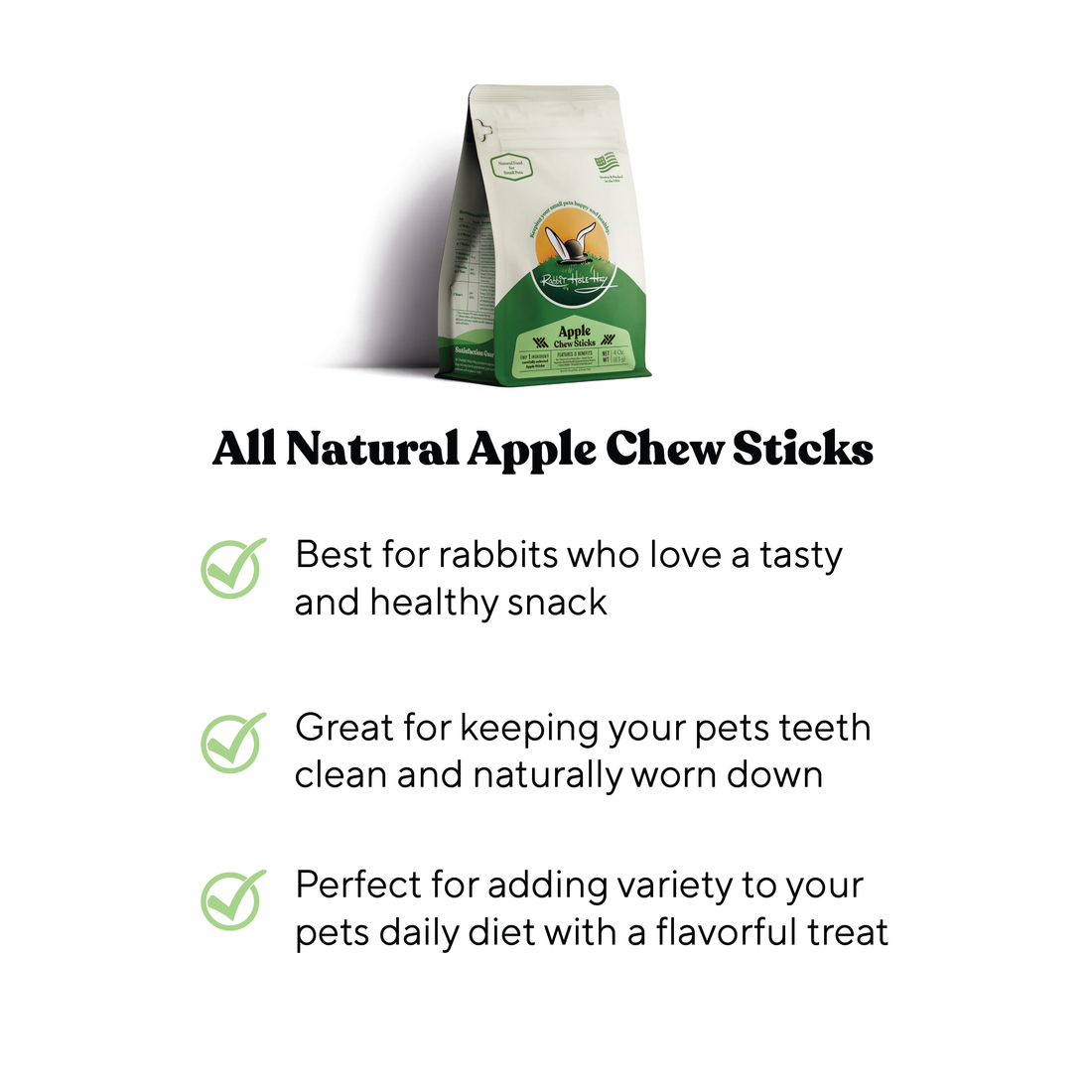
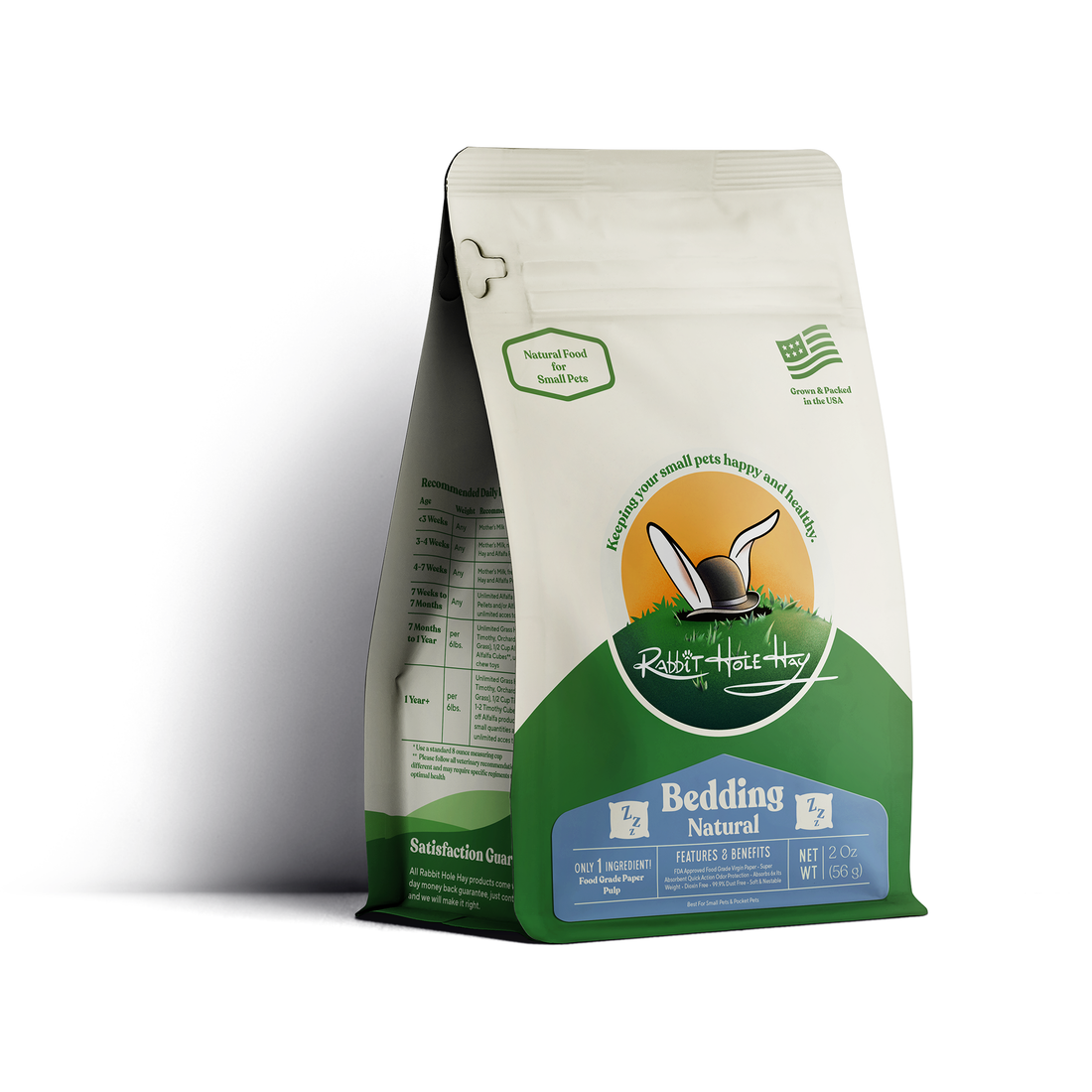
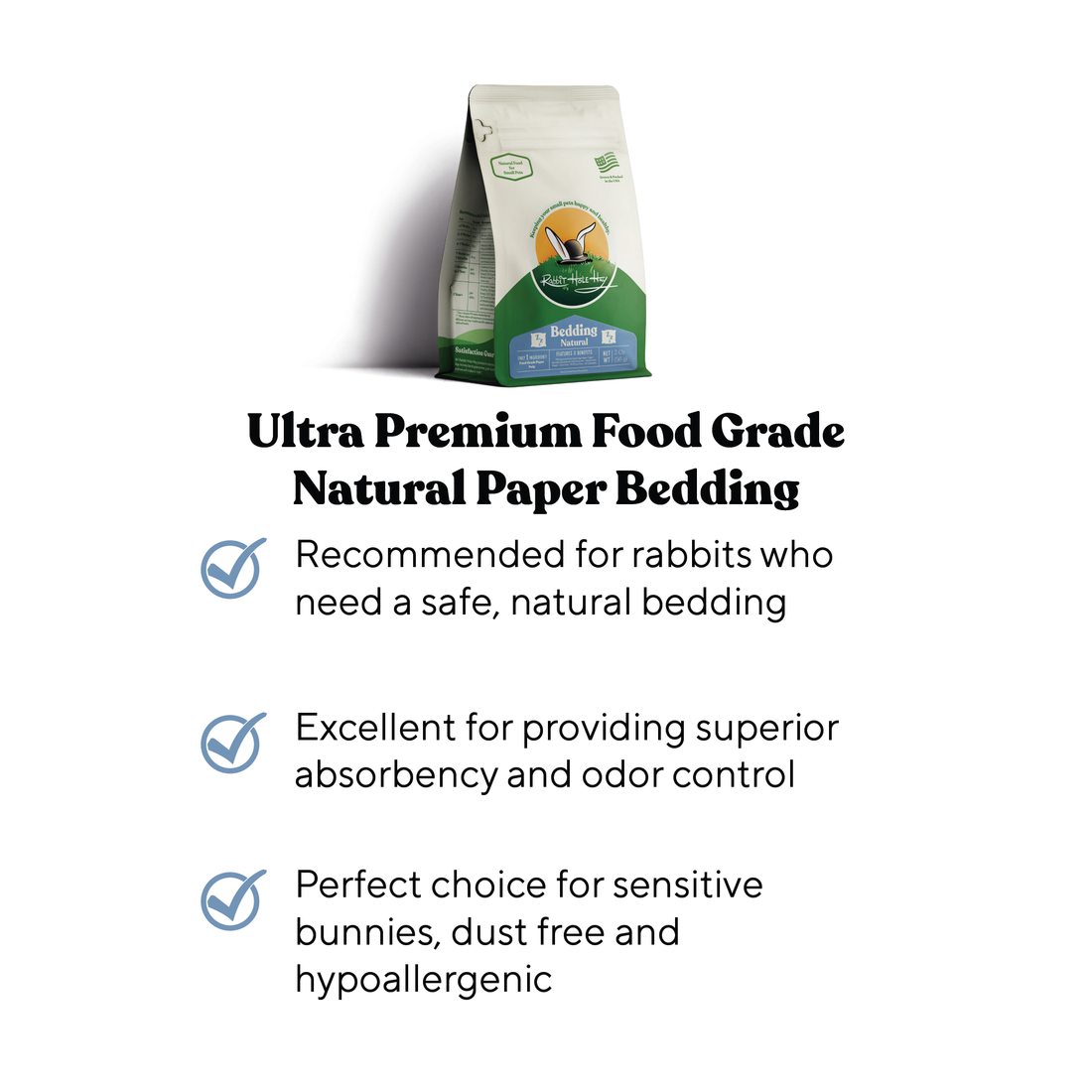
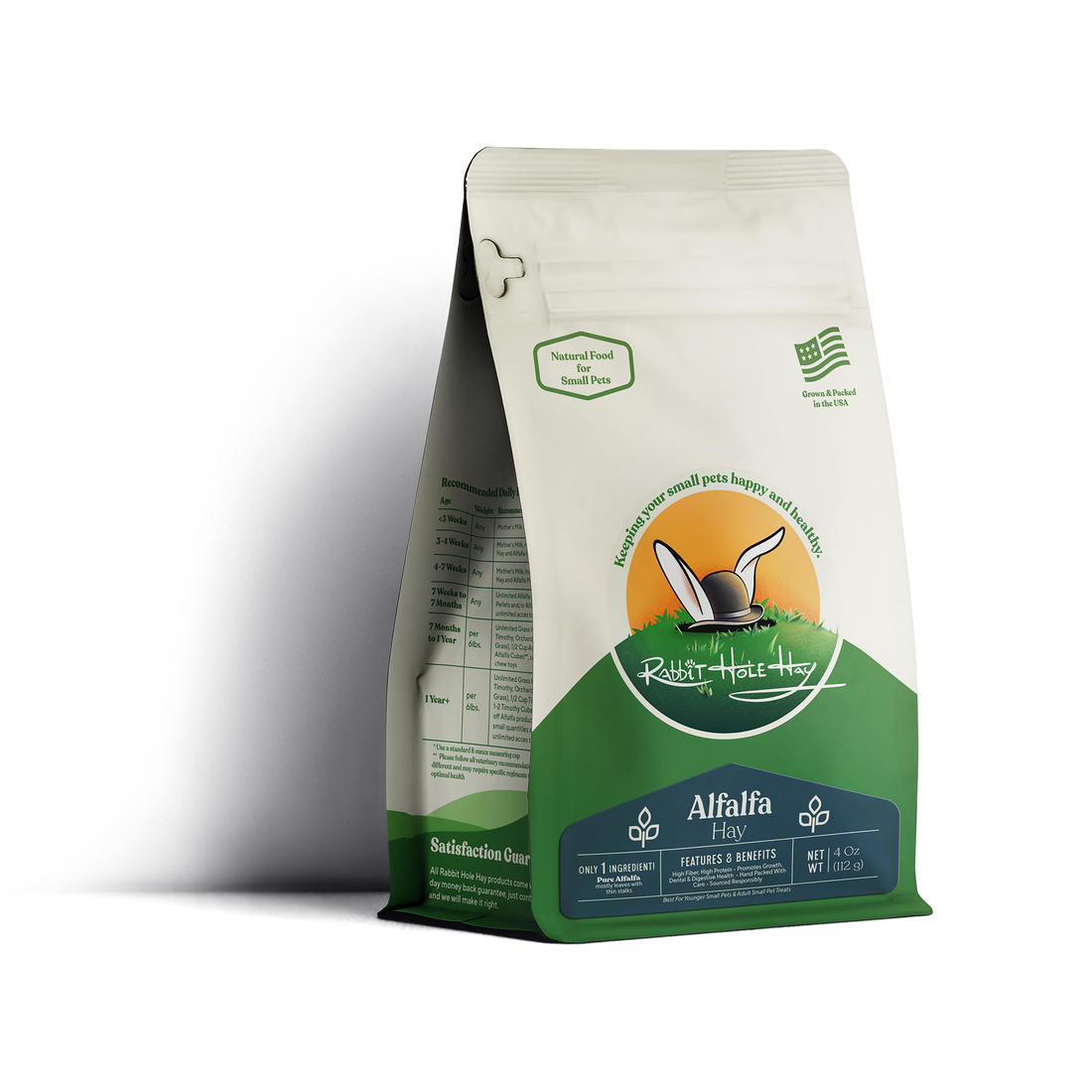
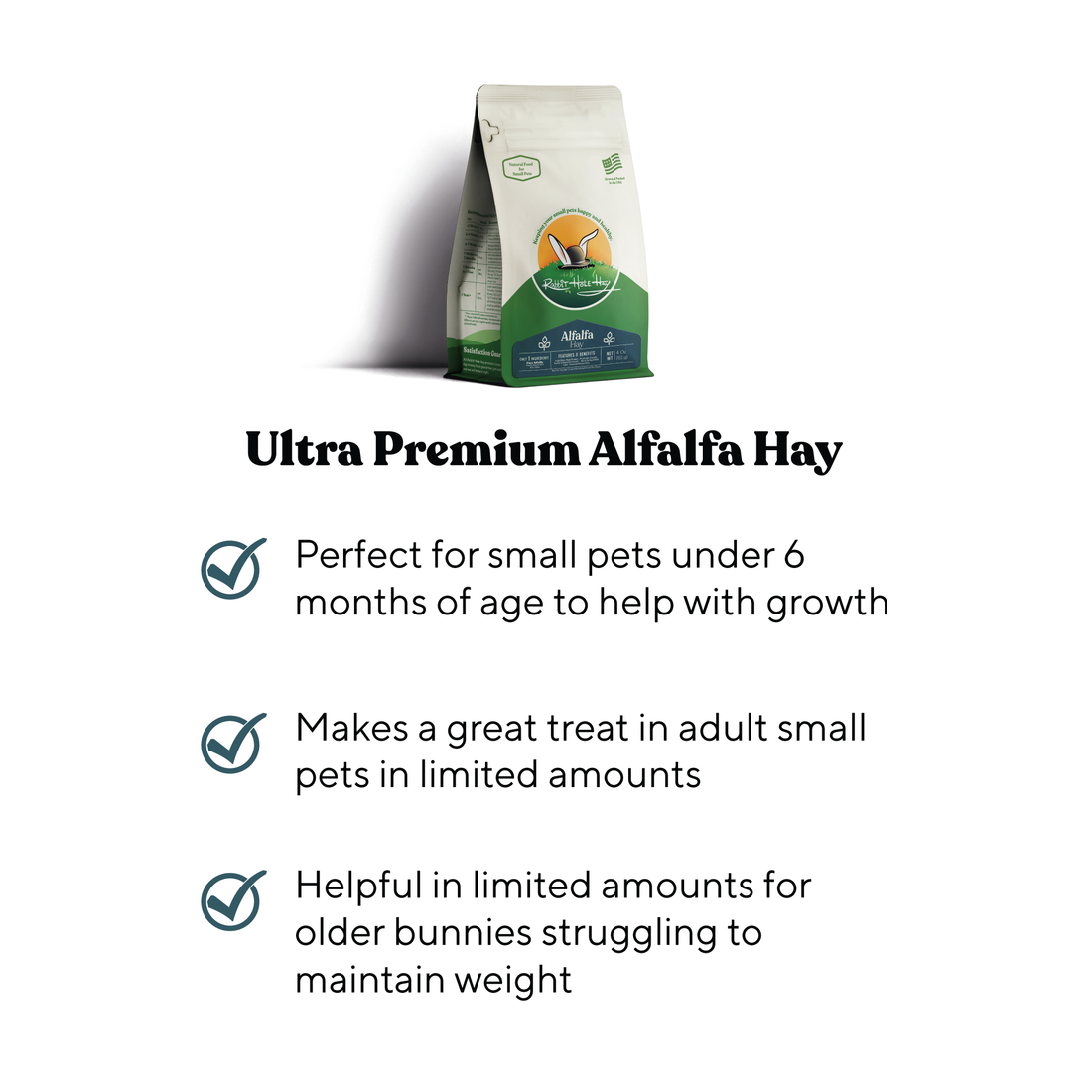
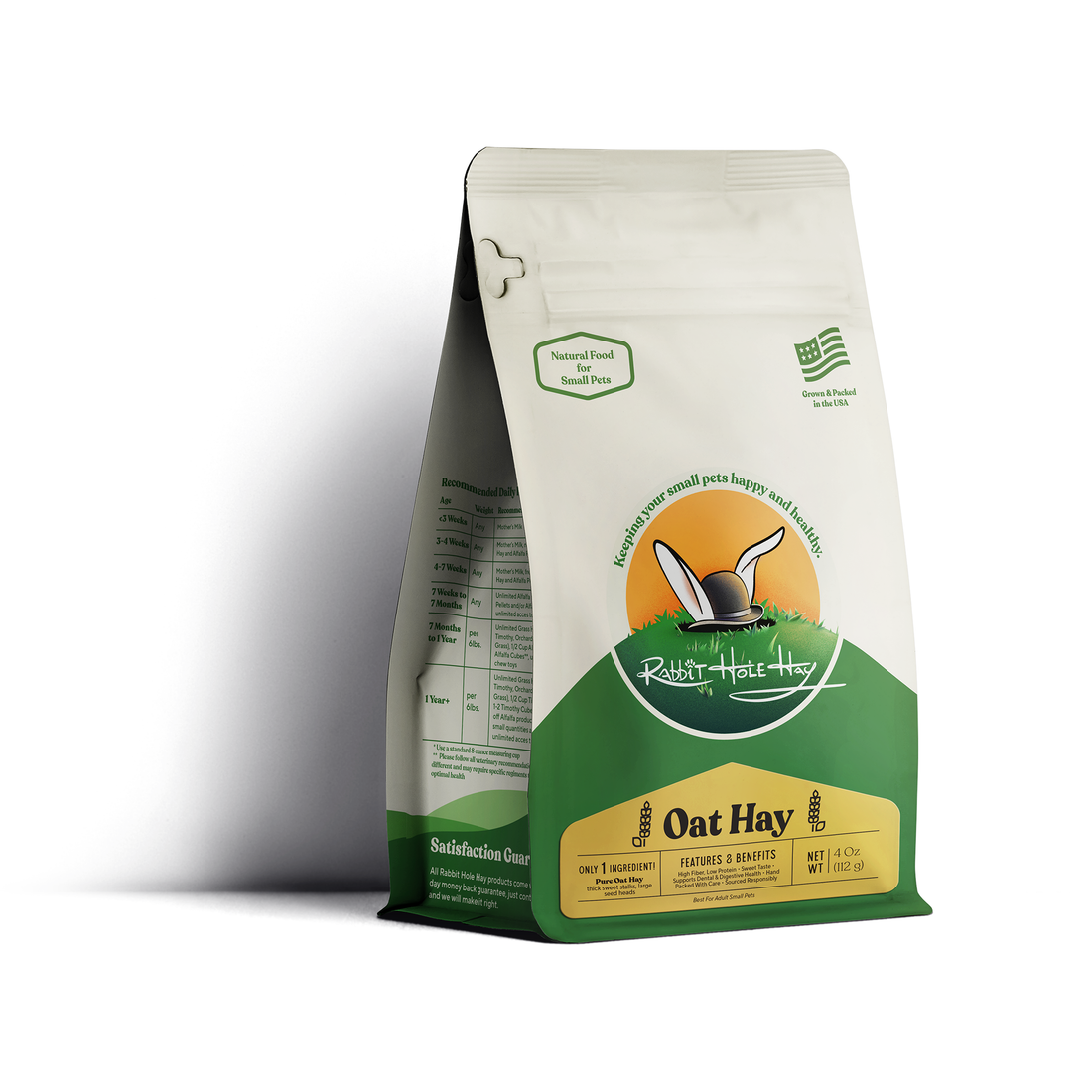
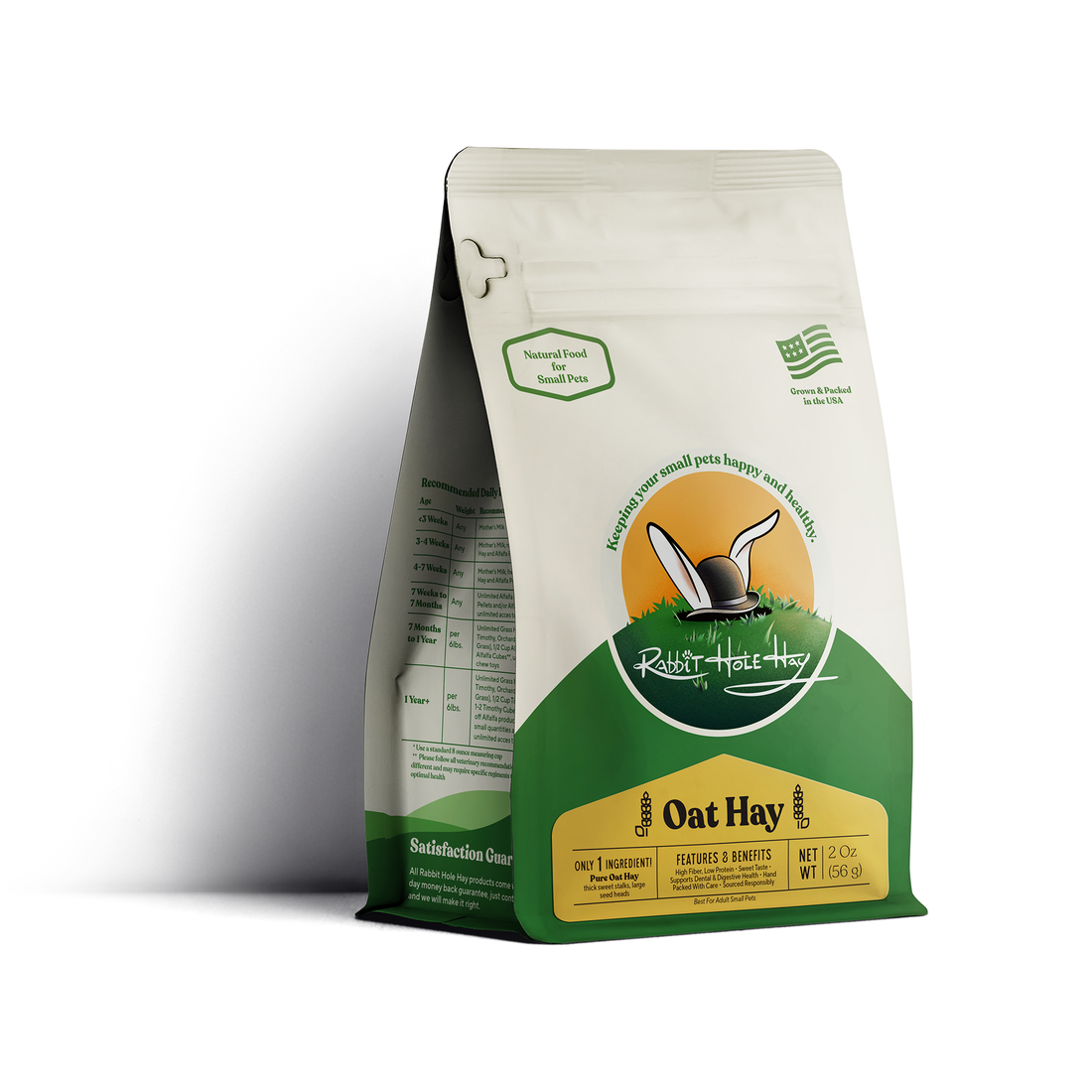
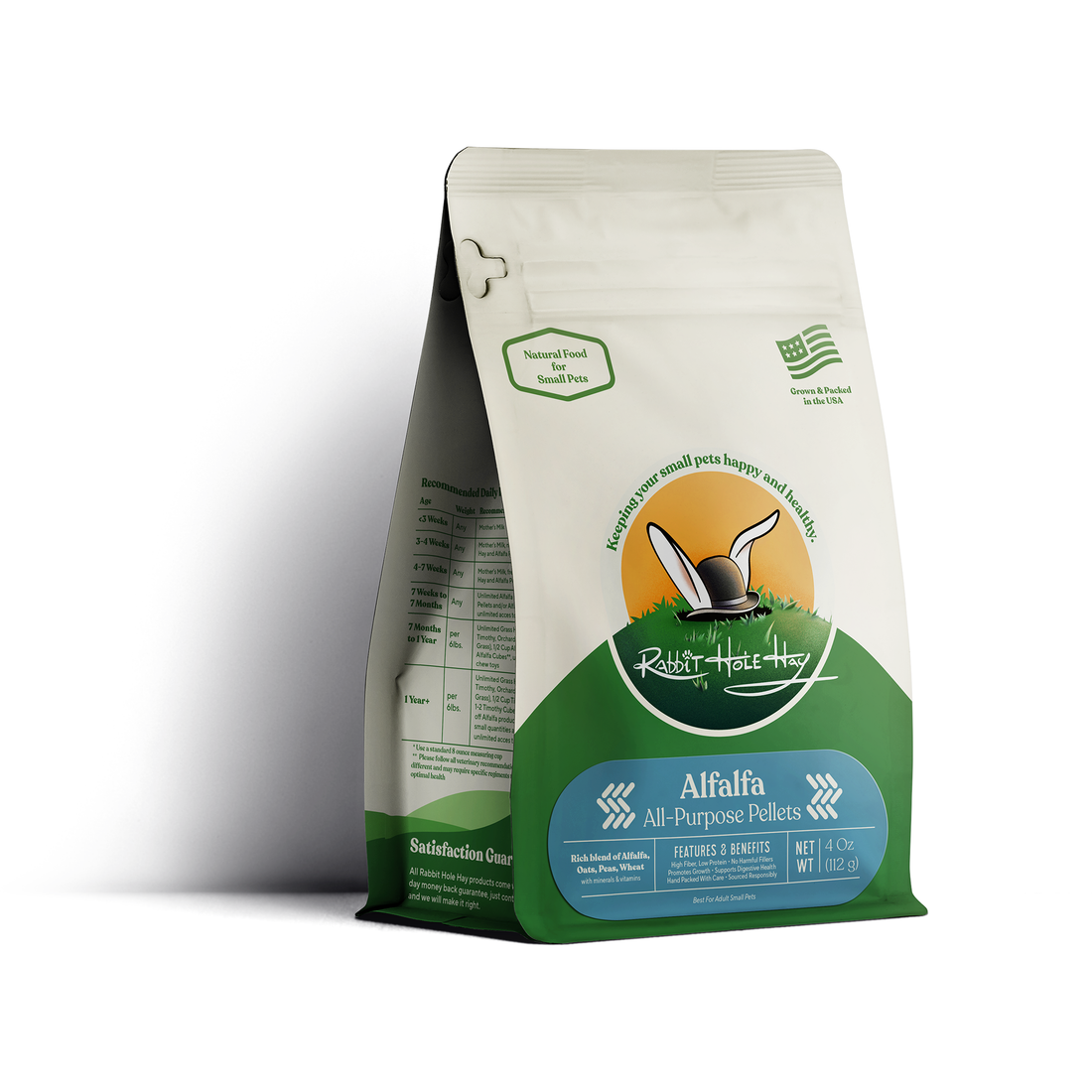
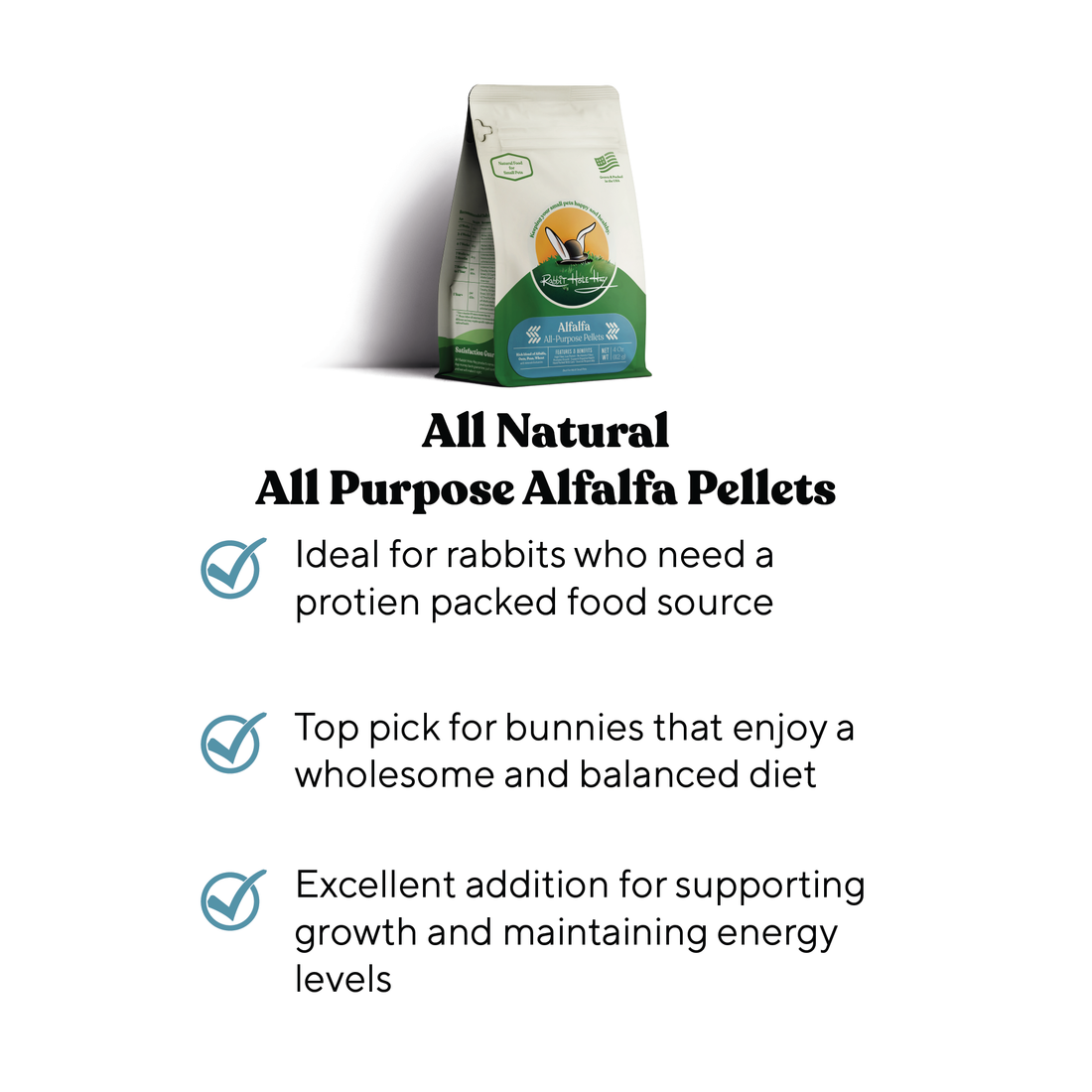
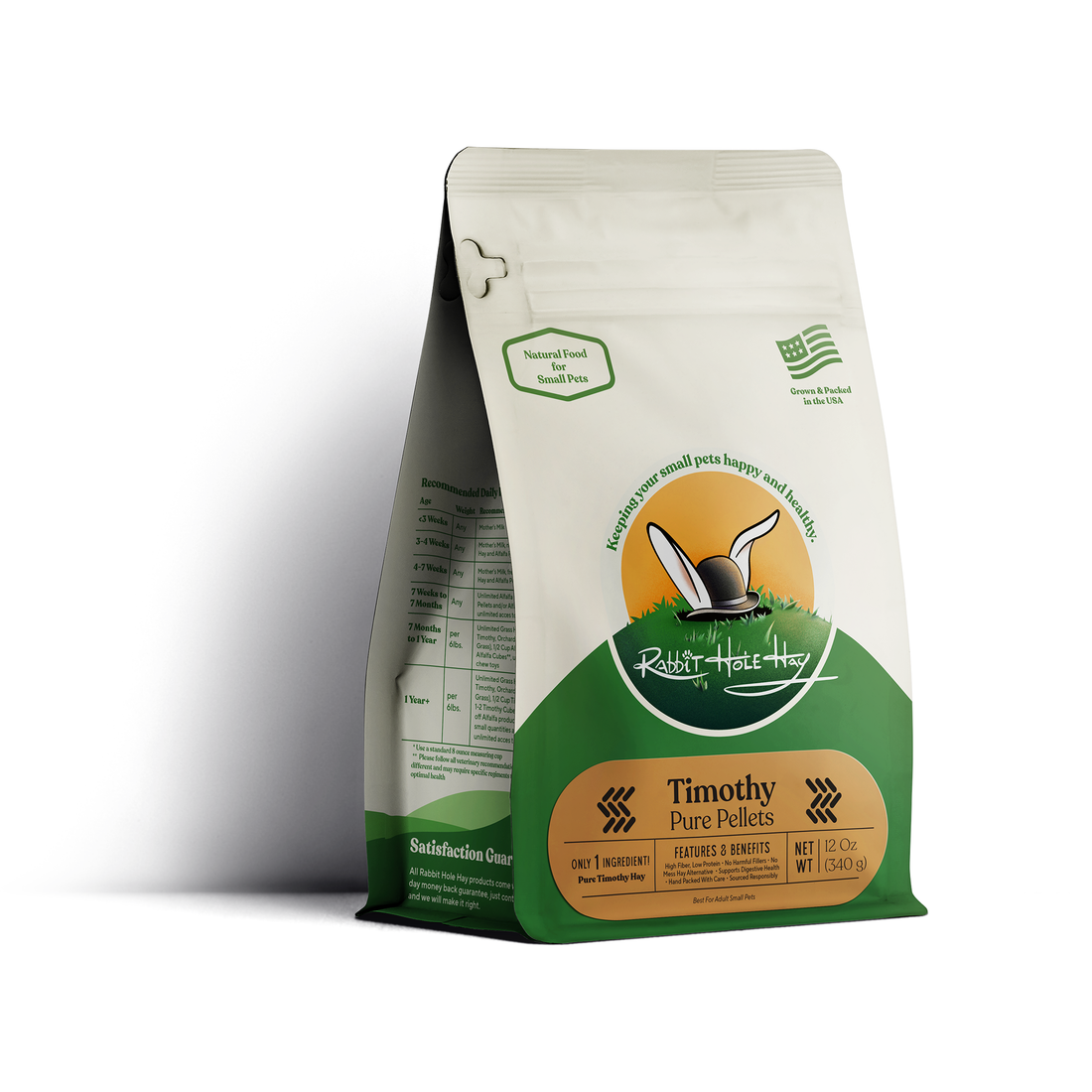
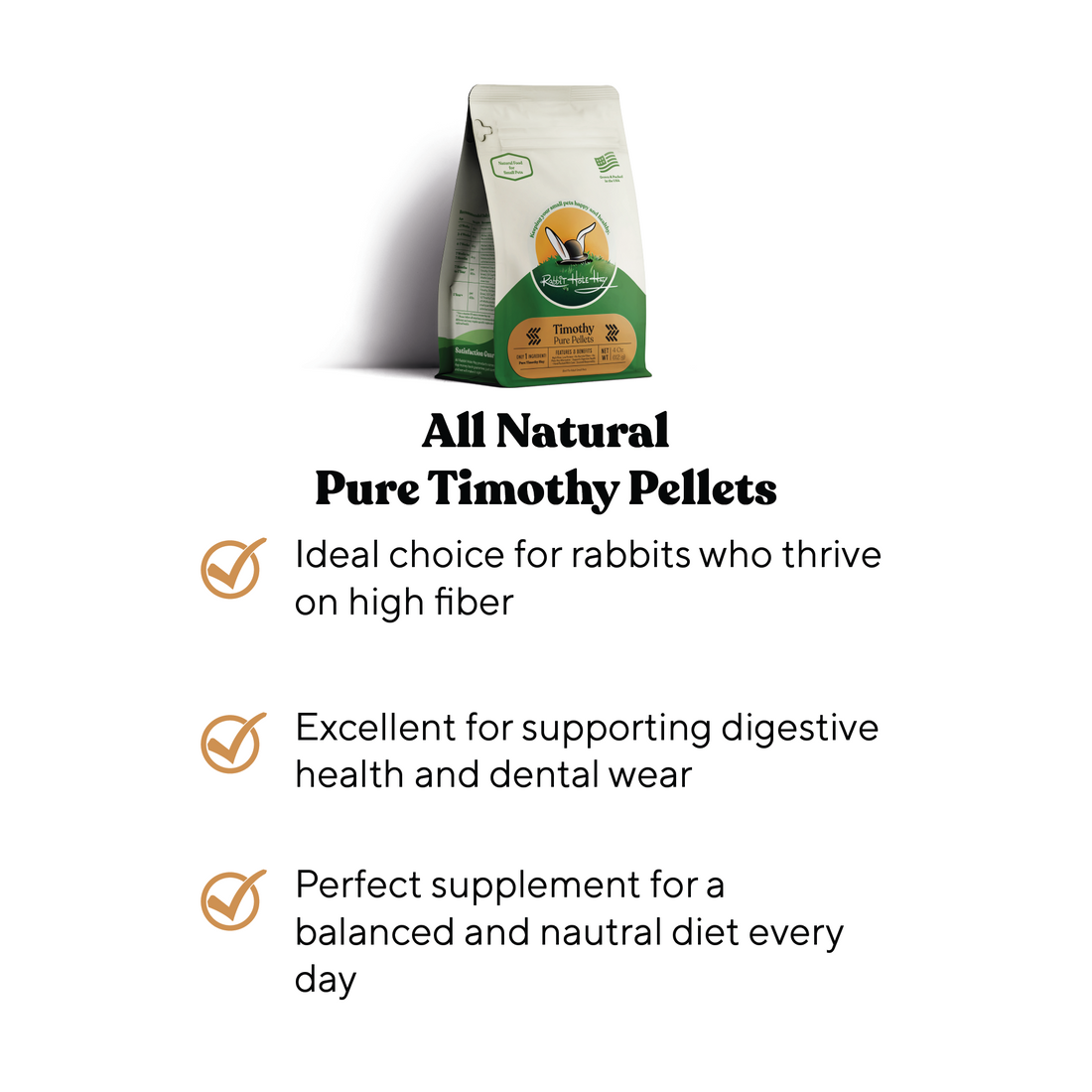
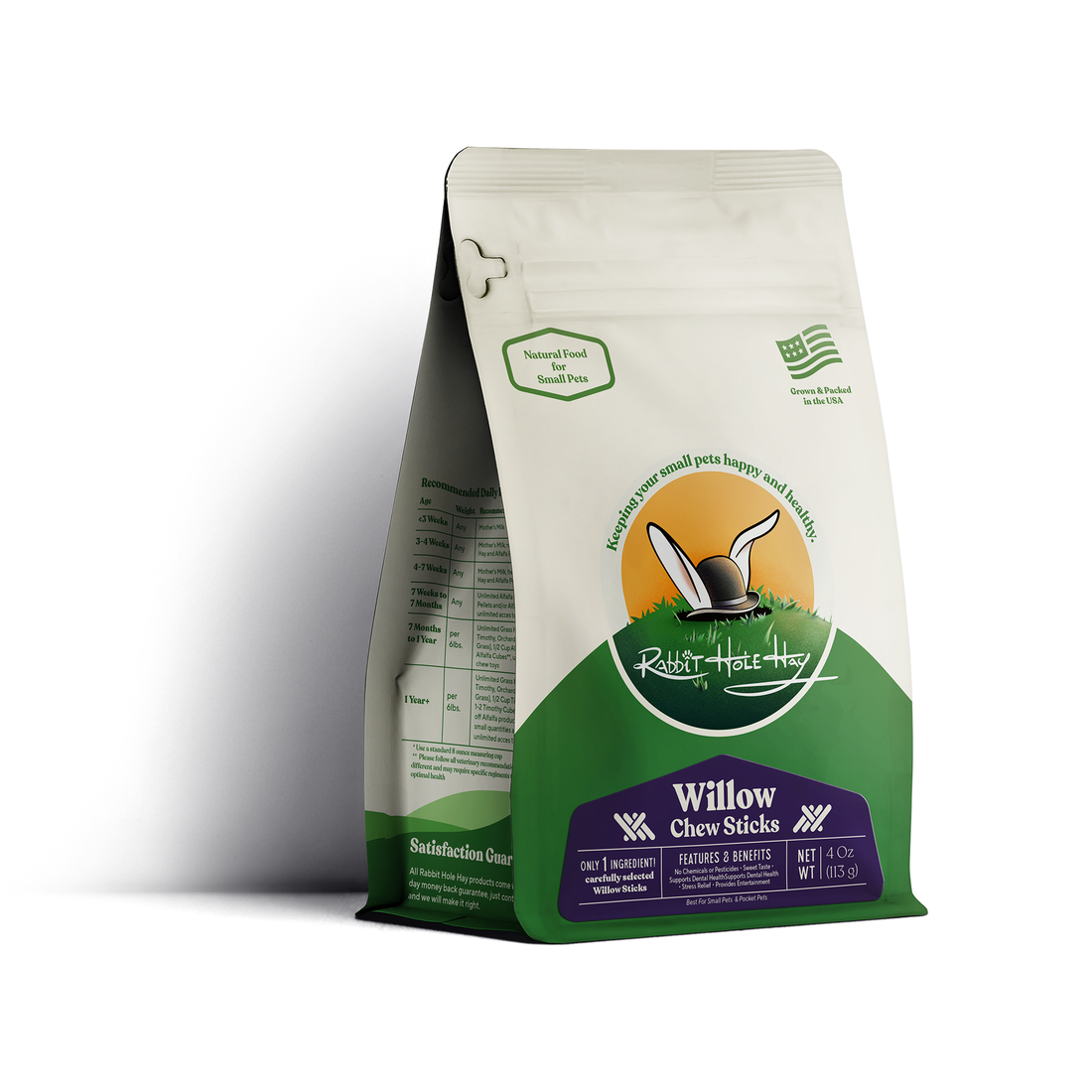
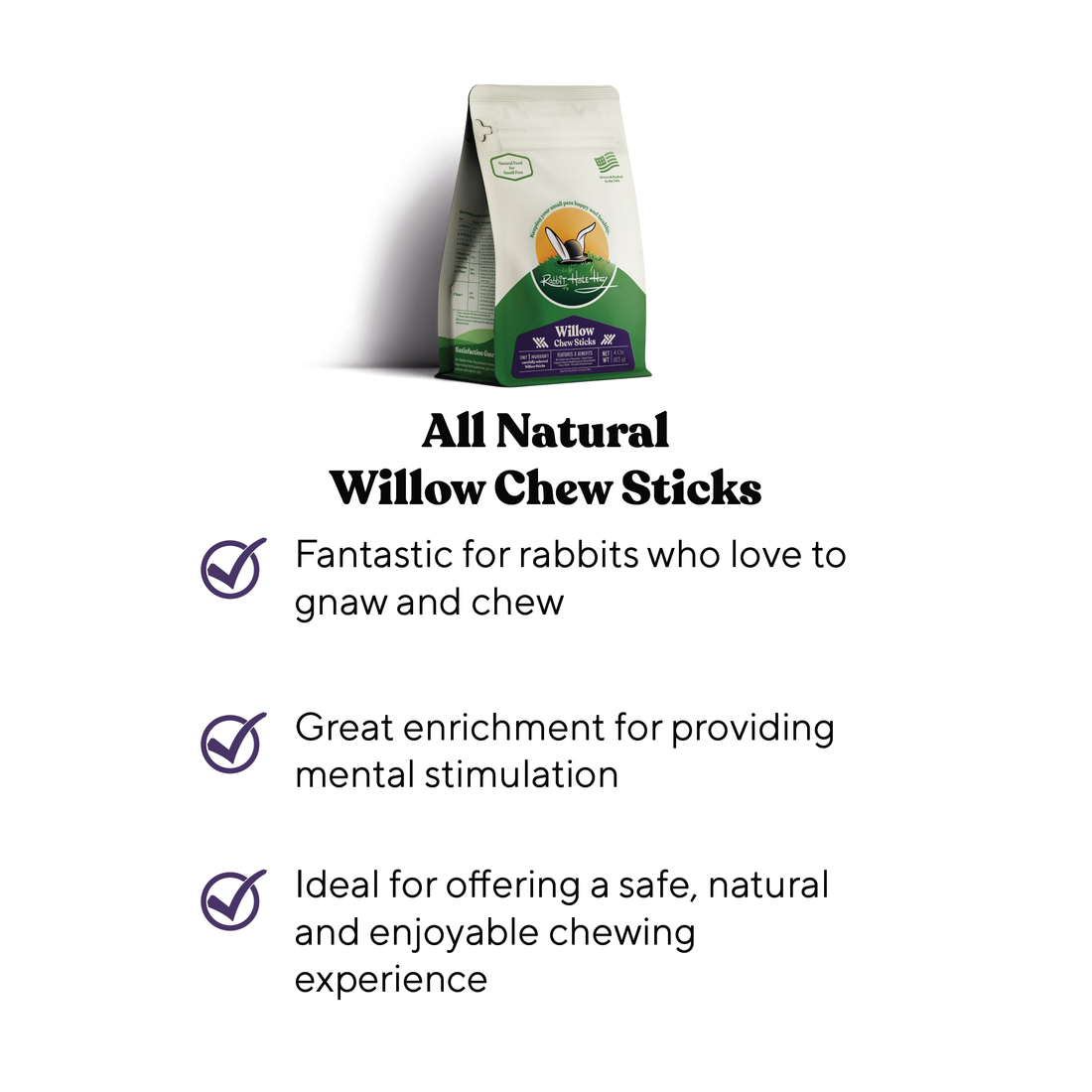
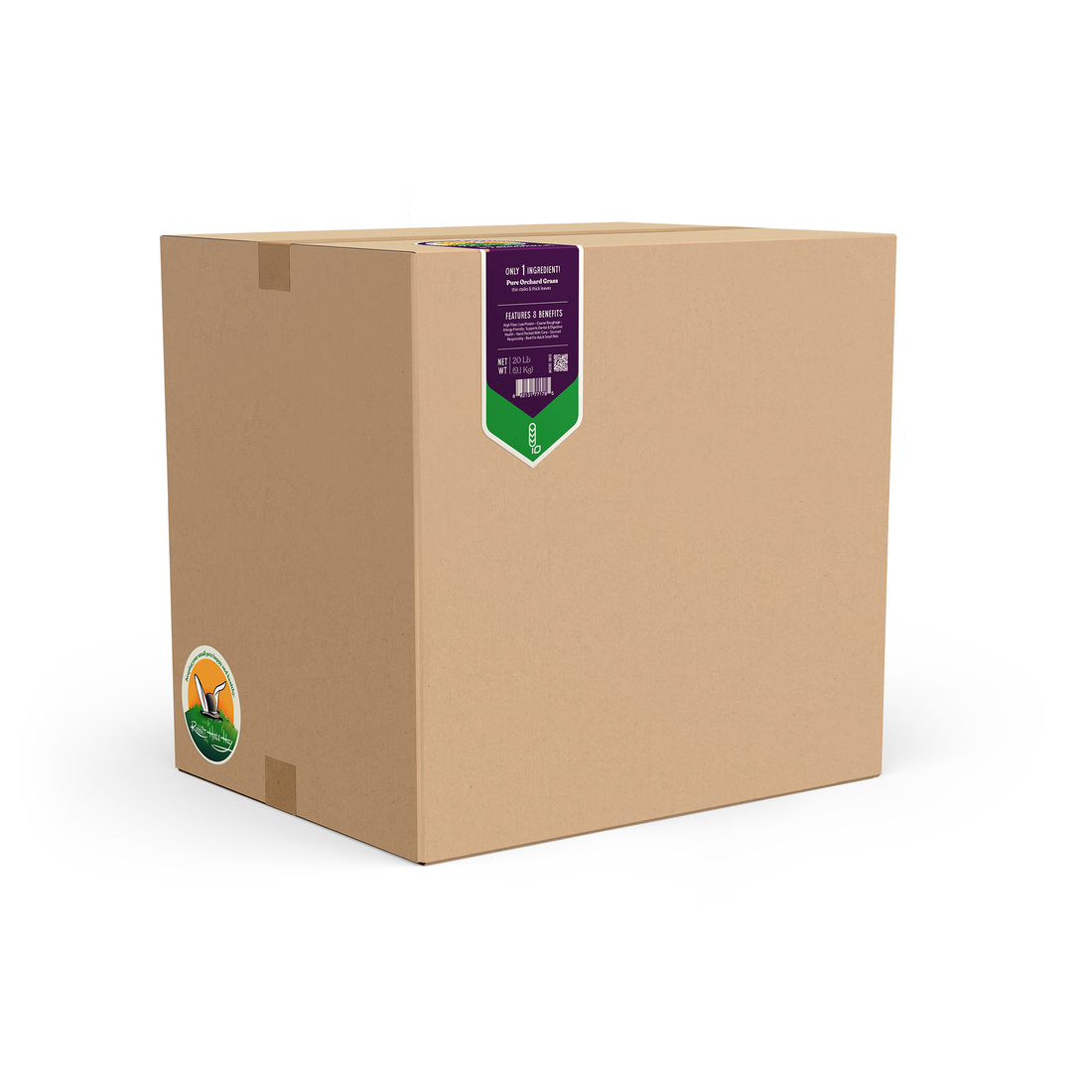
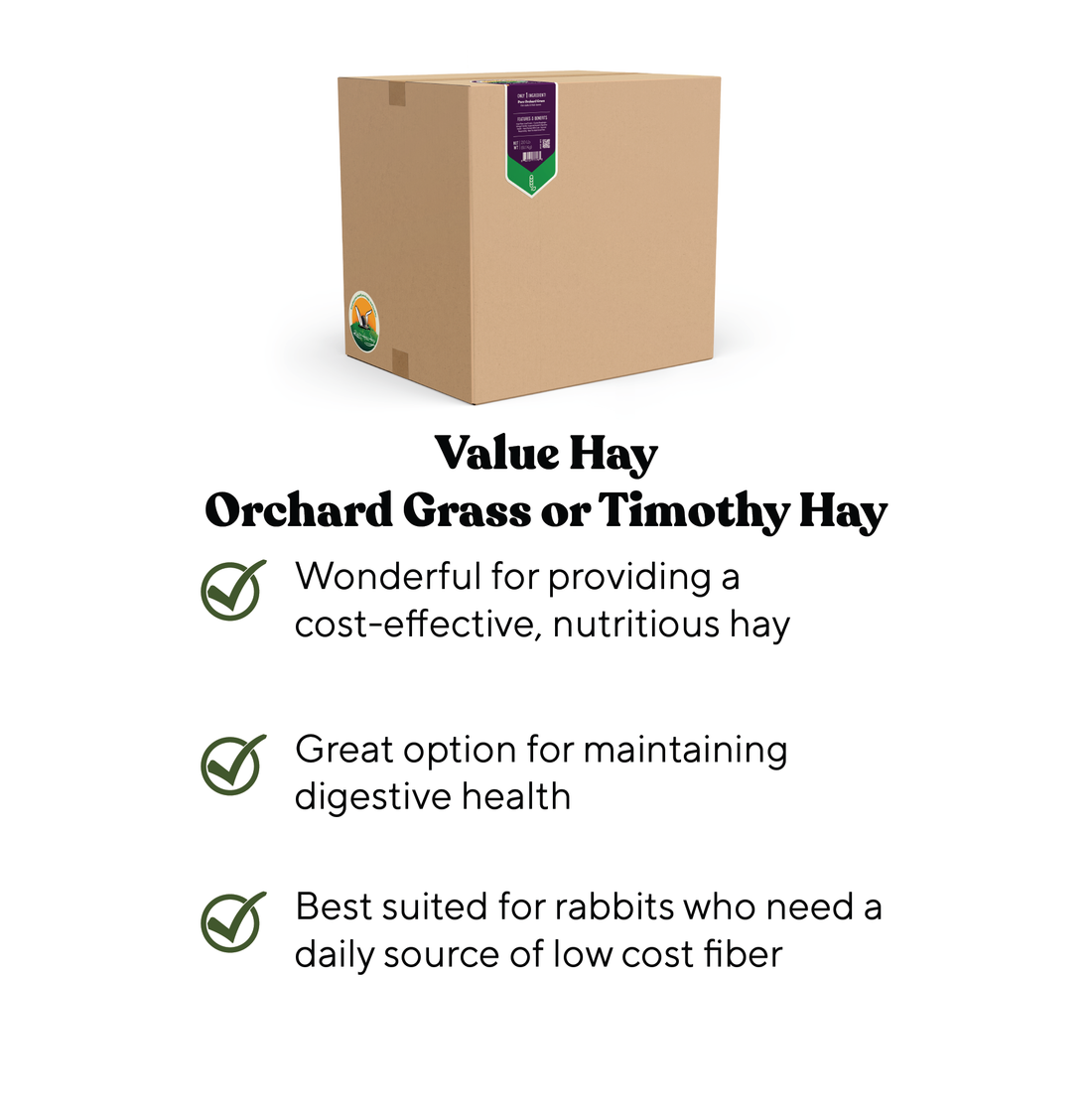
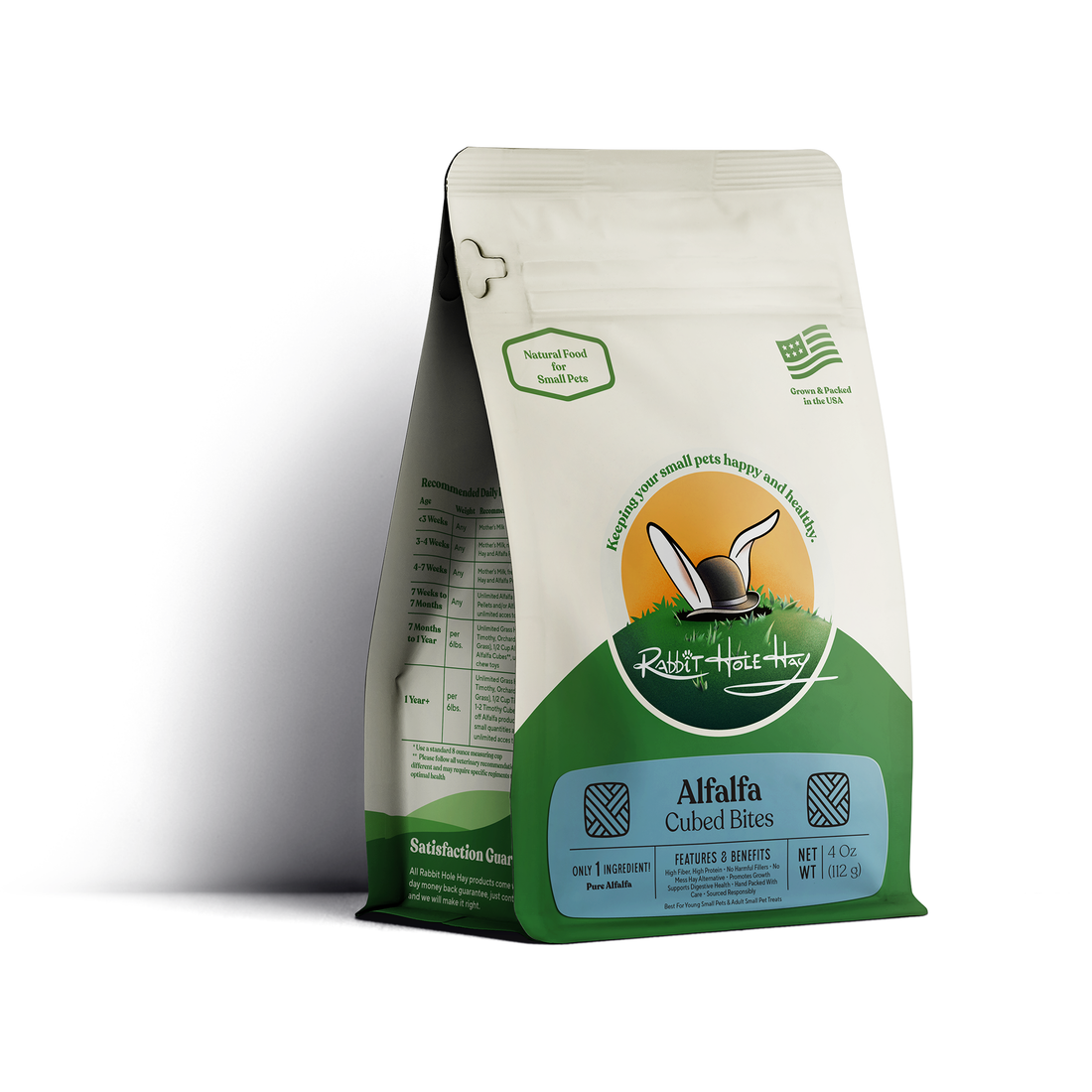
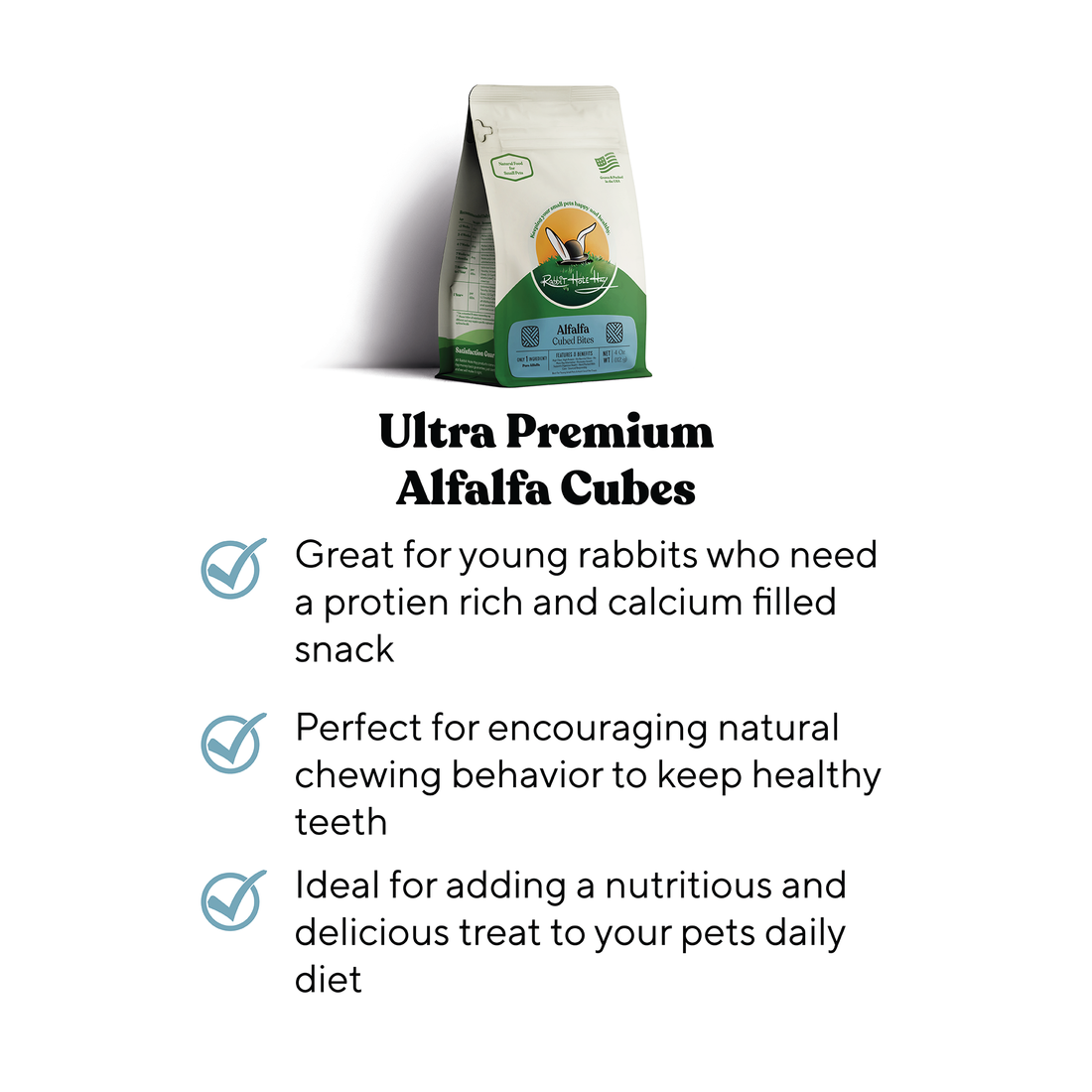
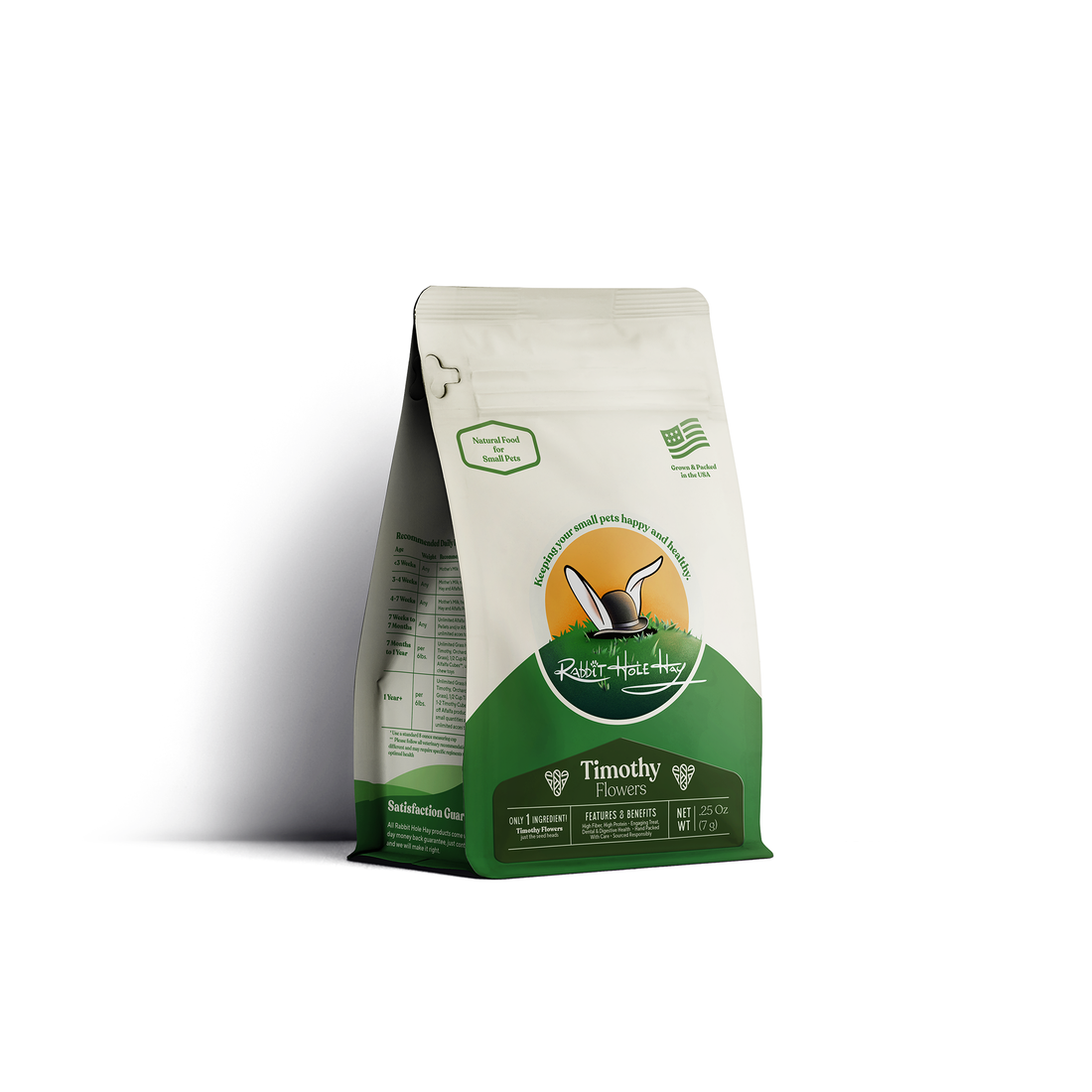
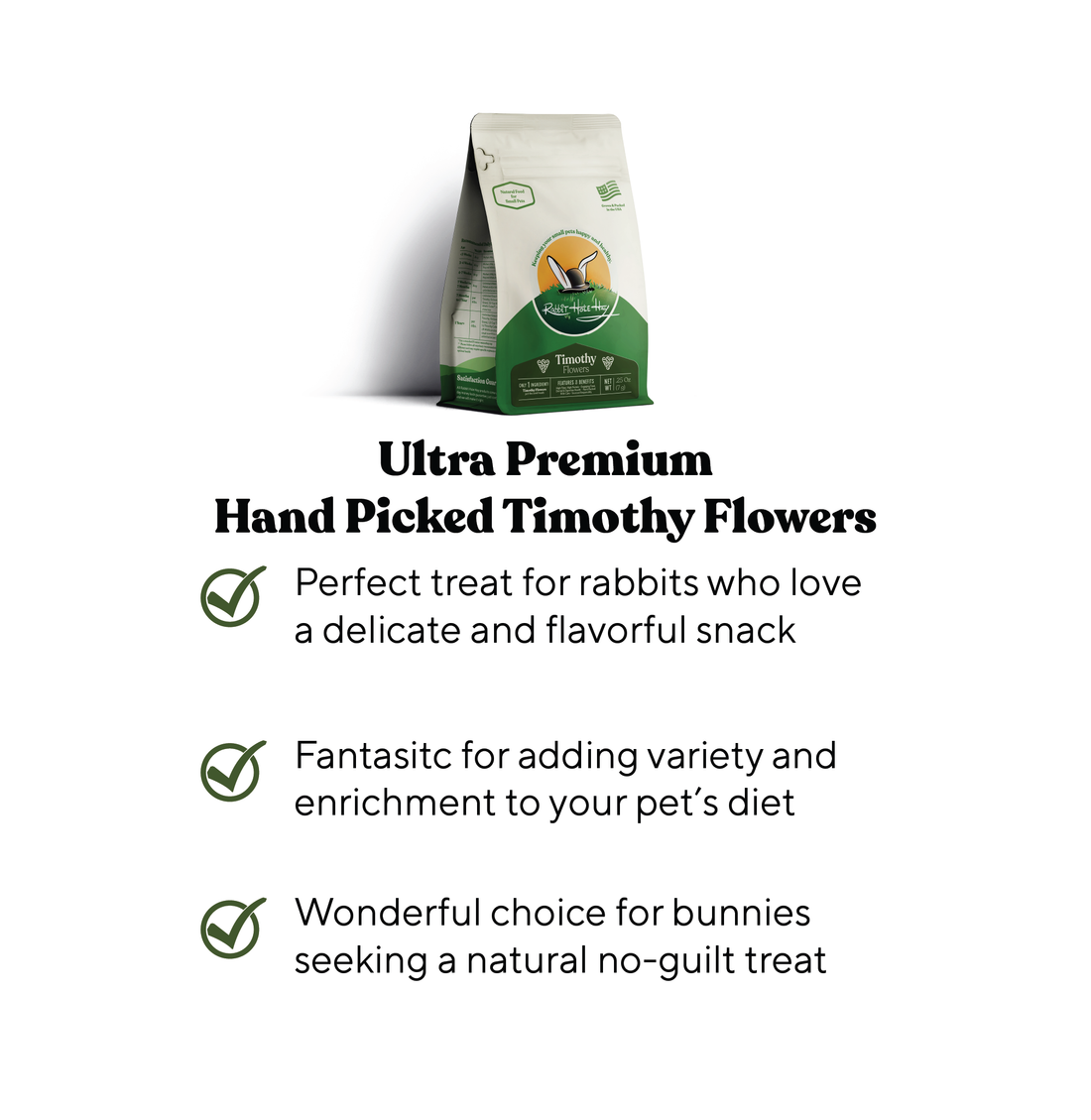
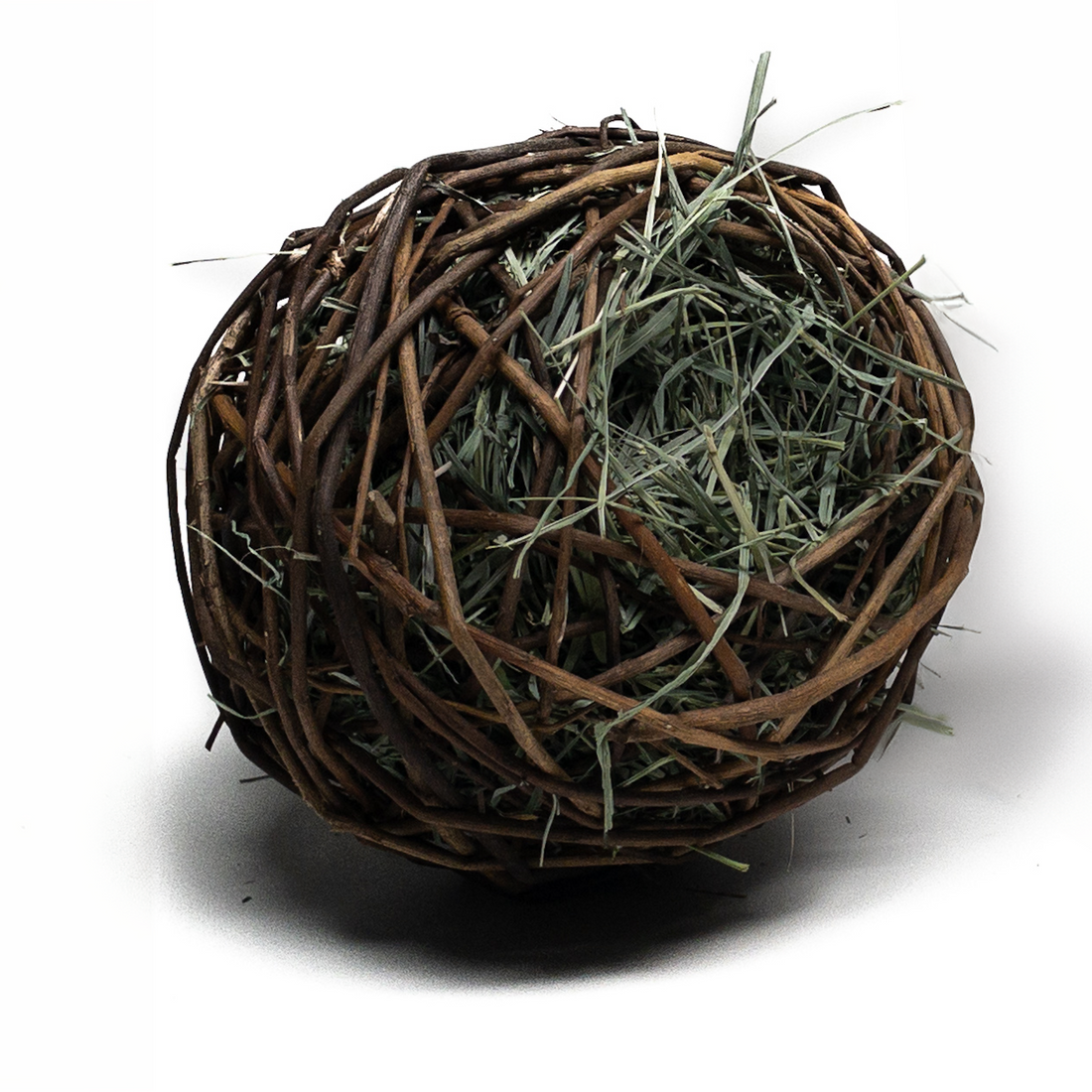
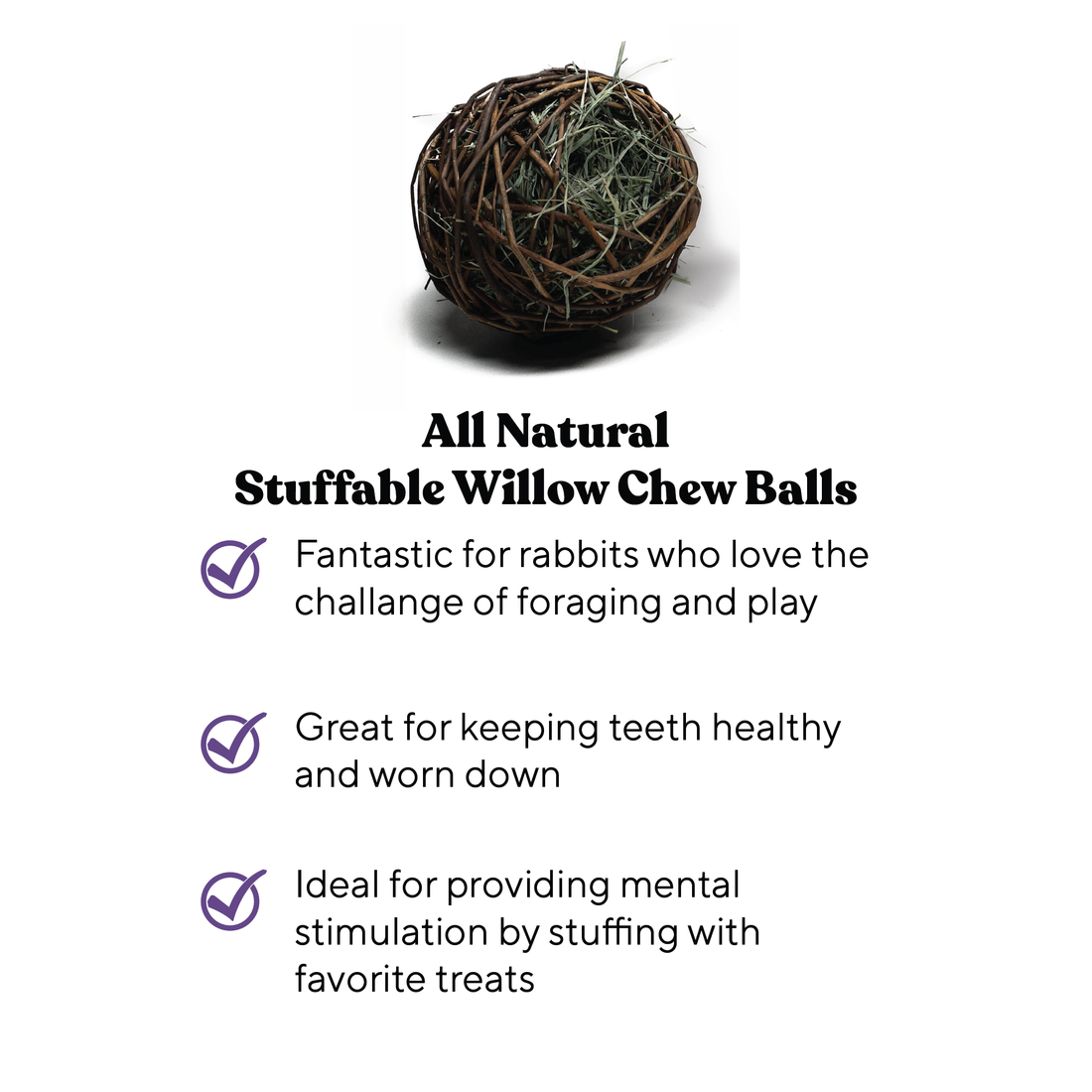
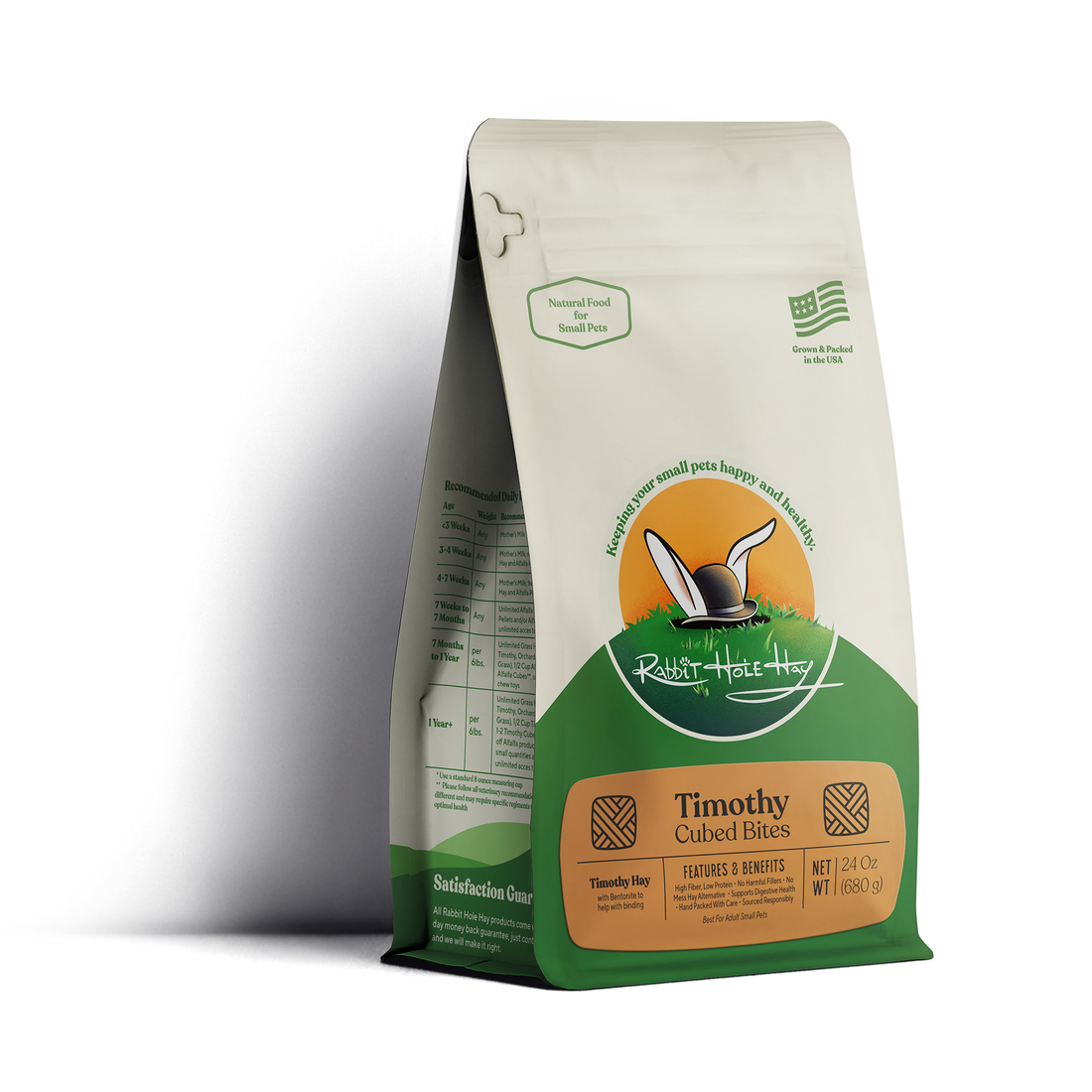

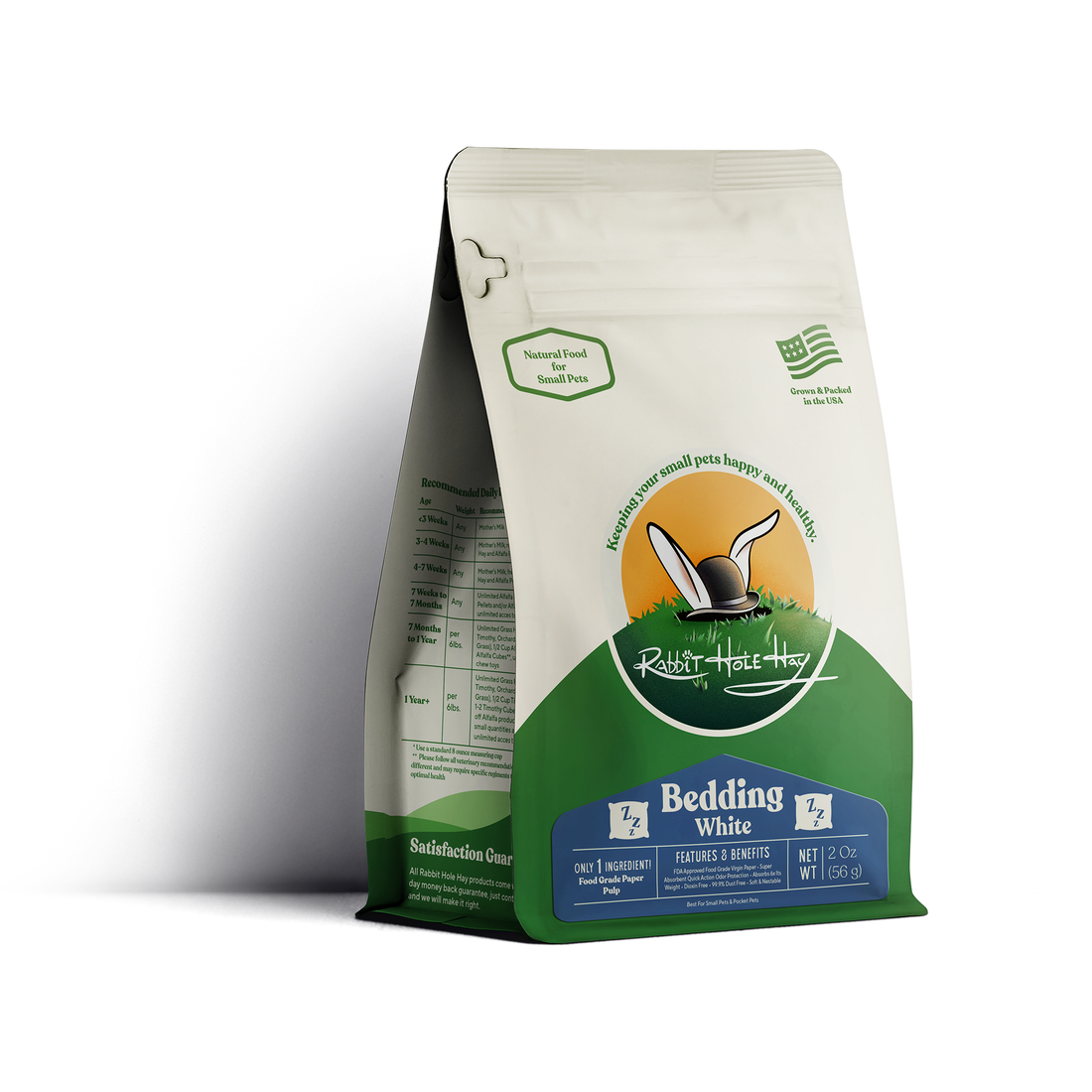
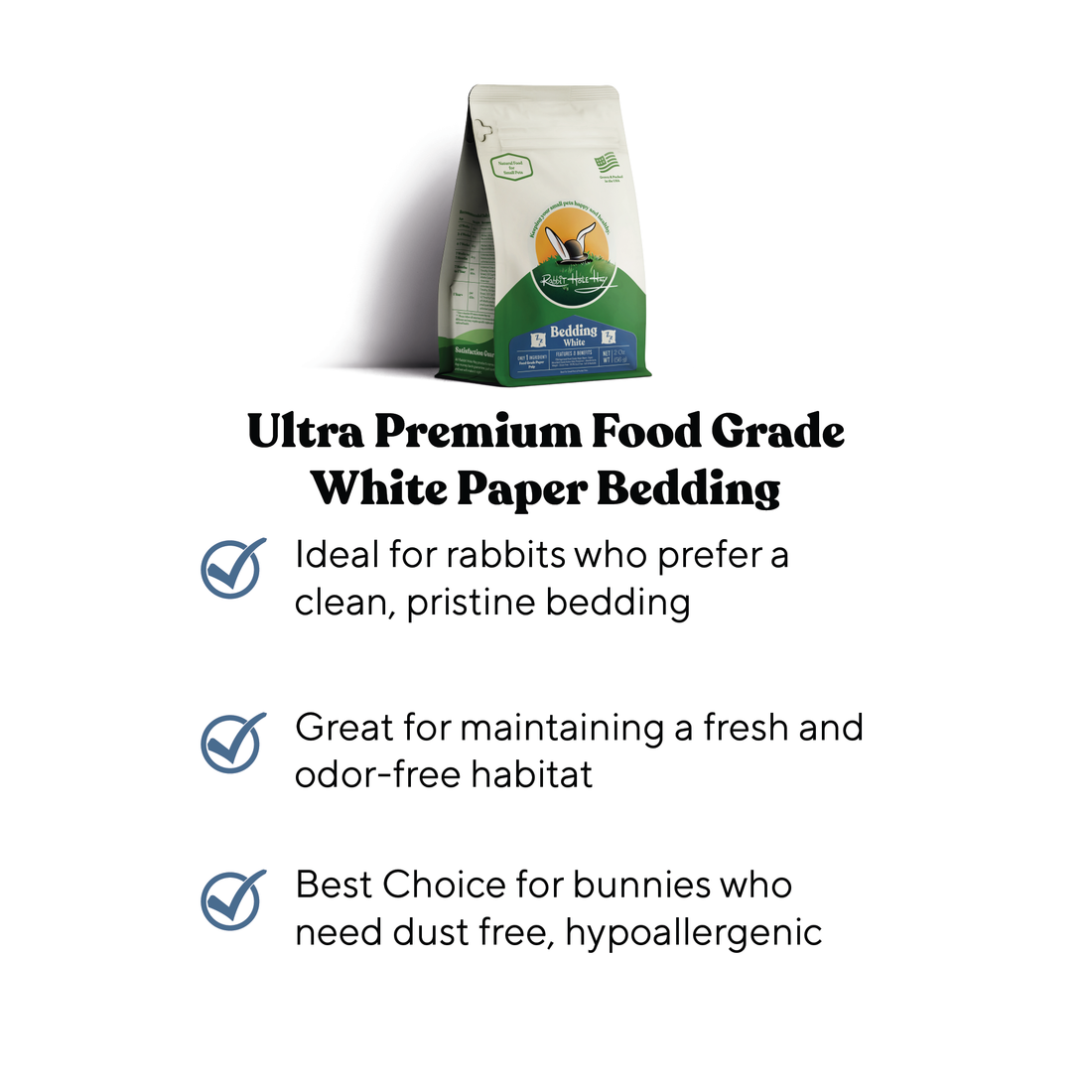
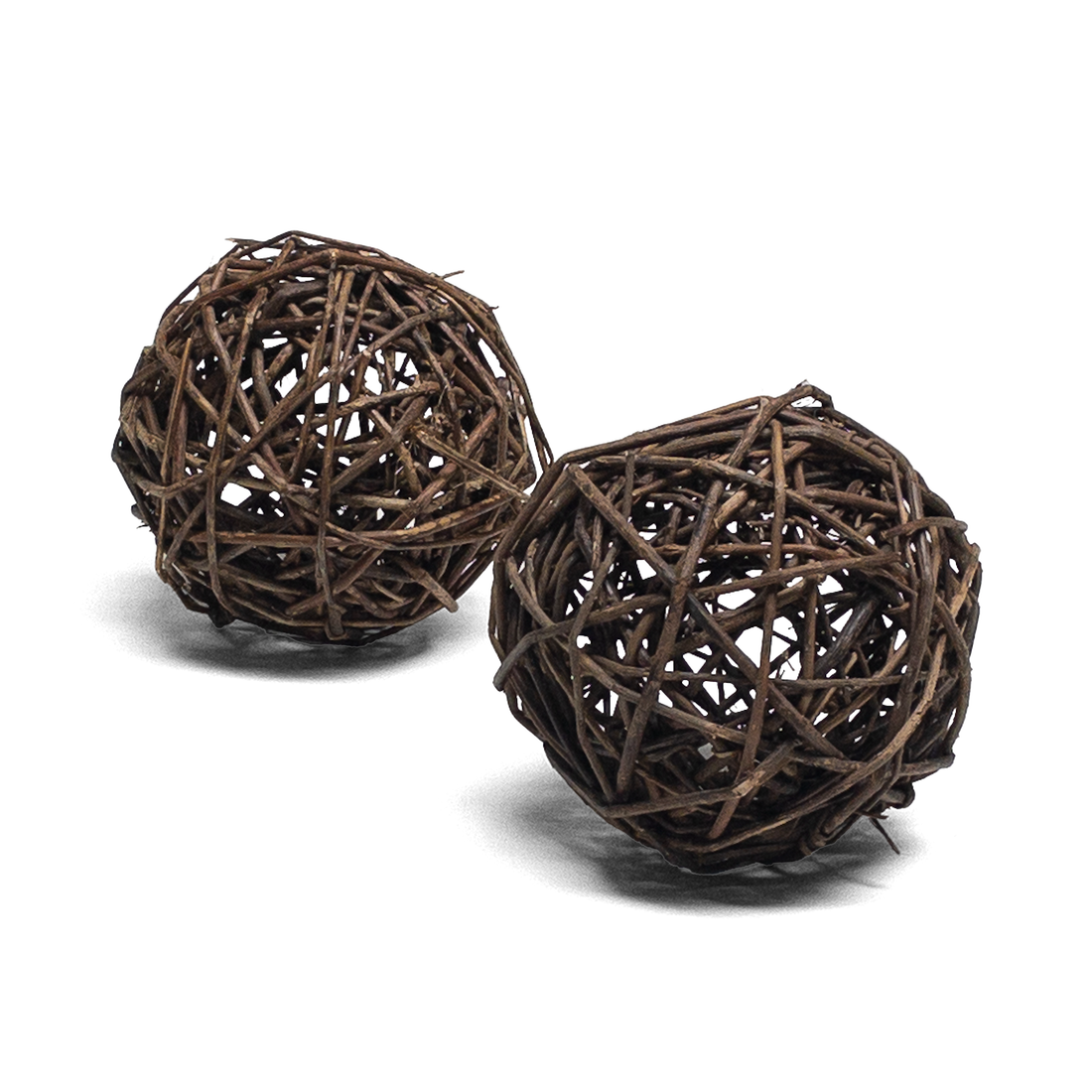
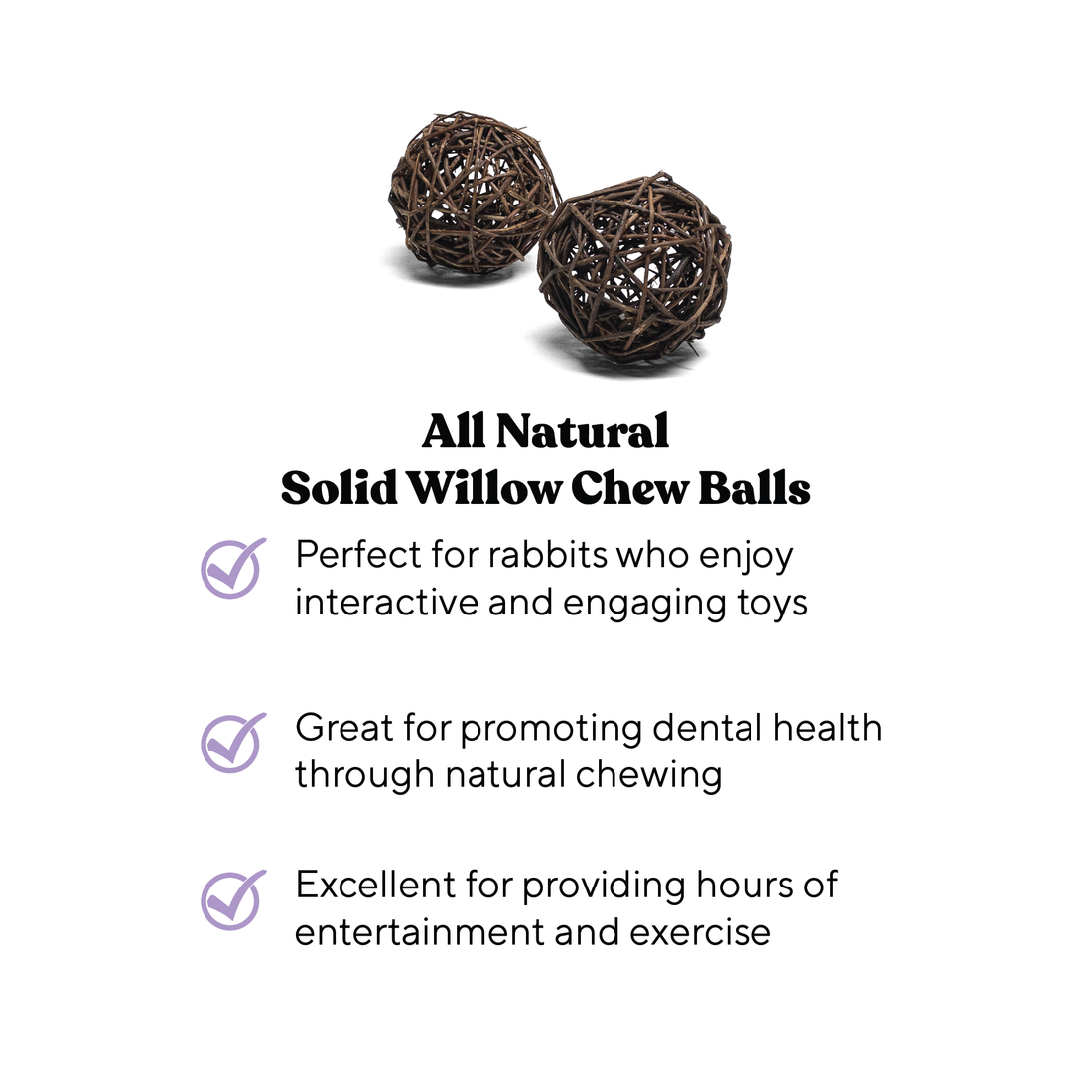

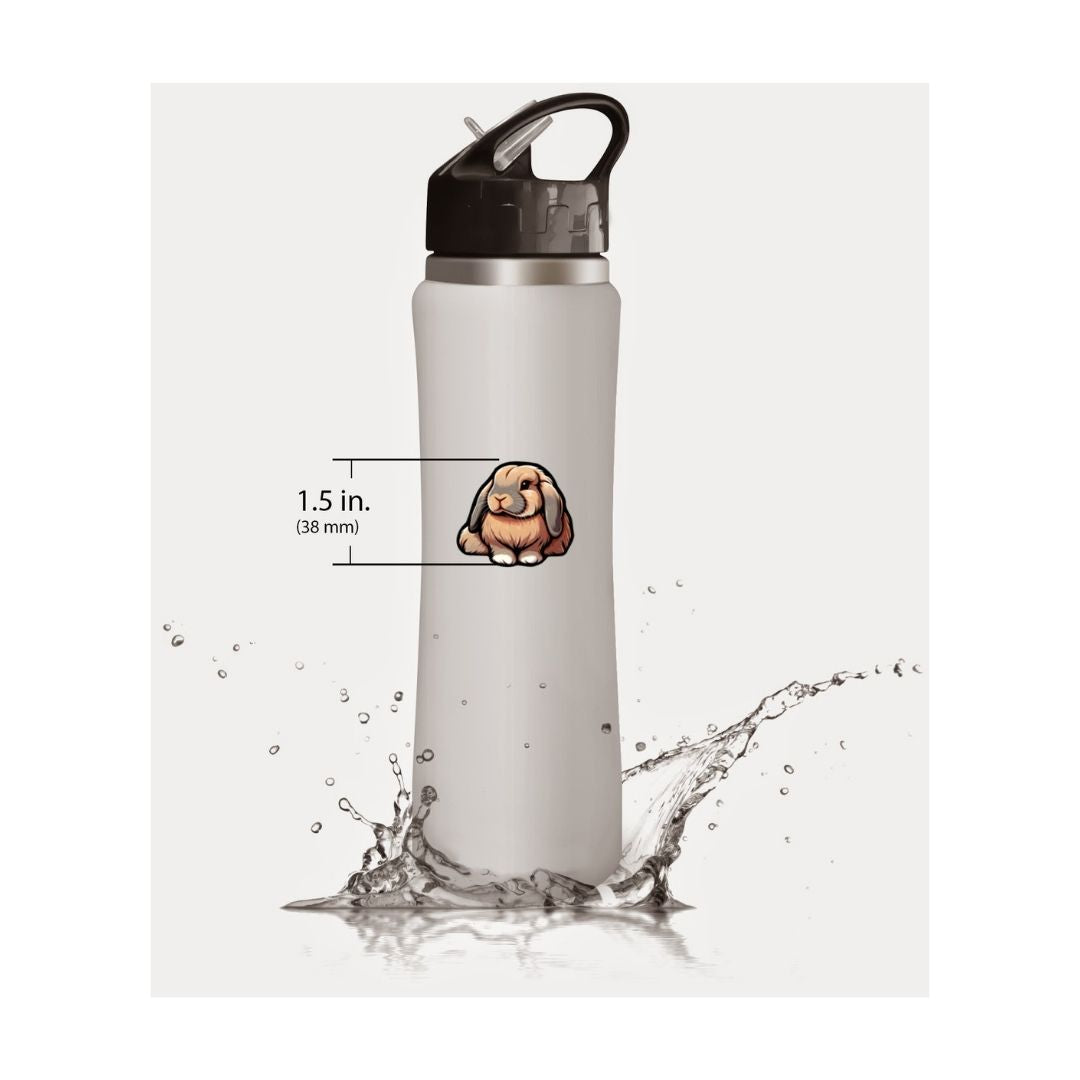

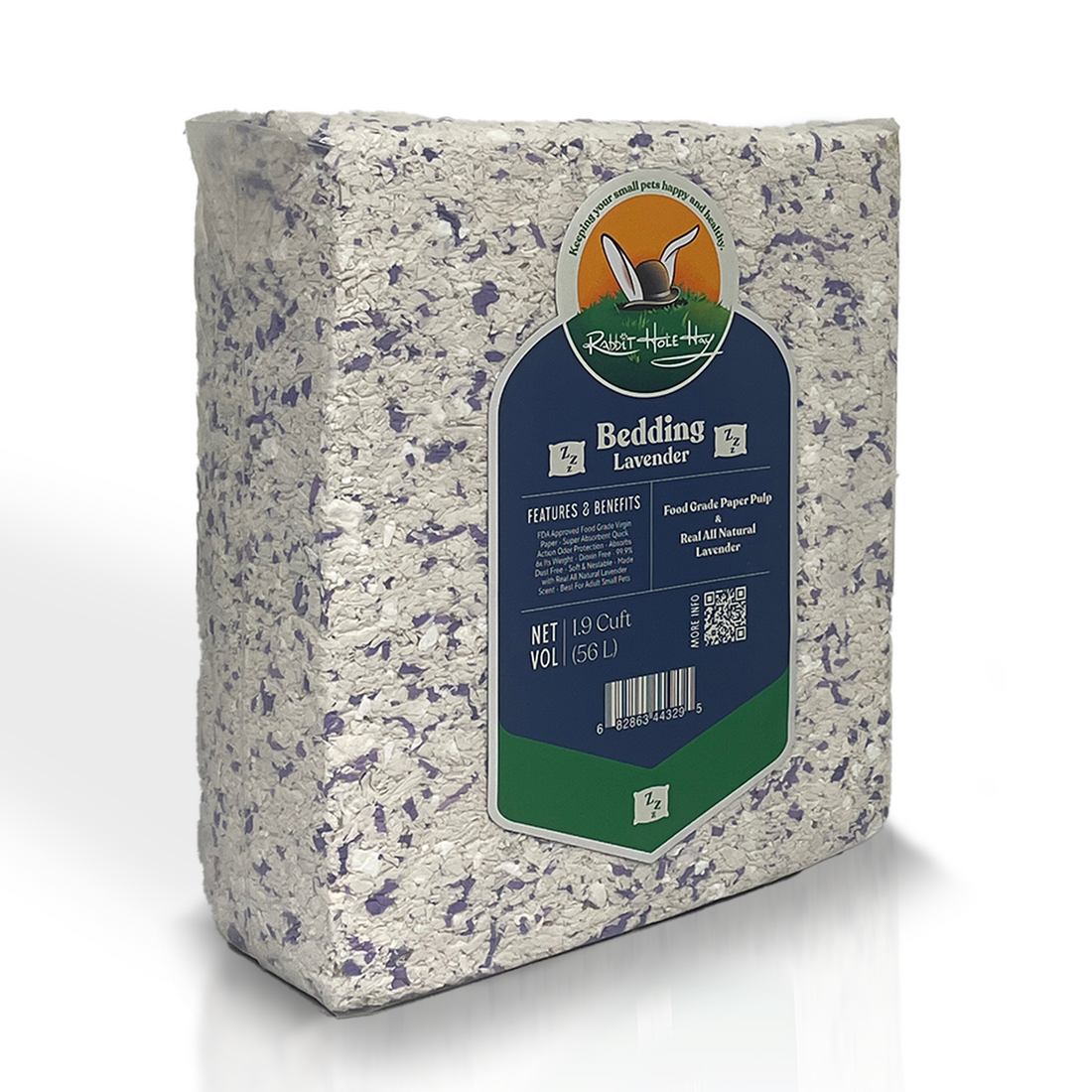
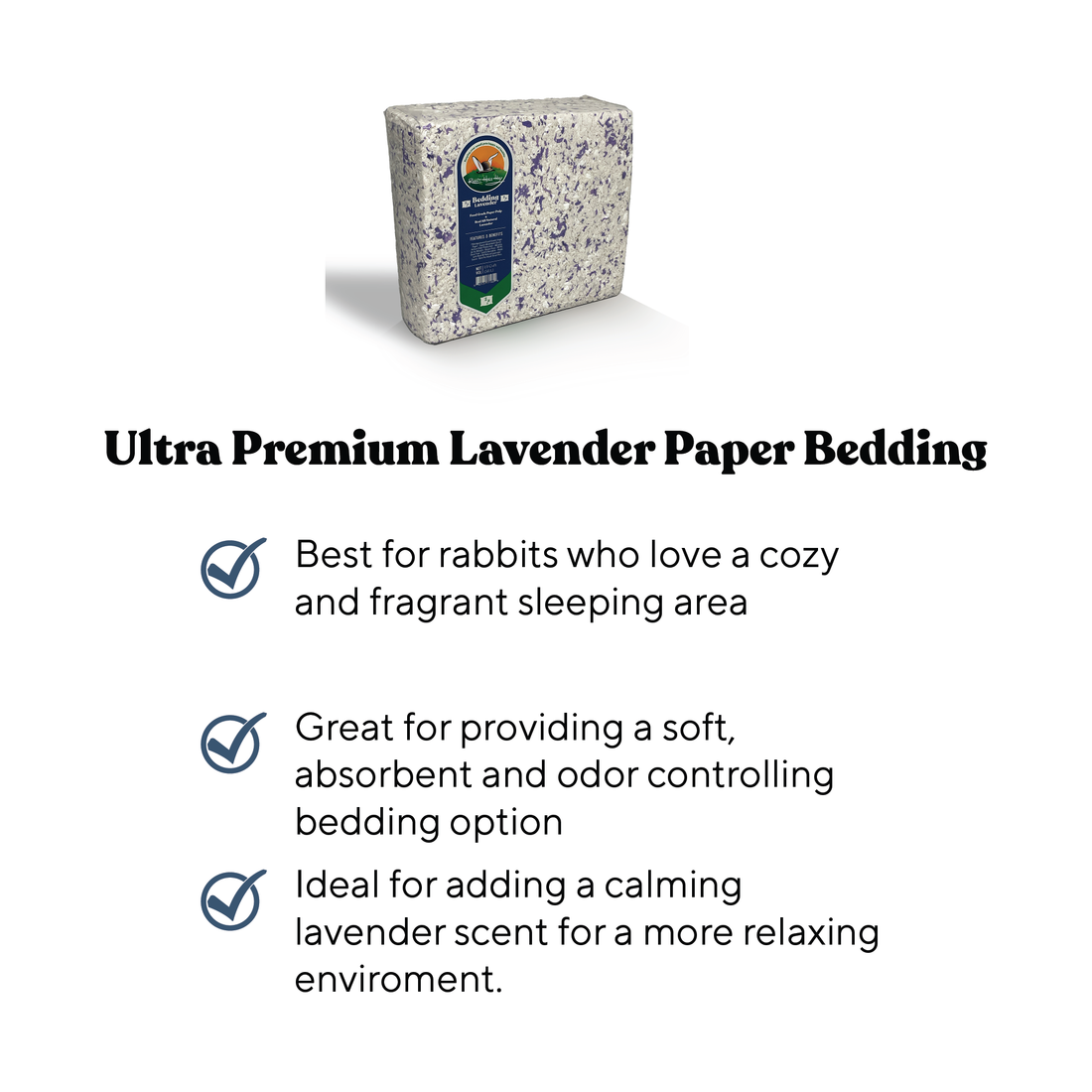
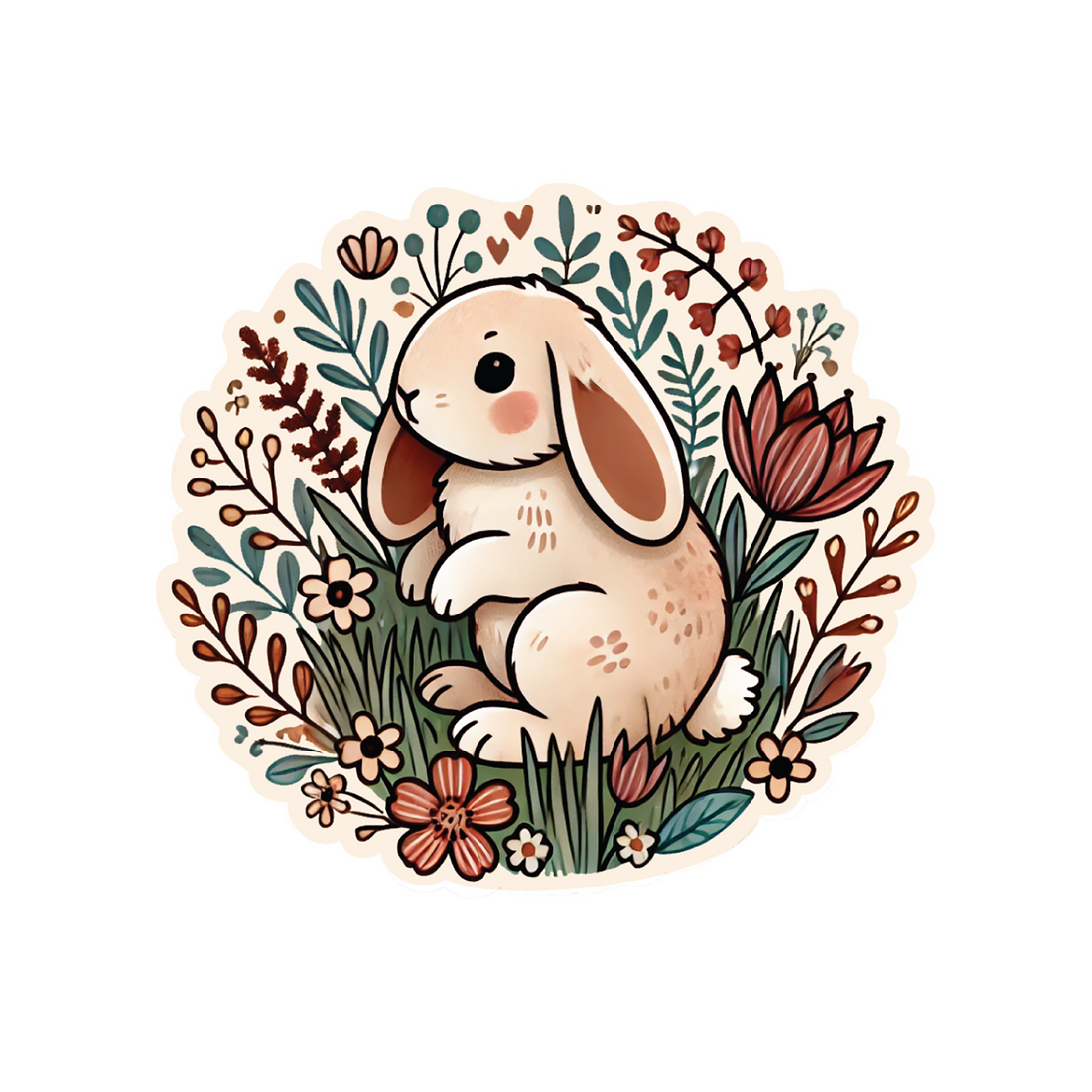
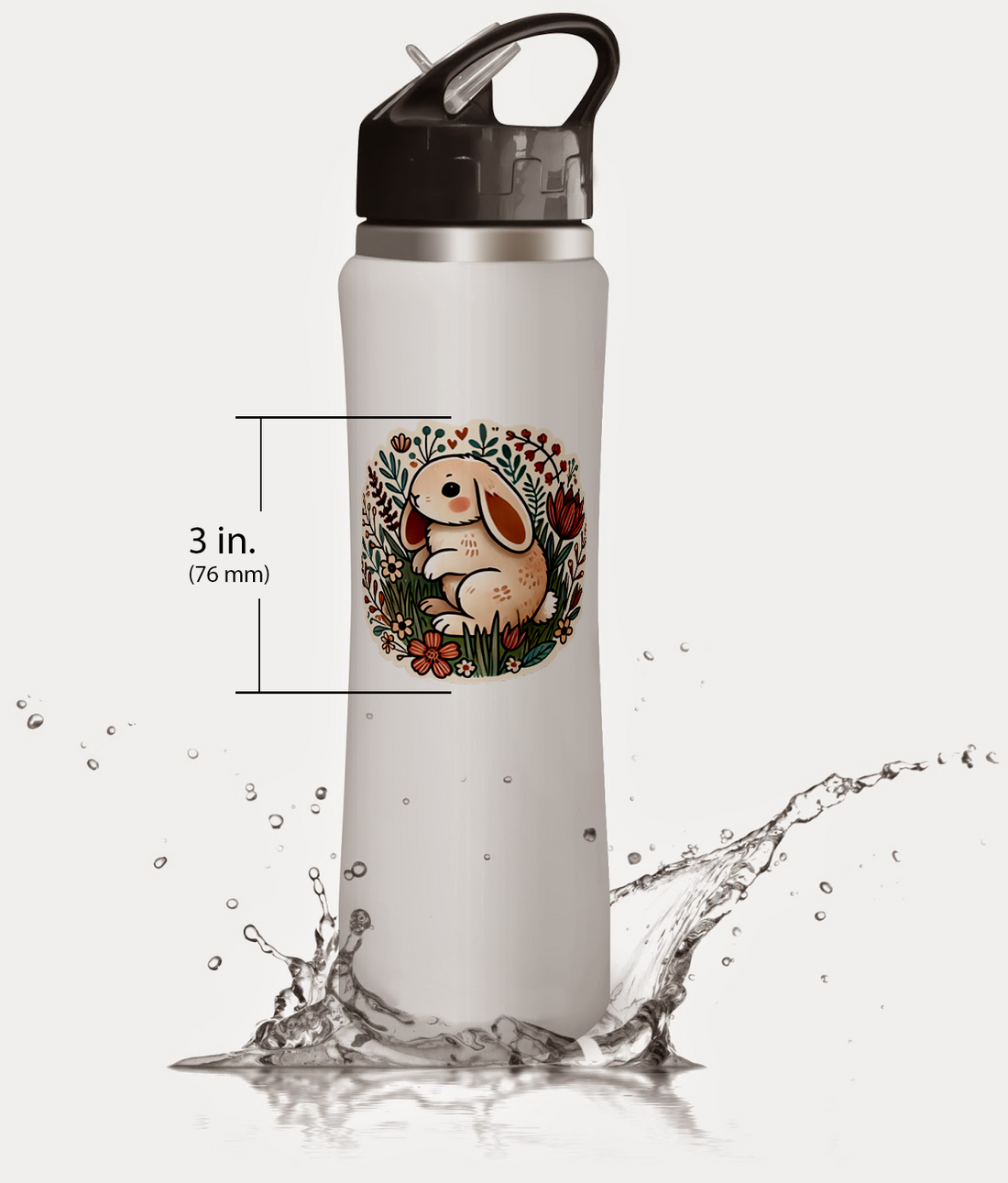
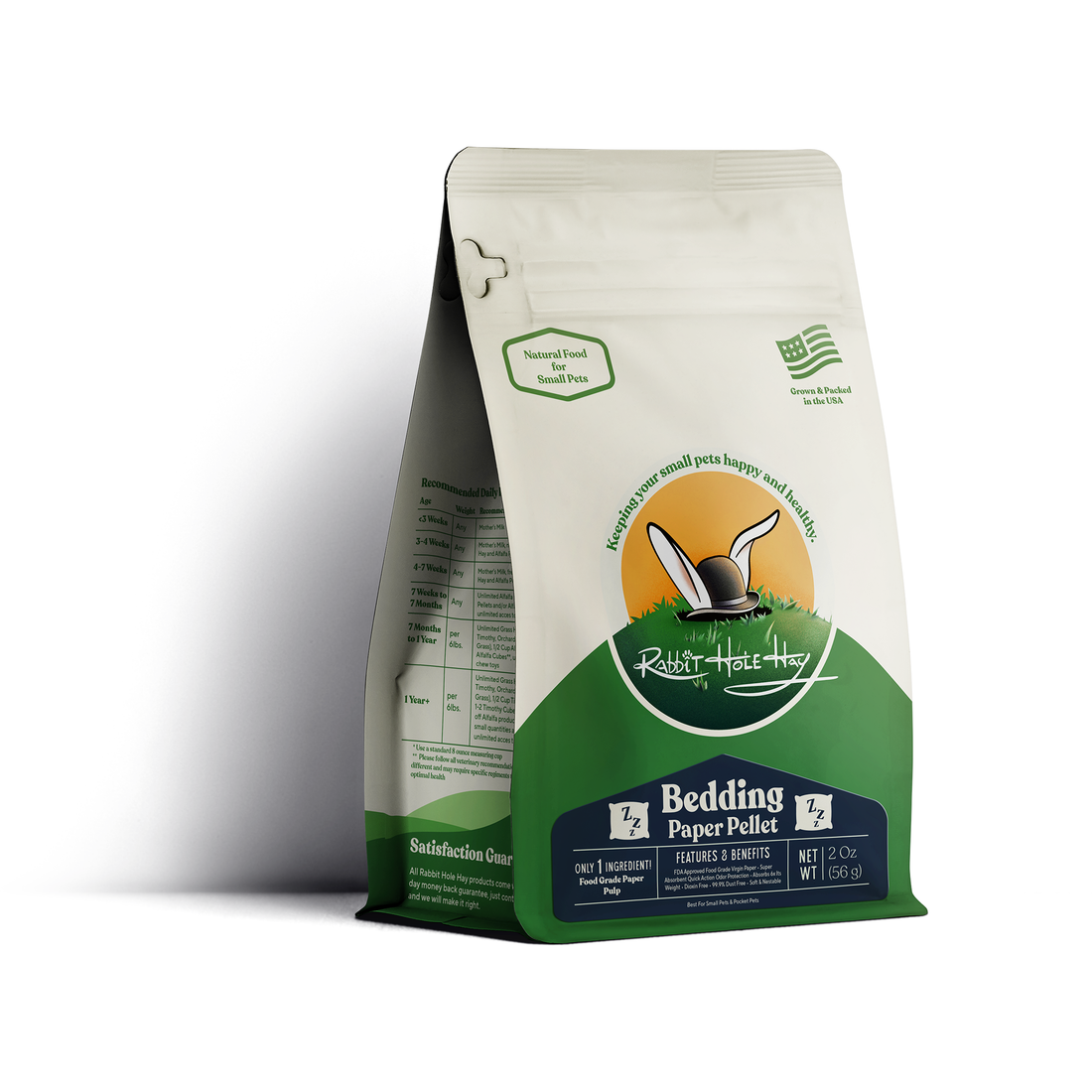
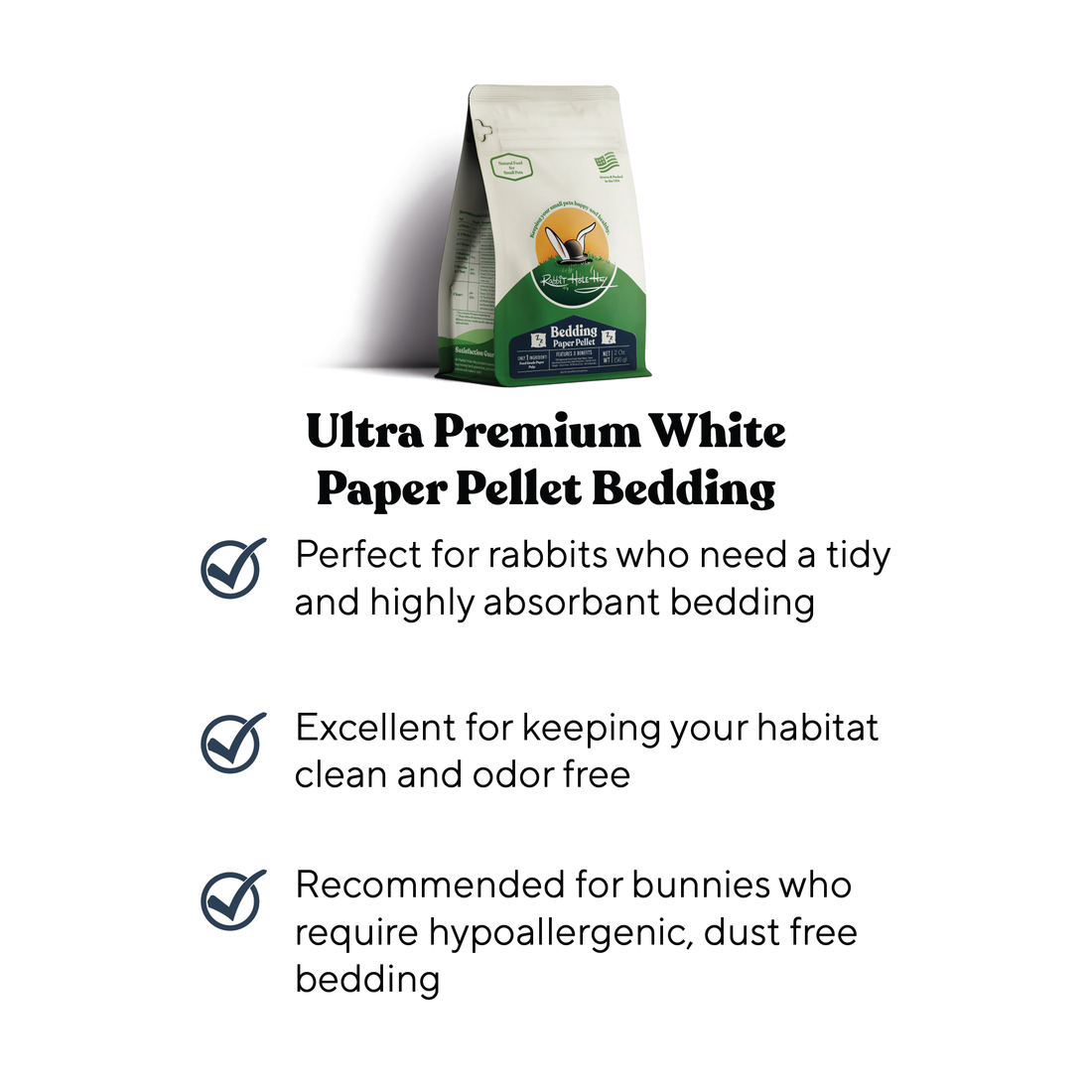
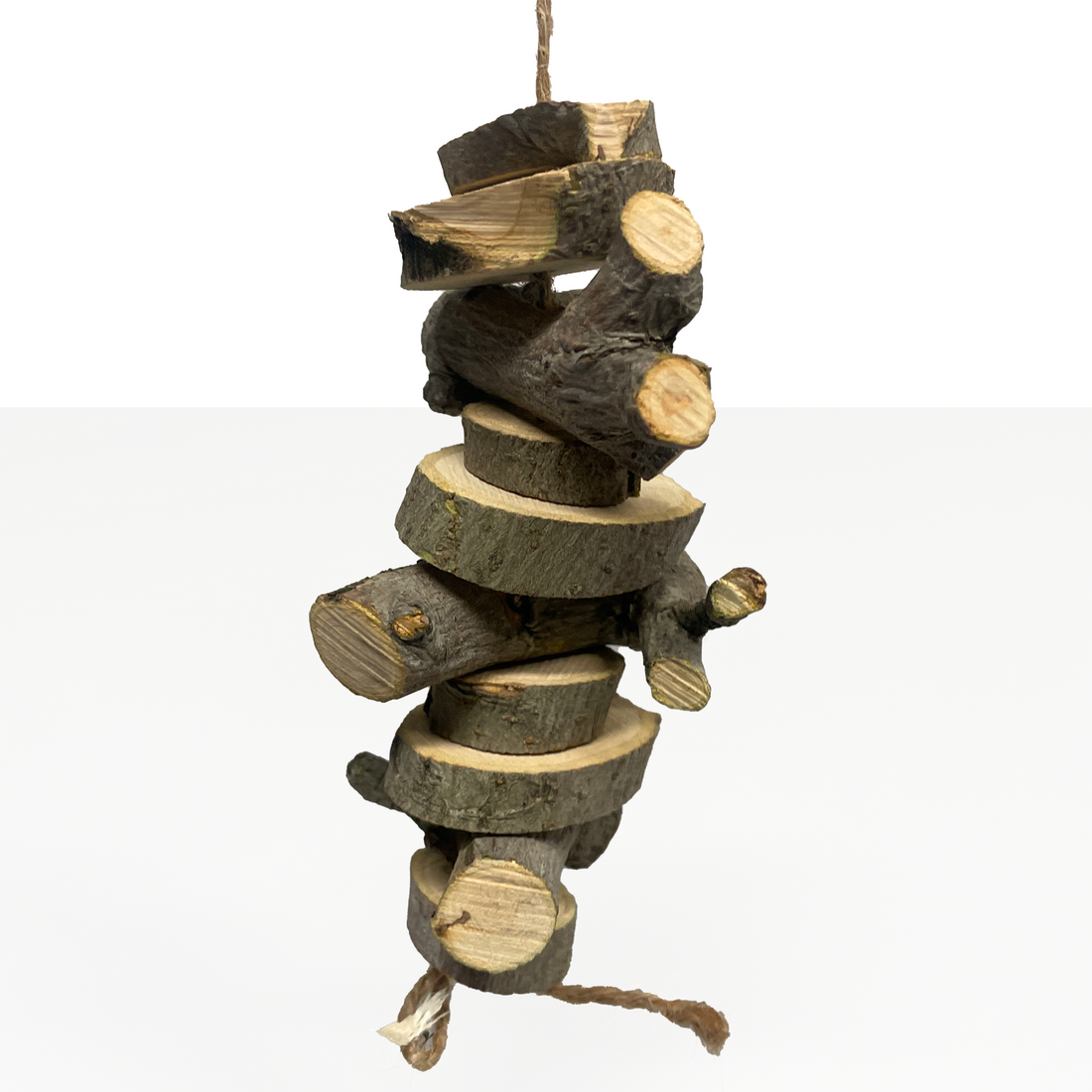
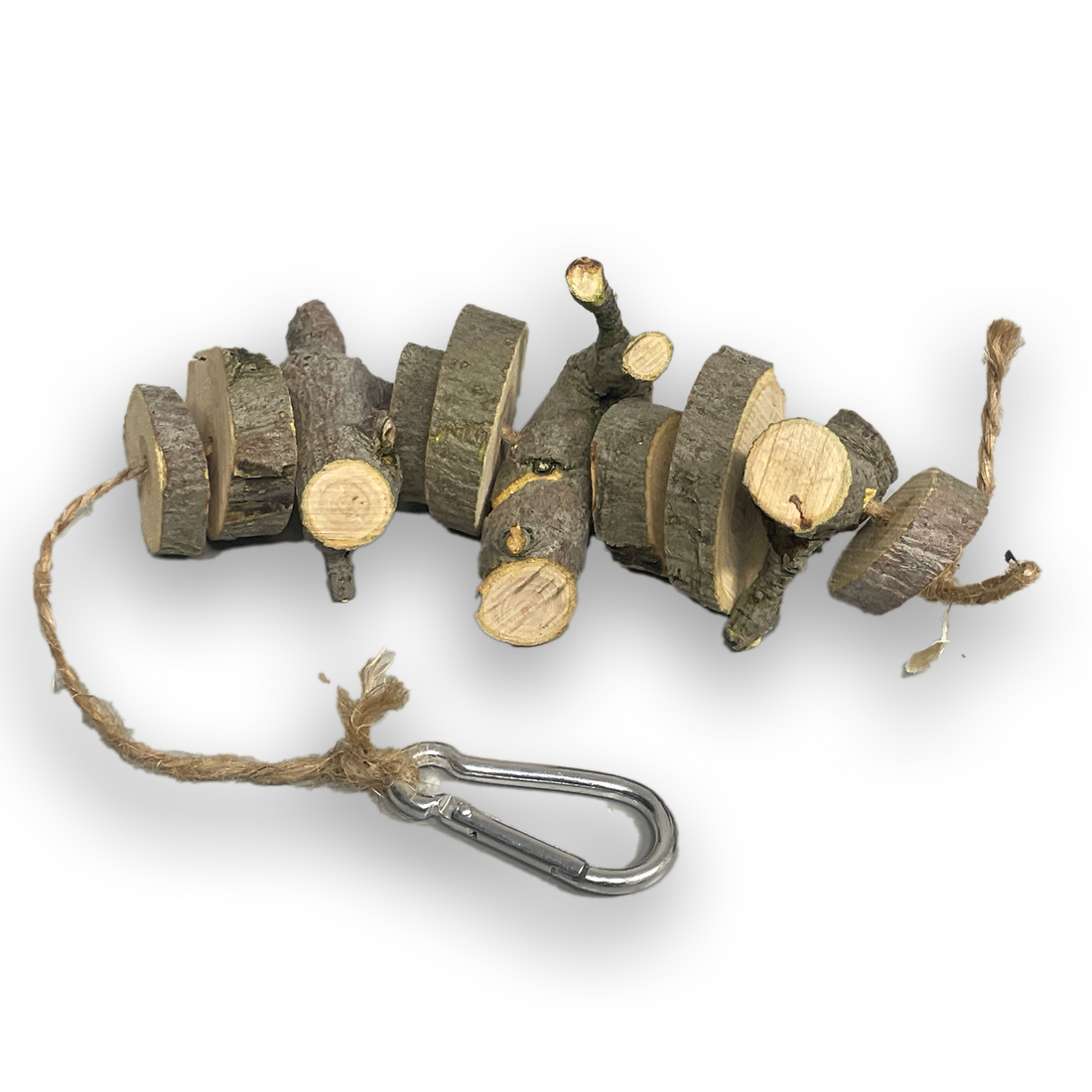

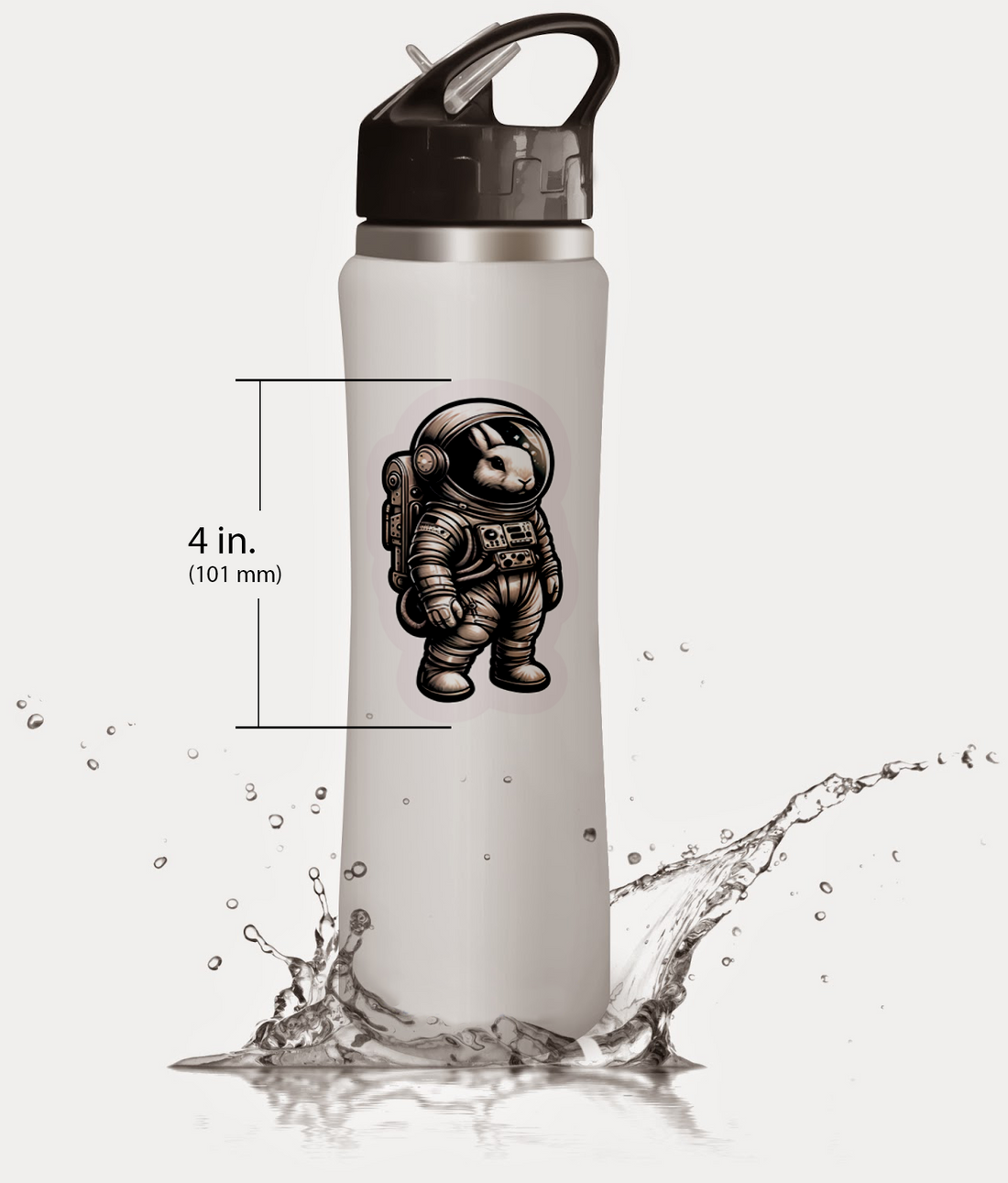

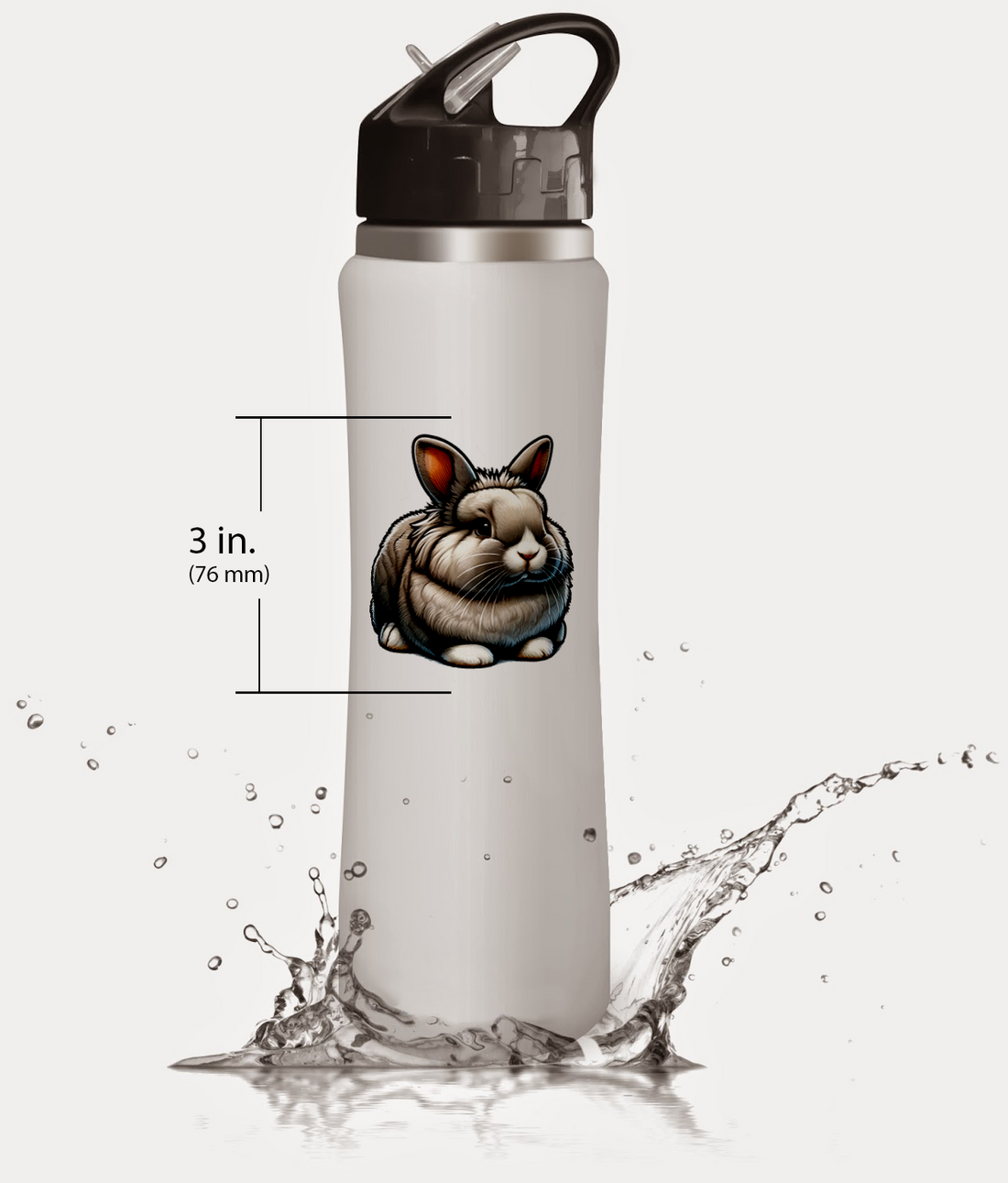

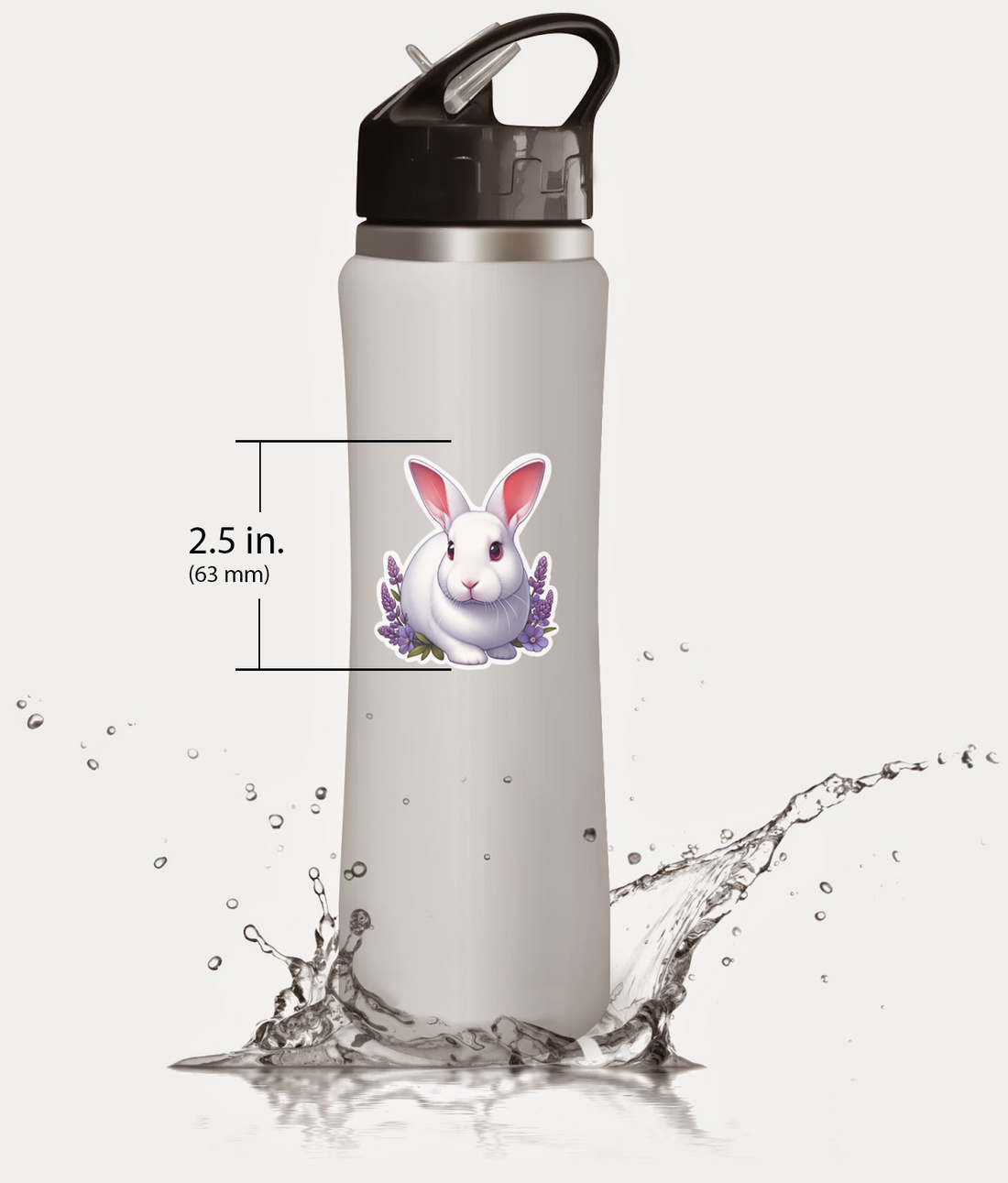
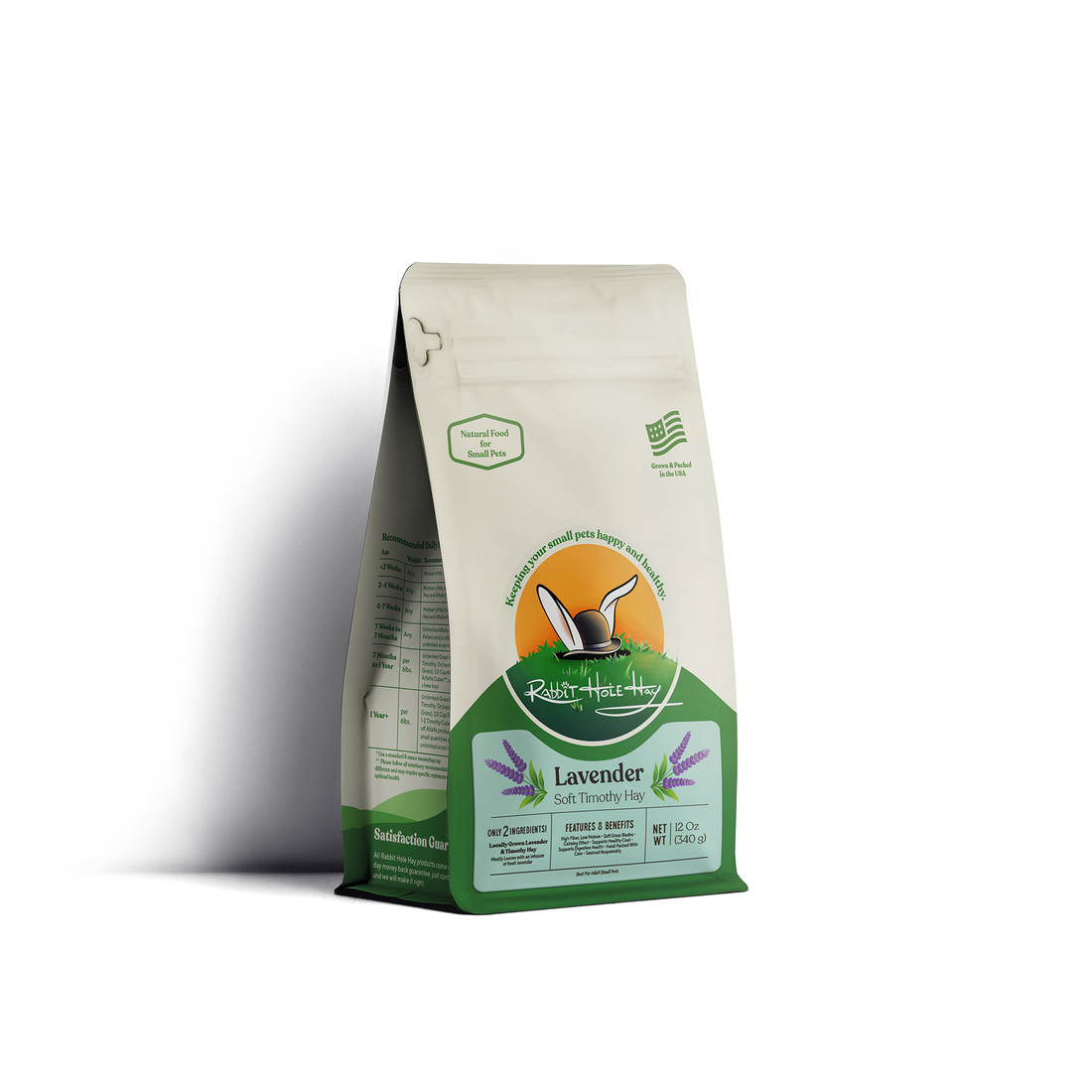
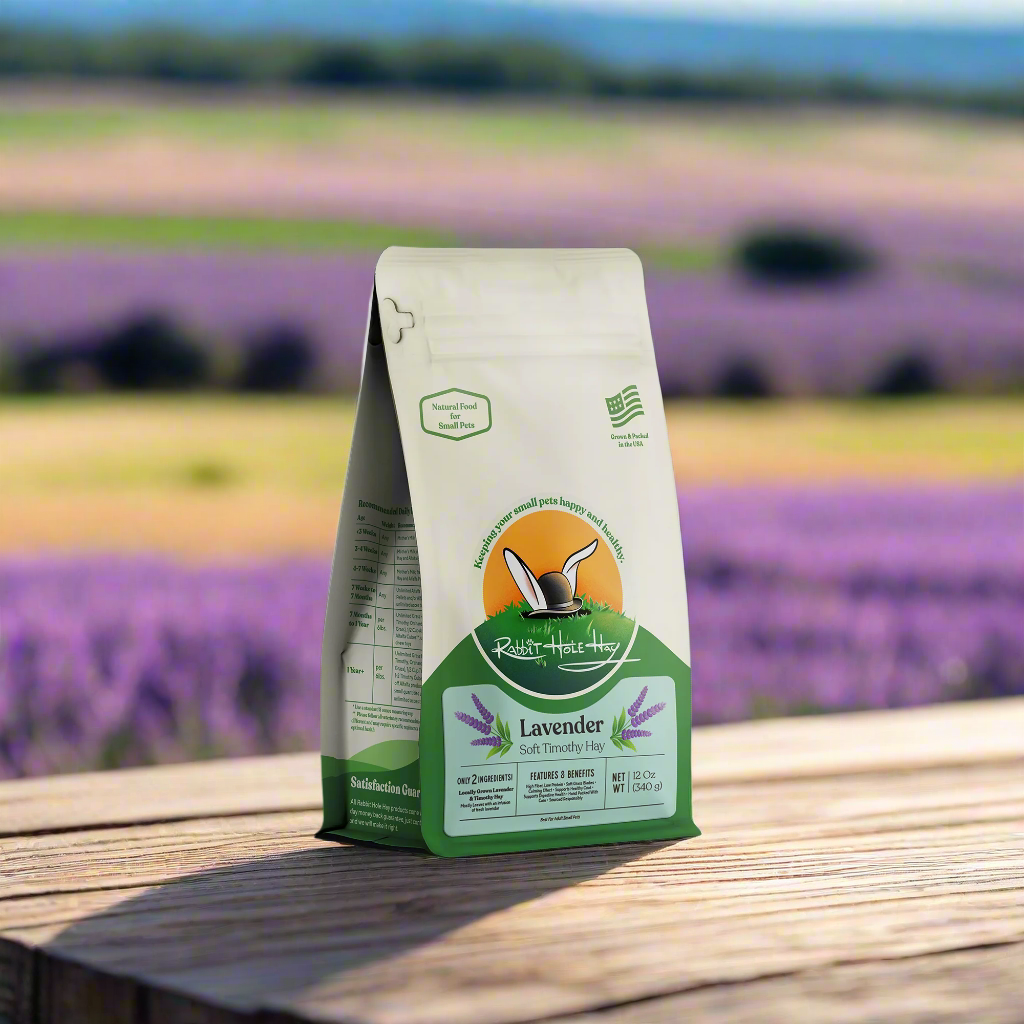



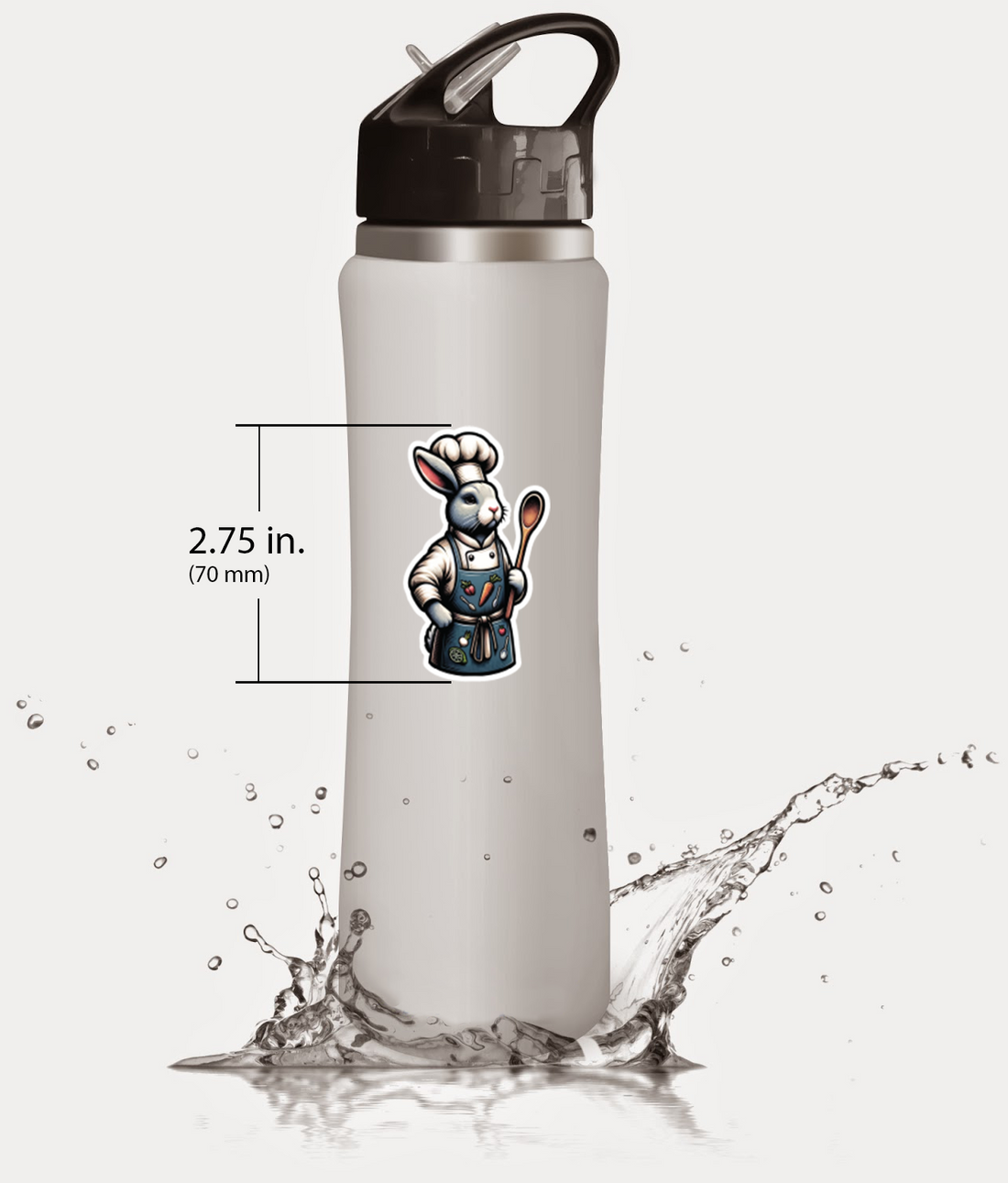

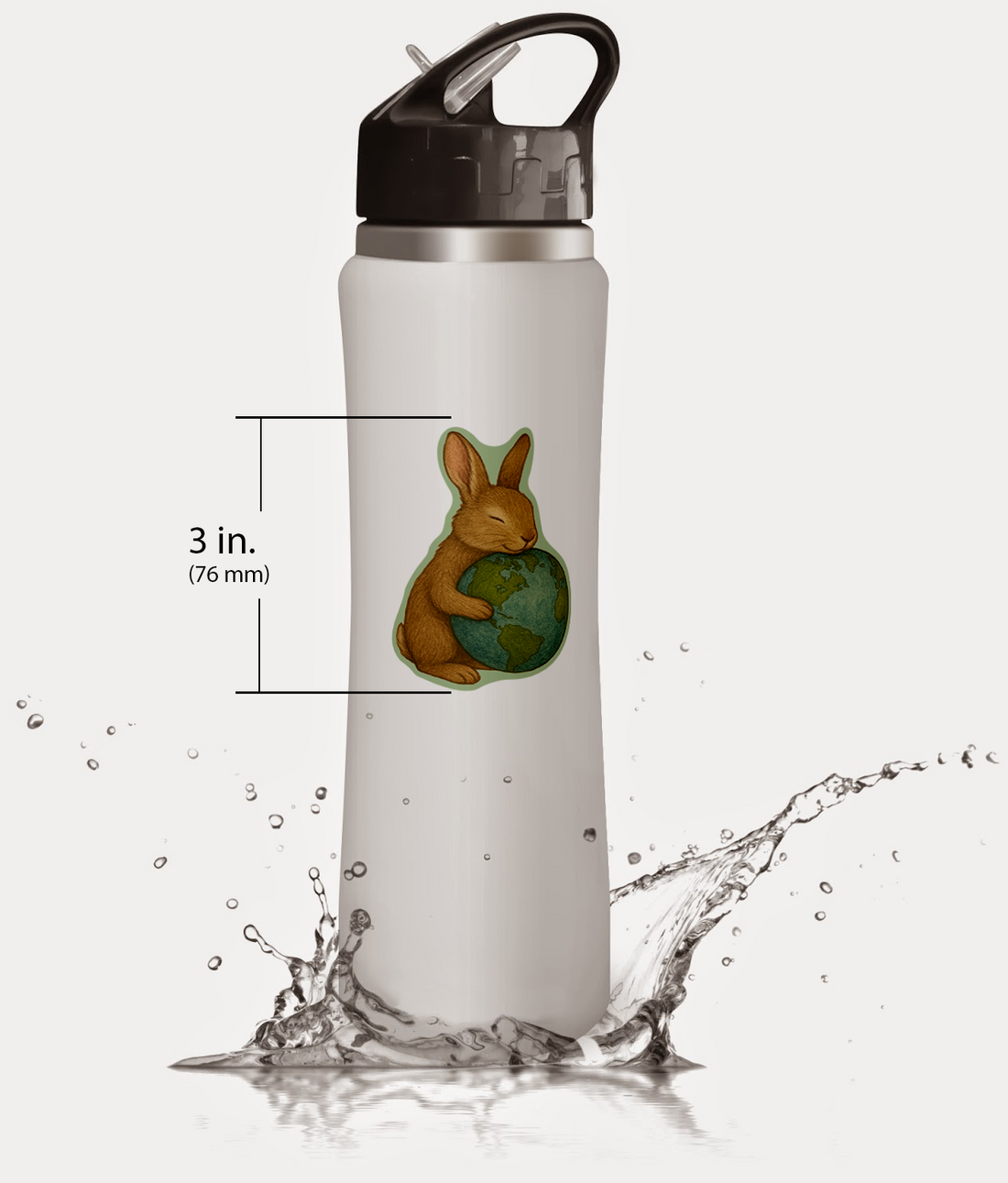


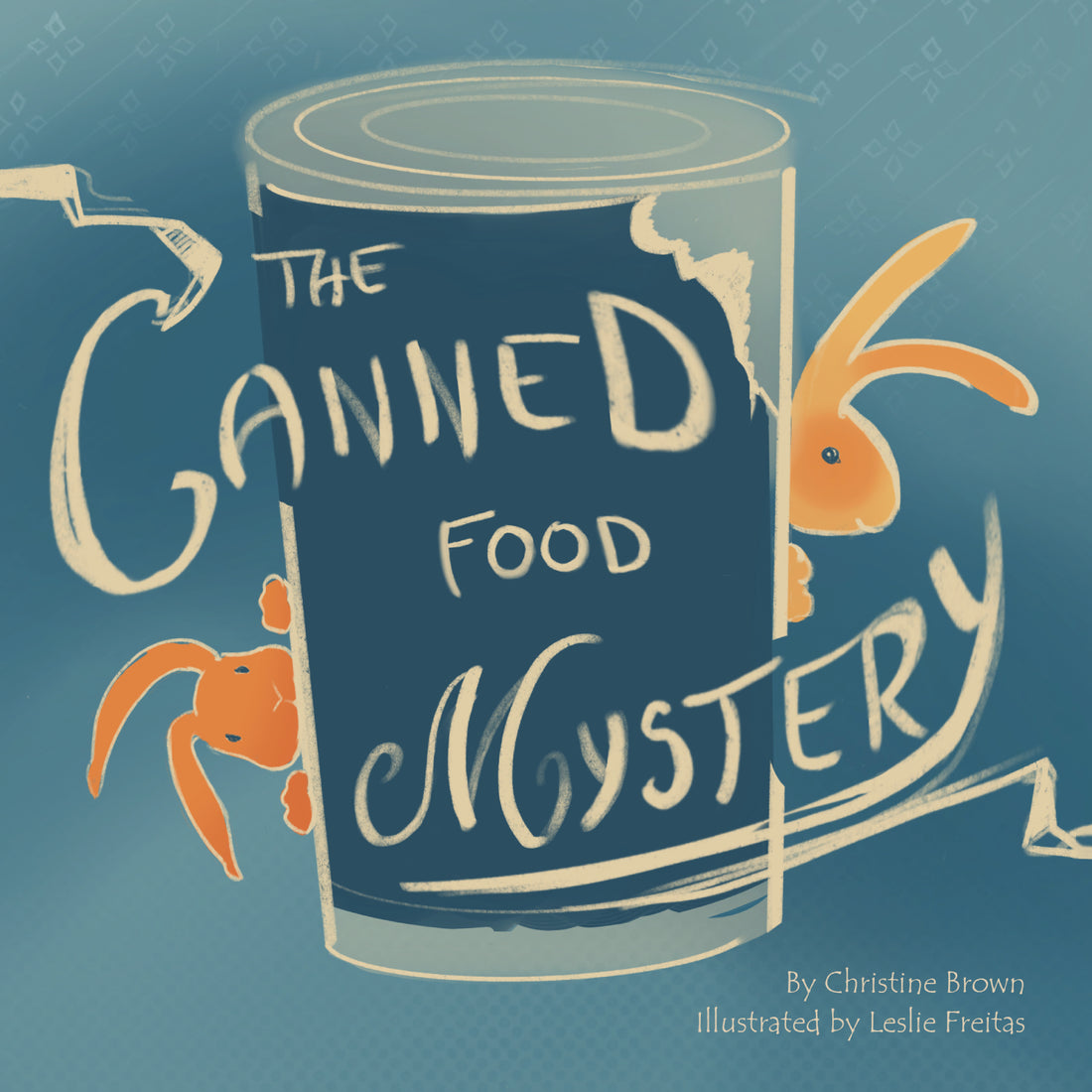
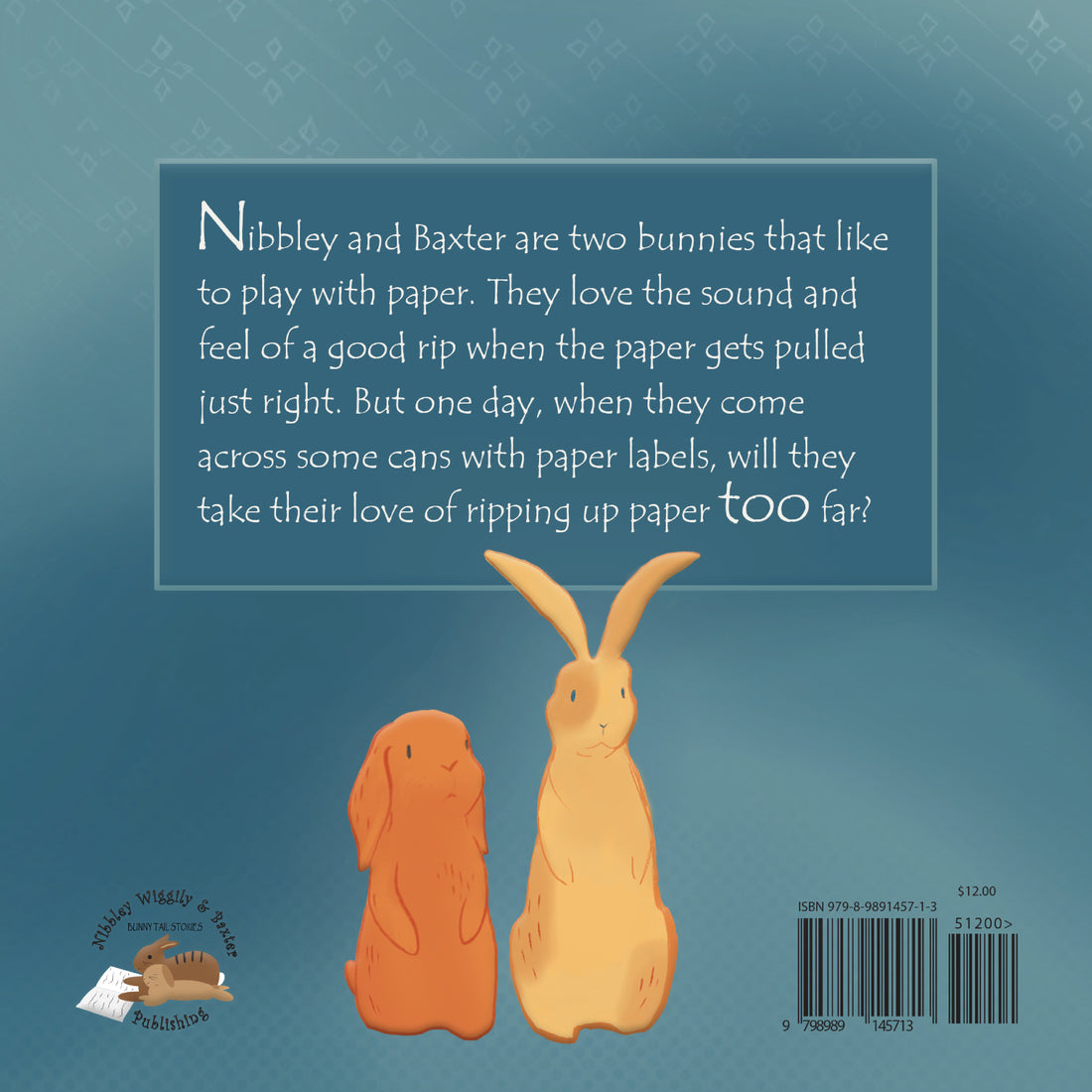
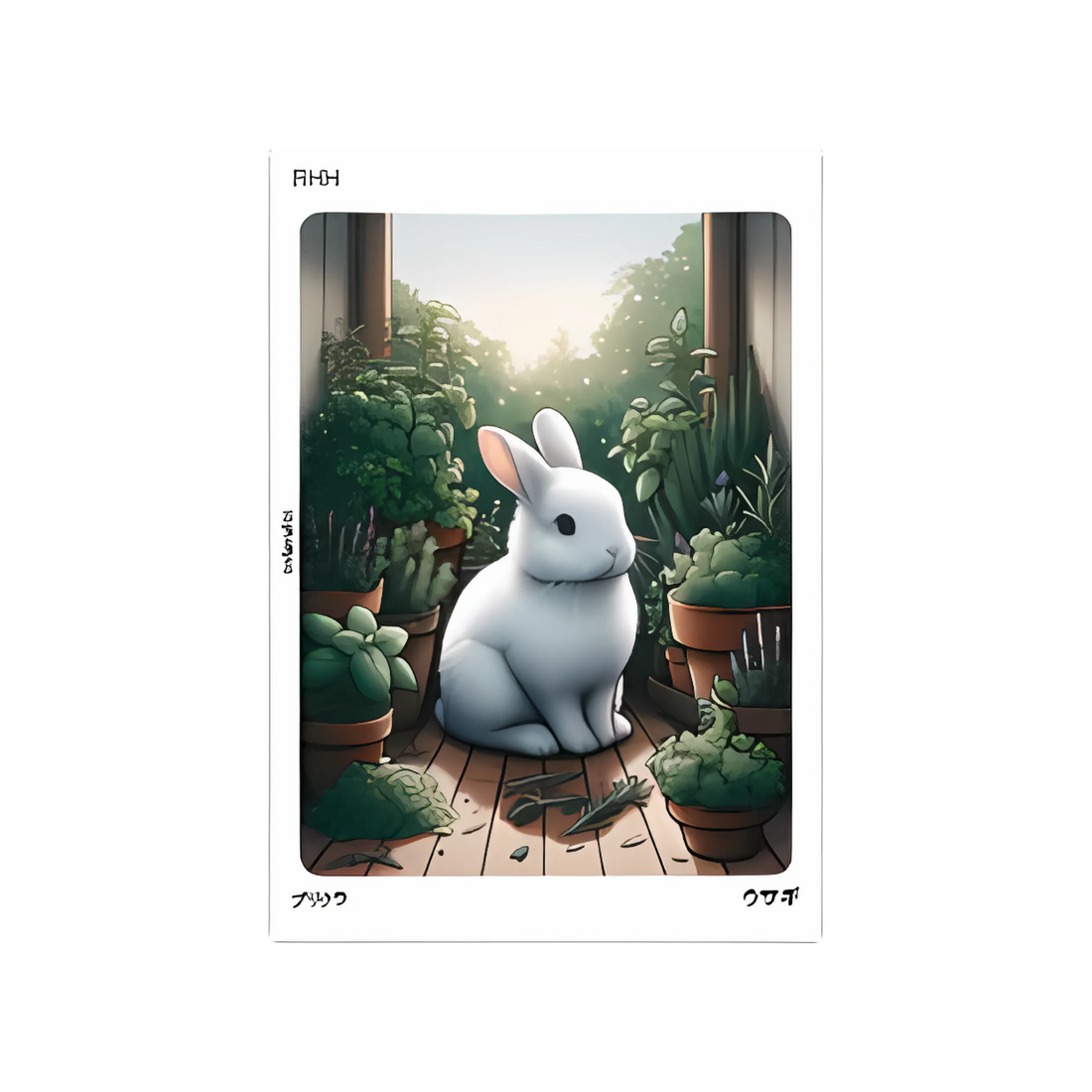


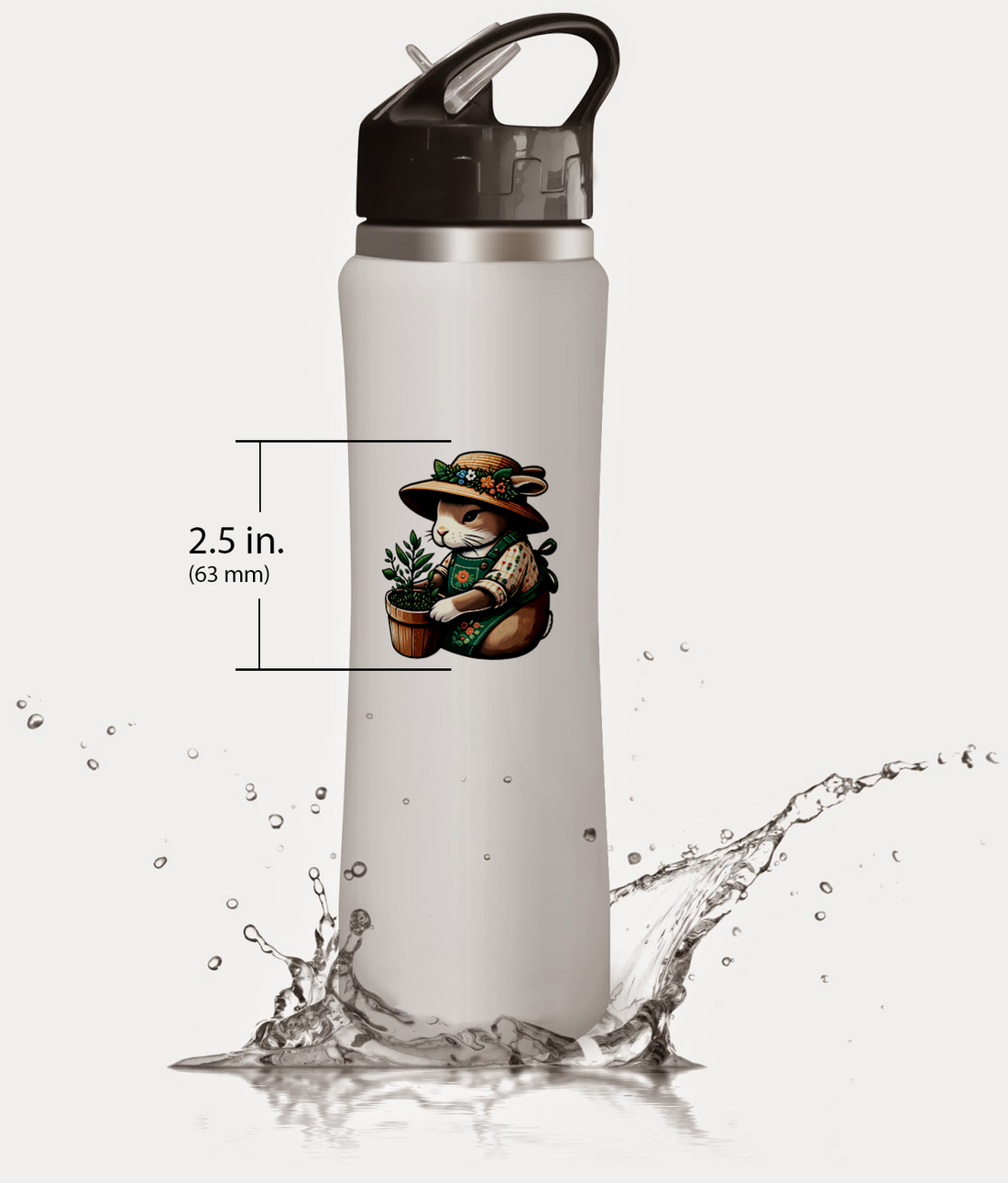






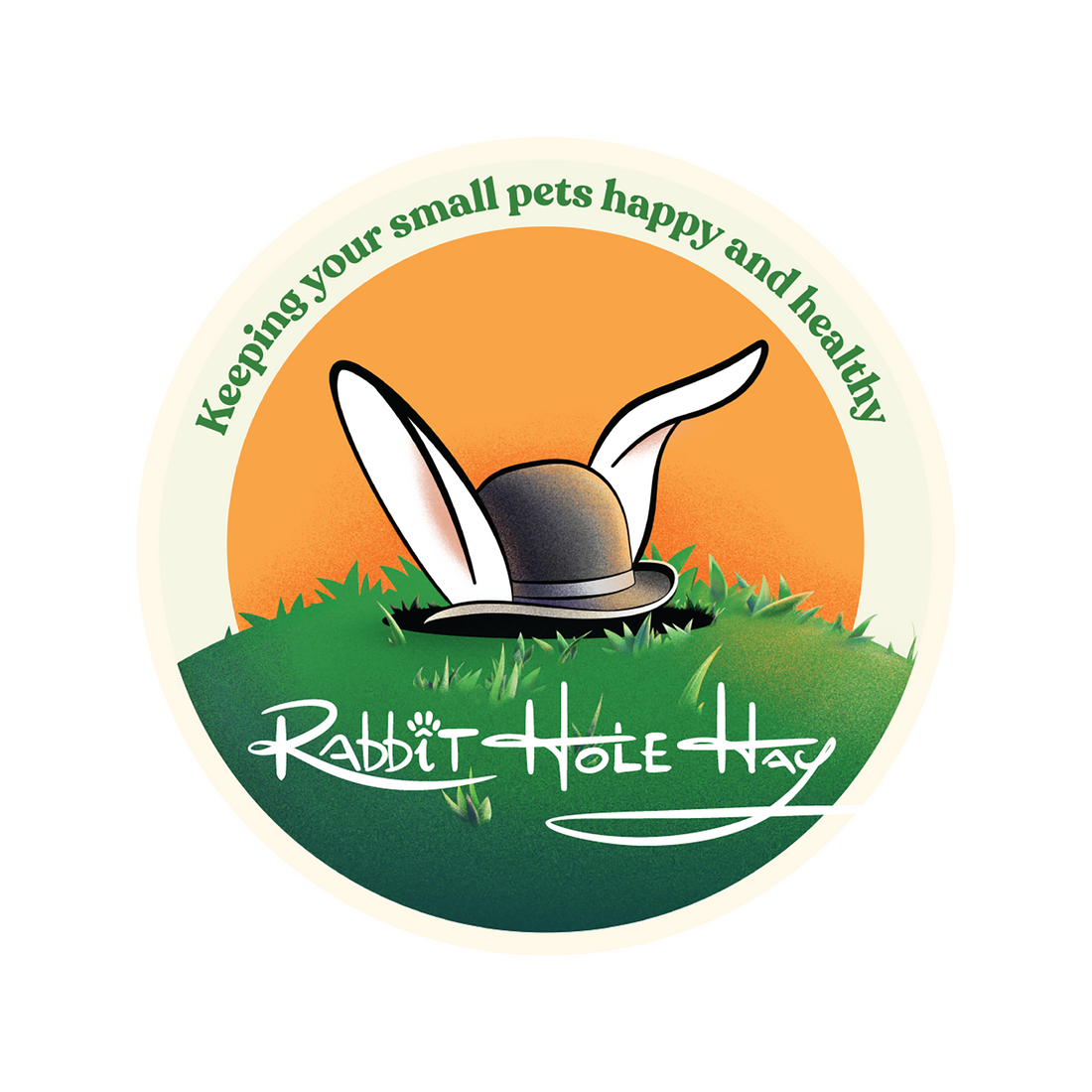
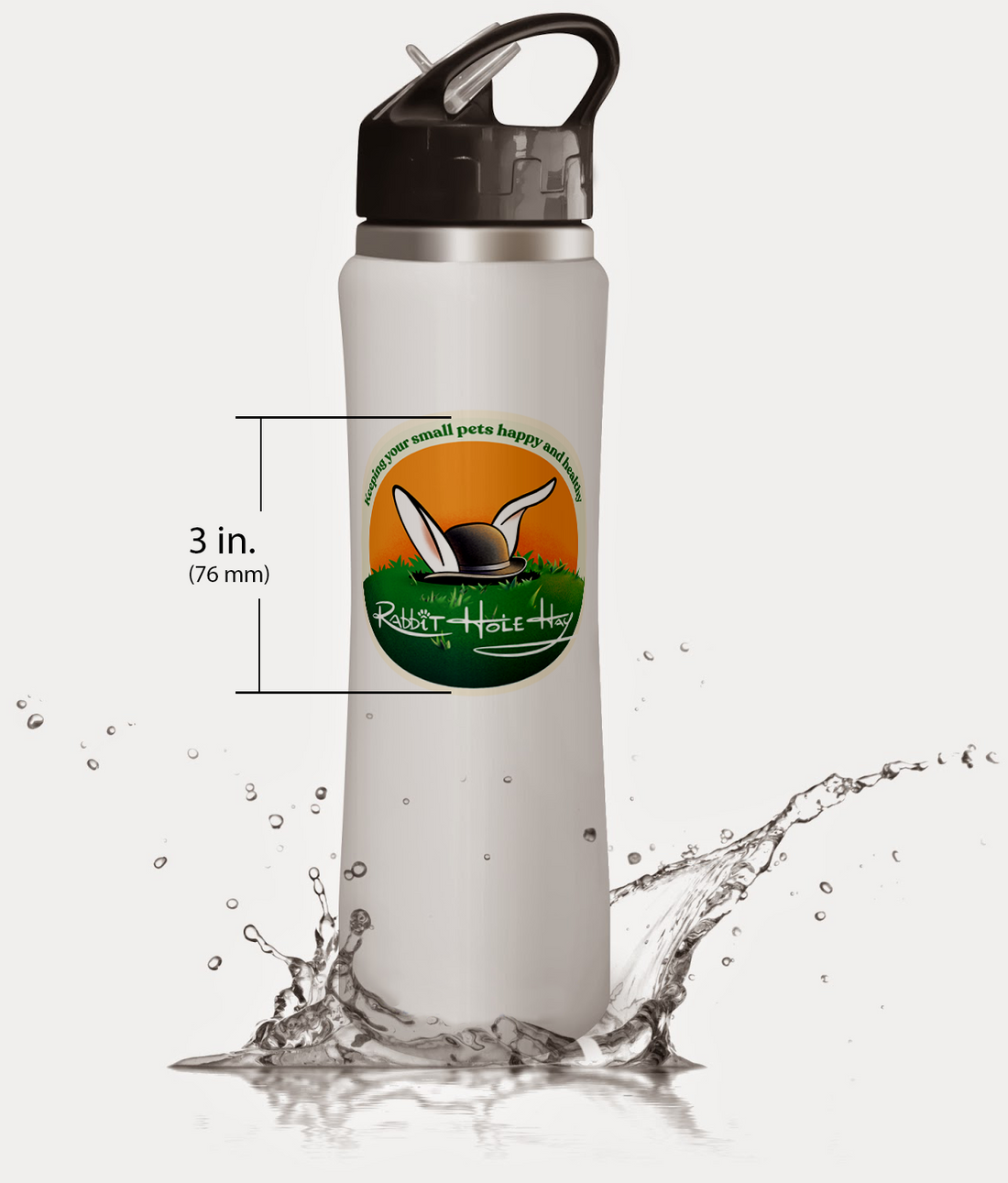








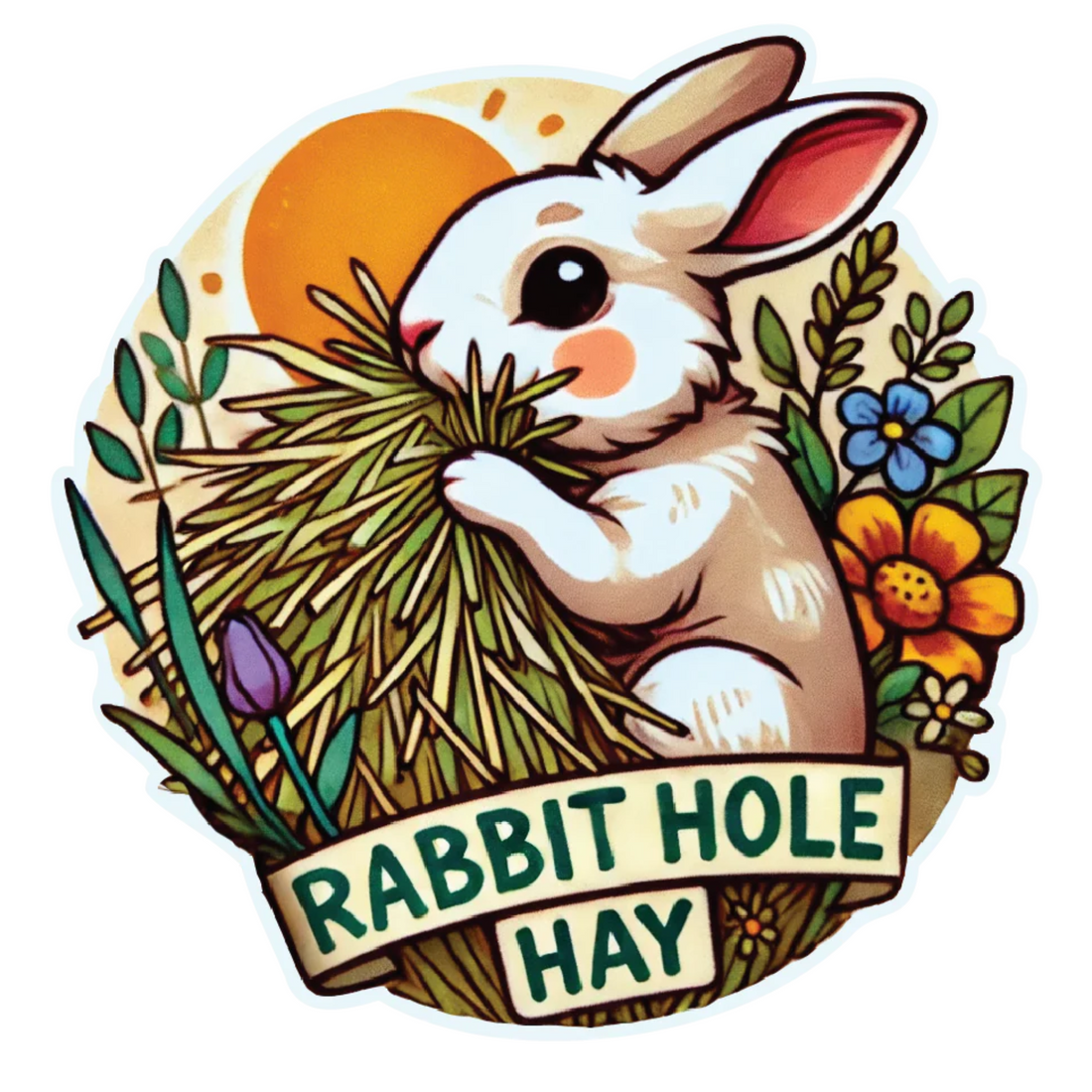
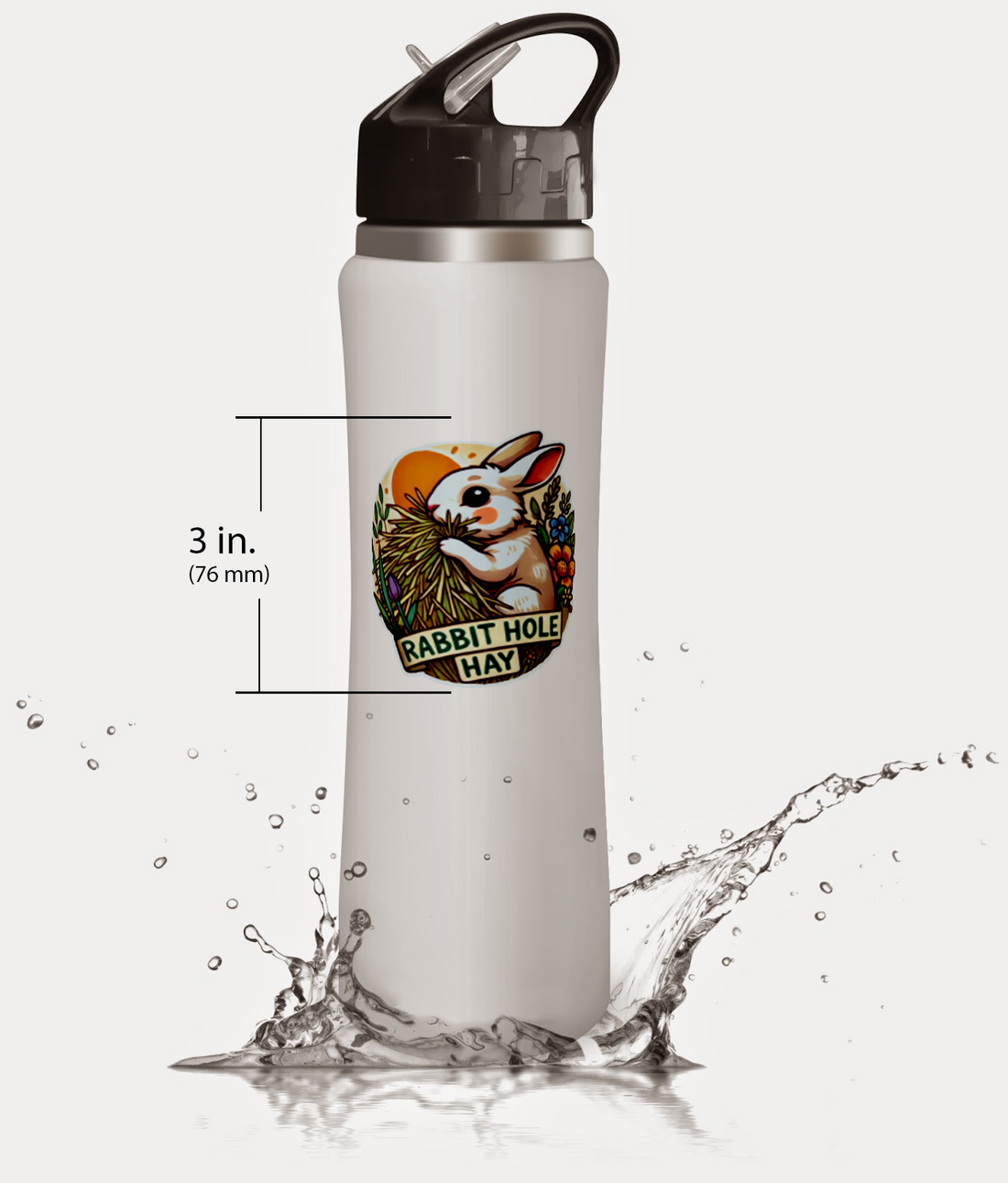
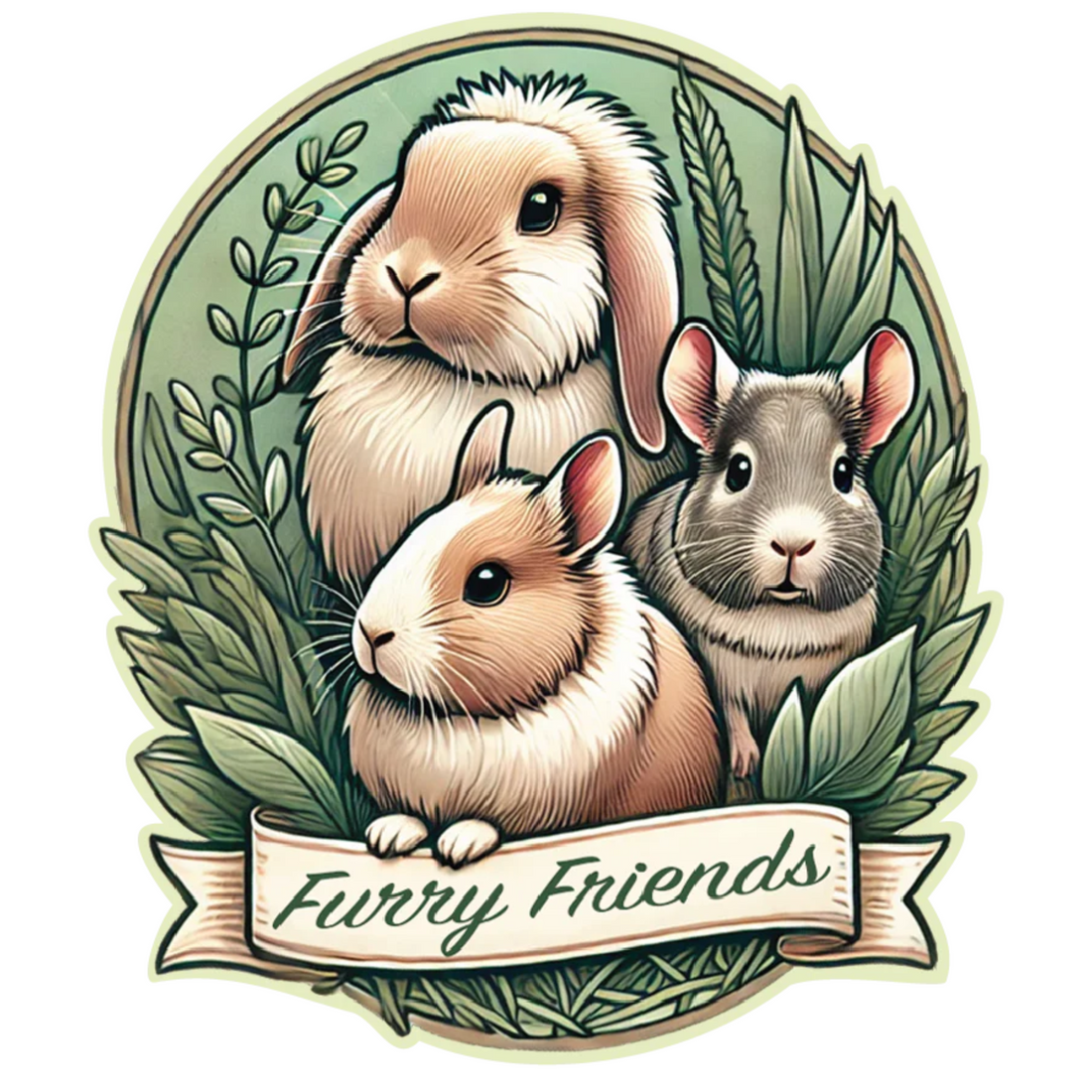
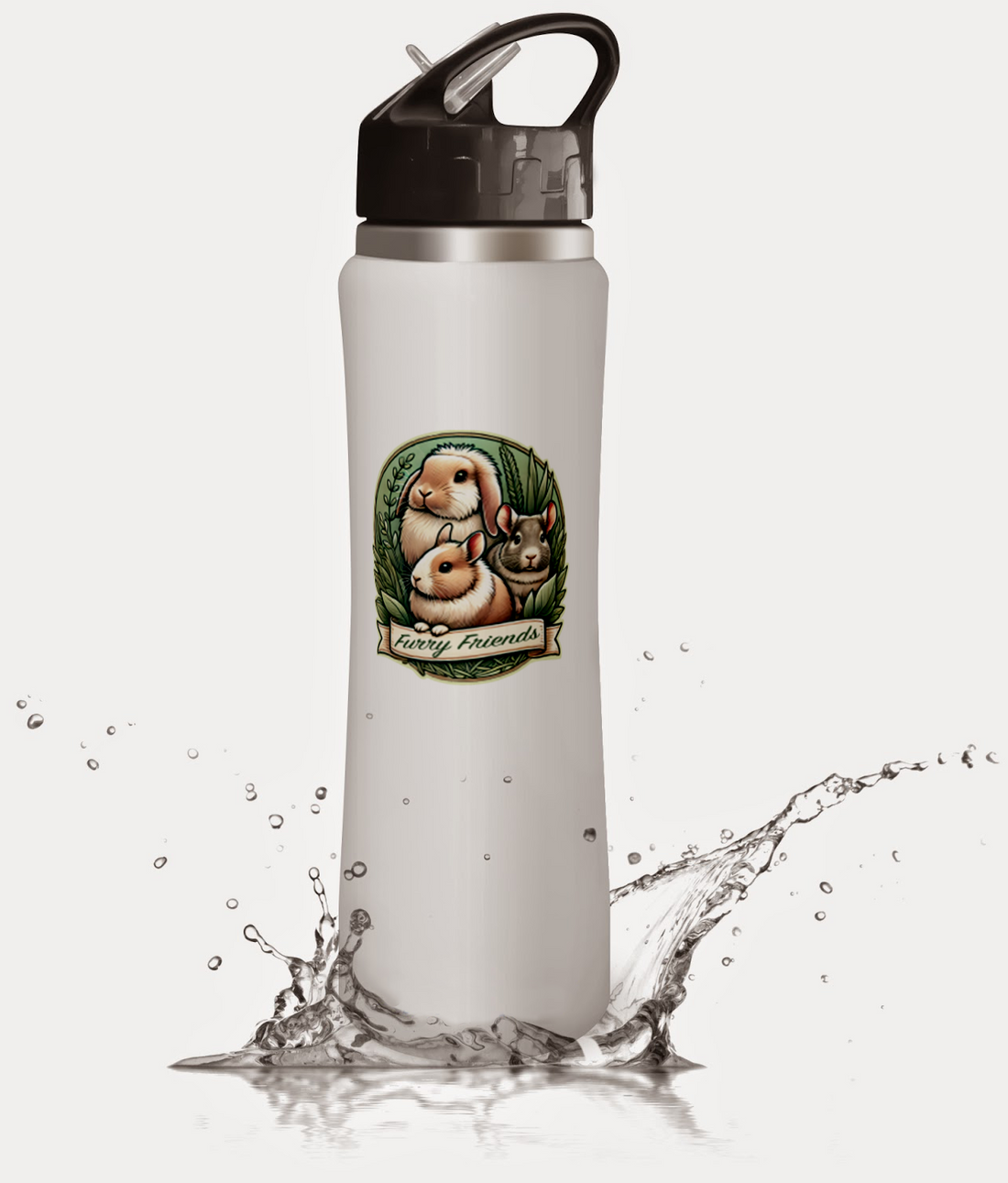

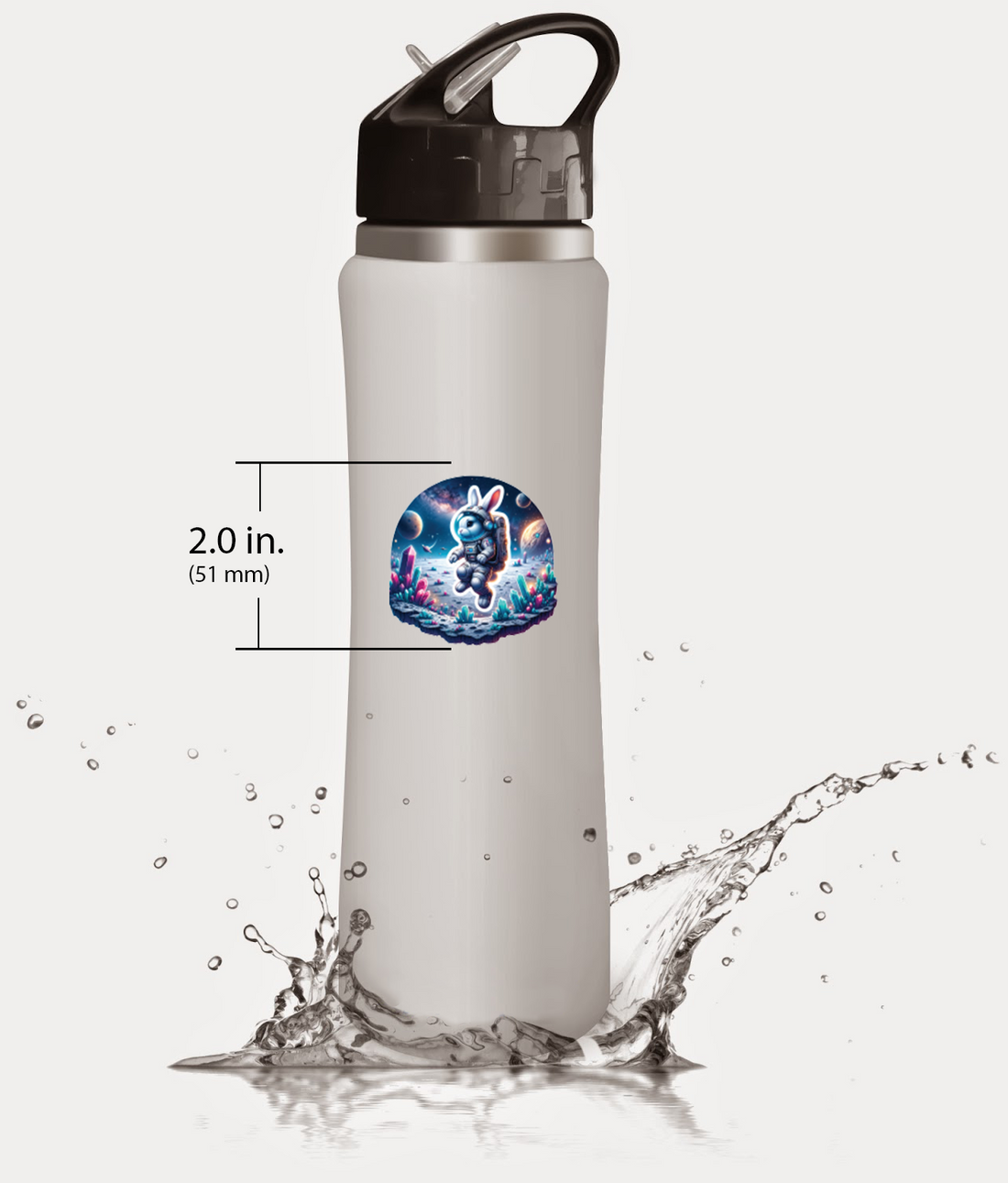



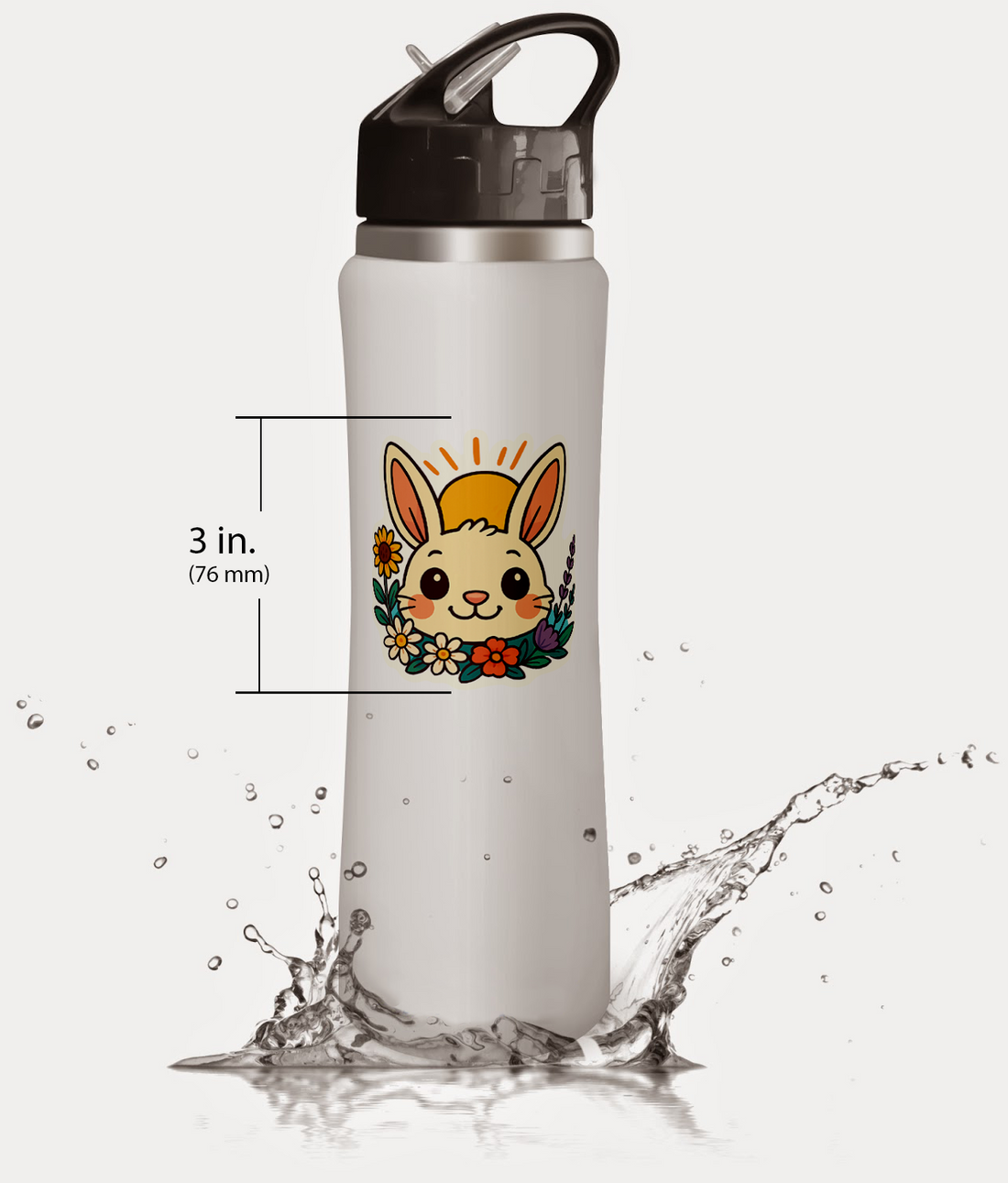







Comments